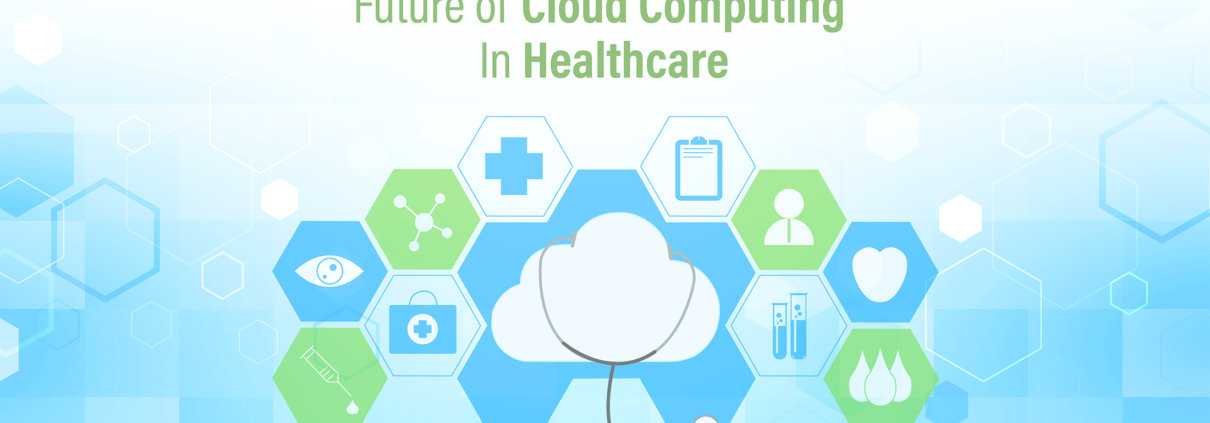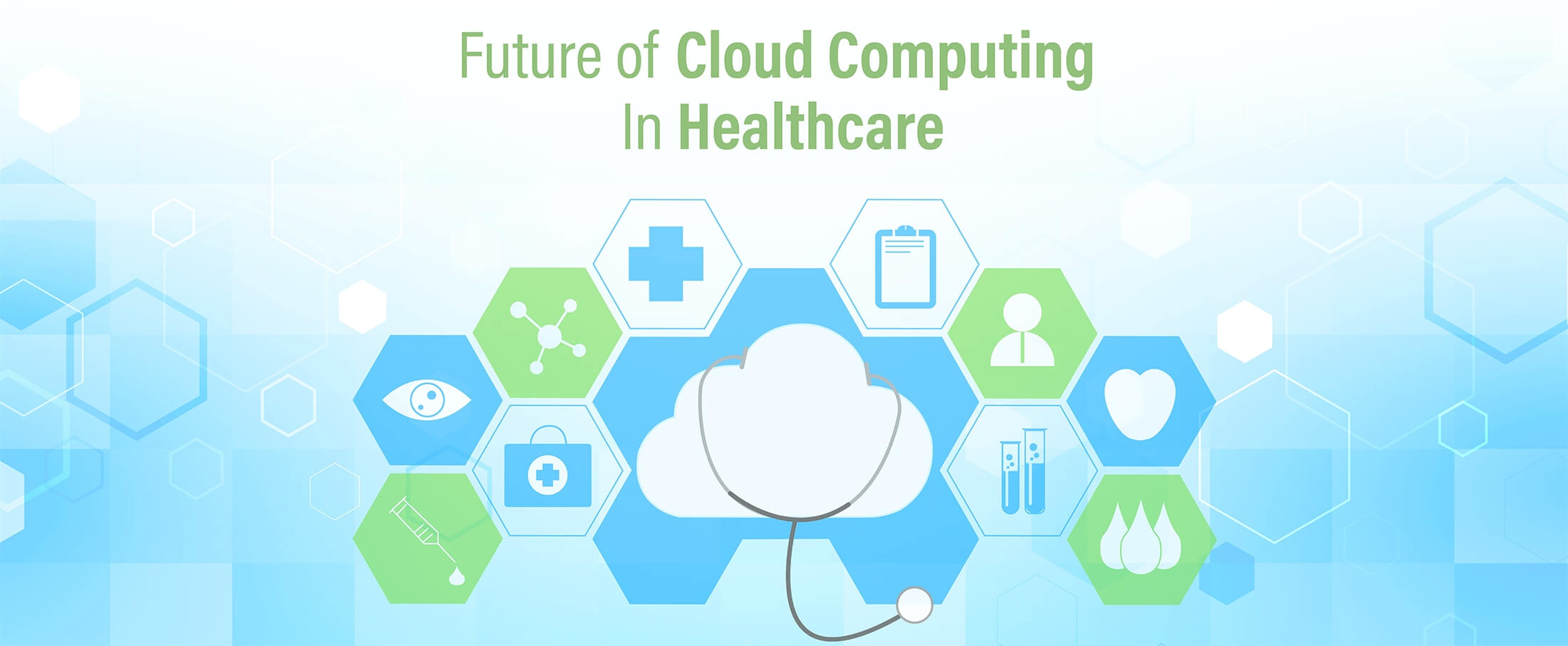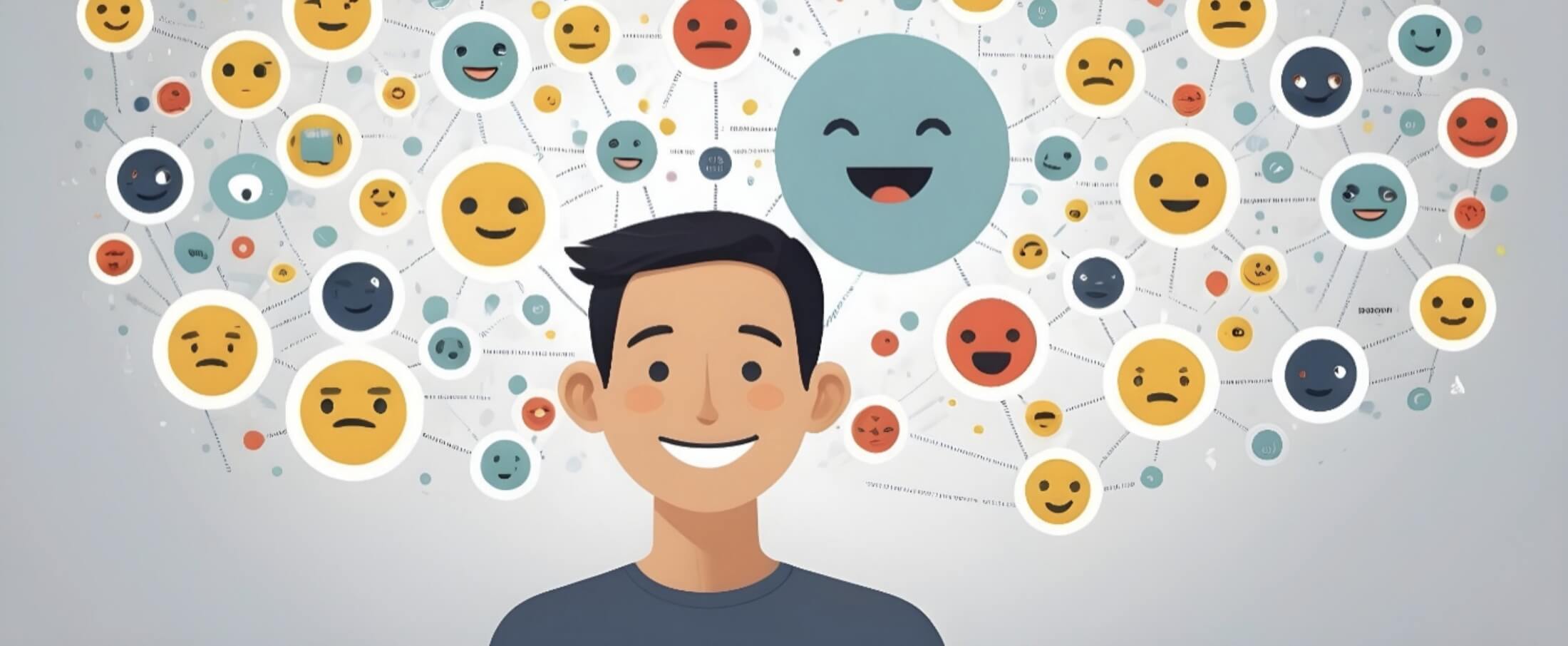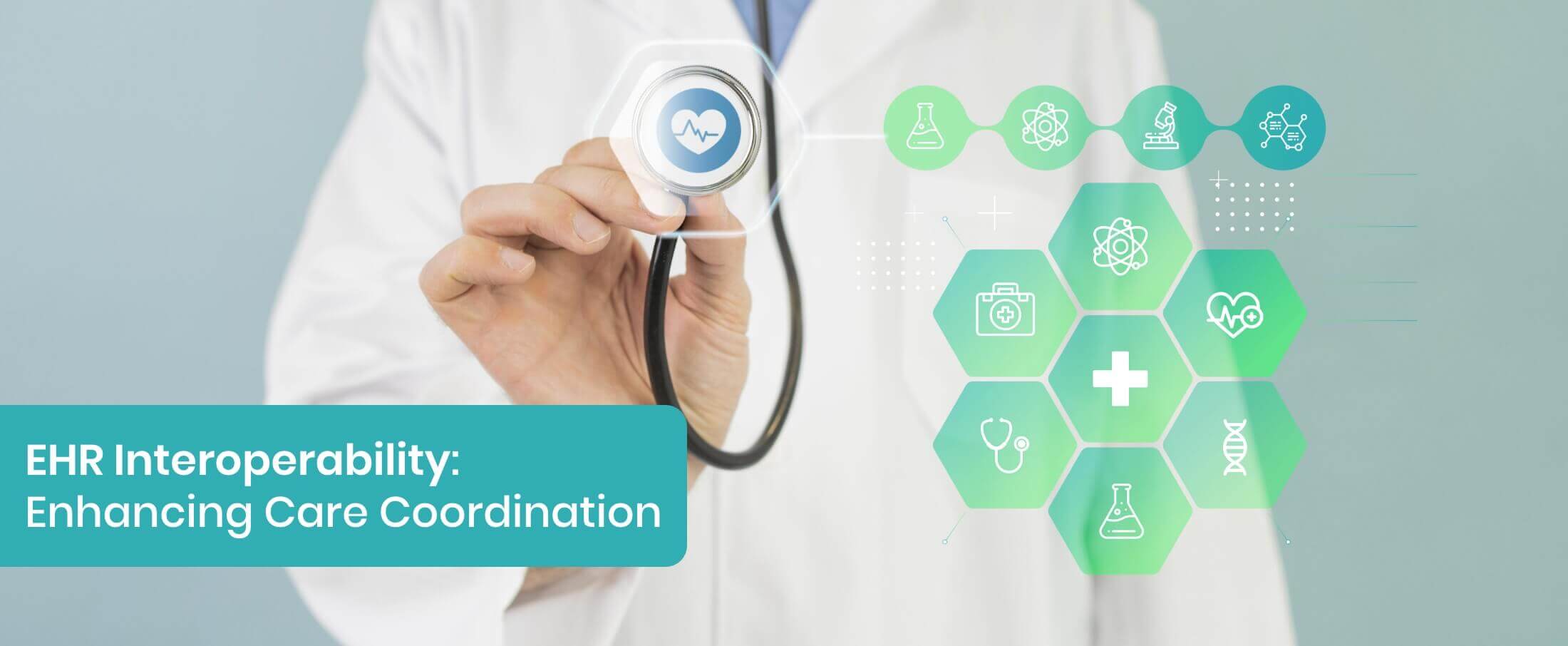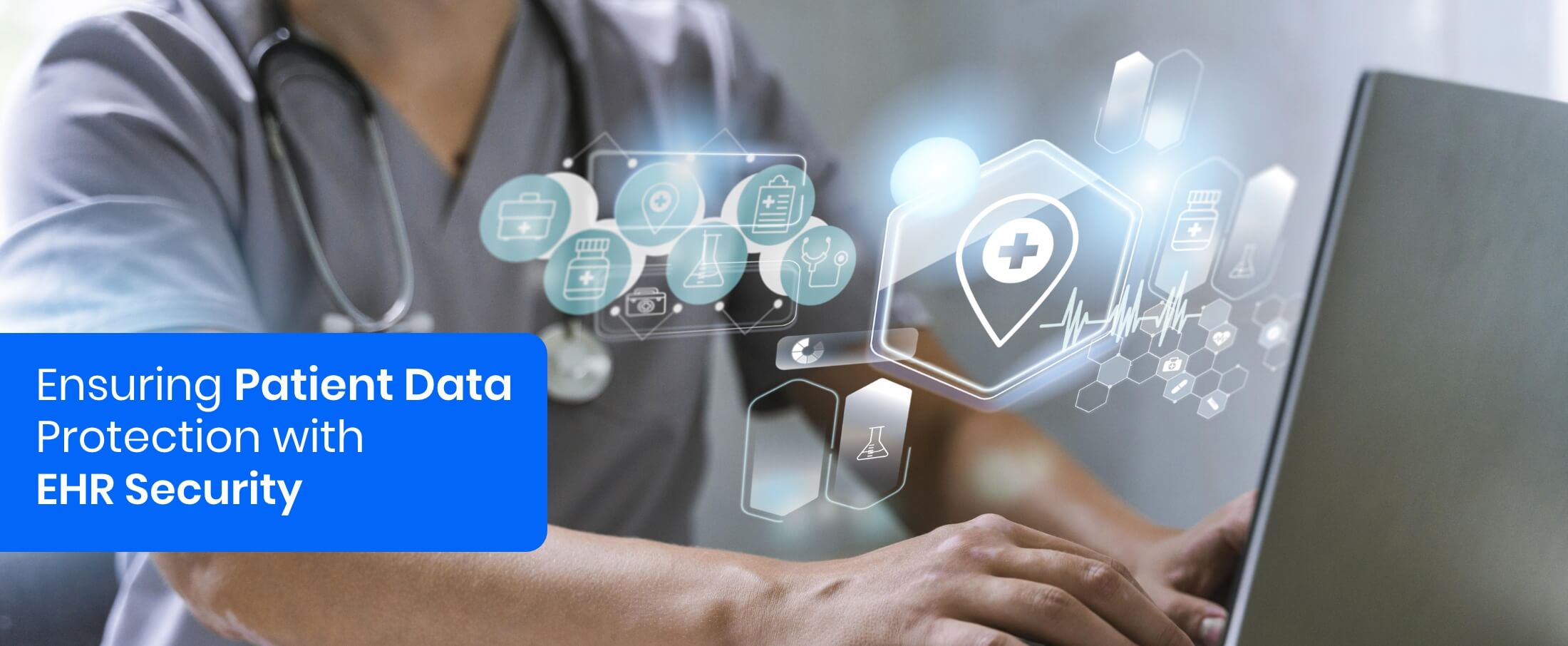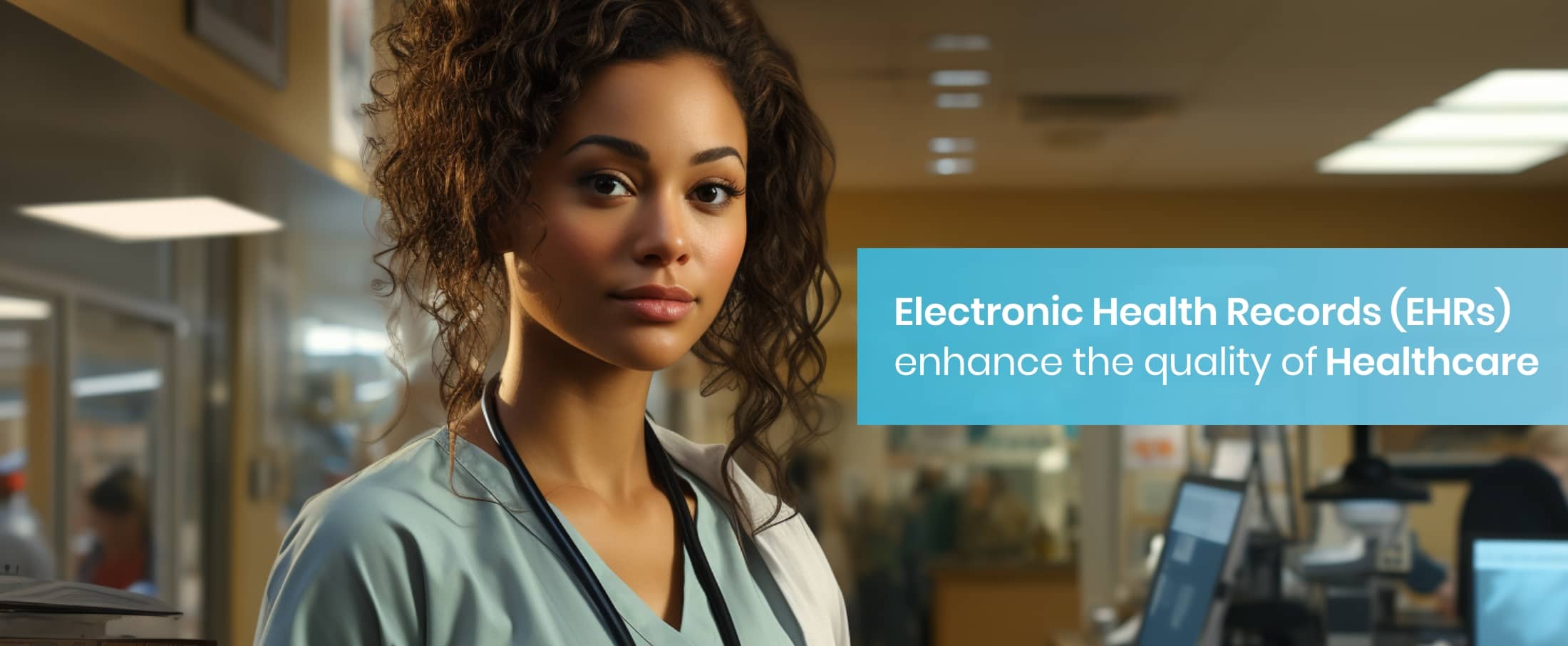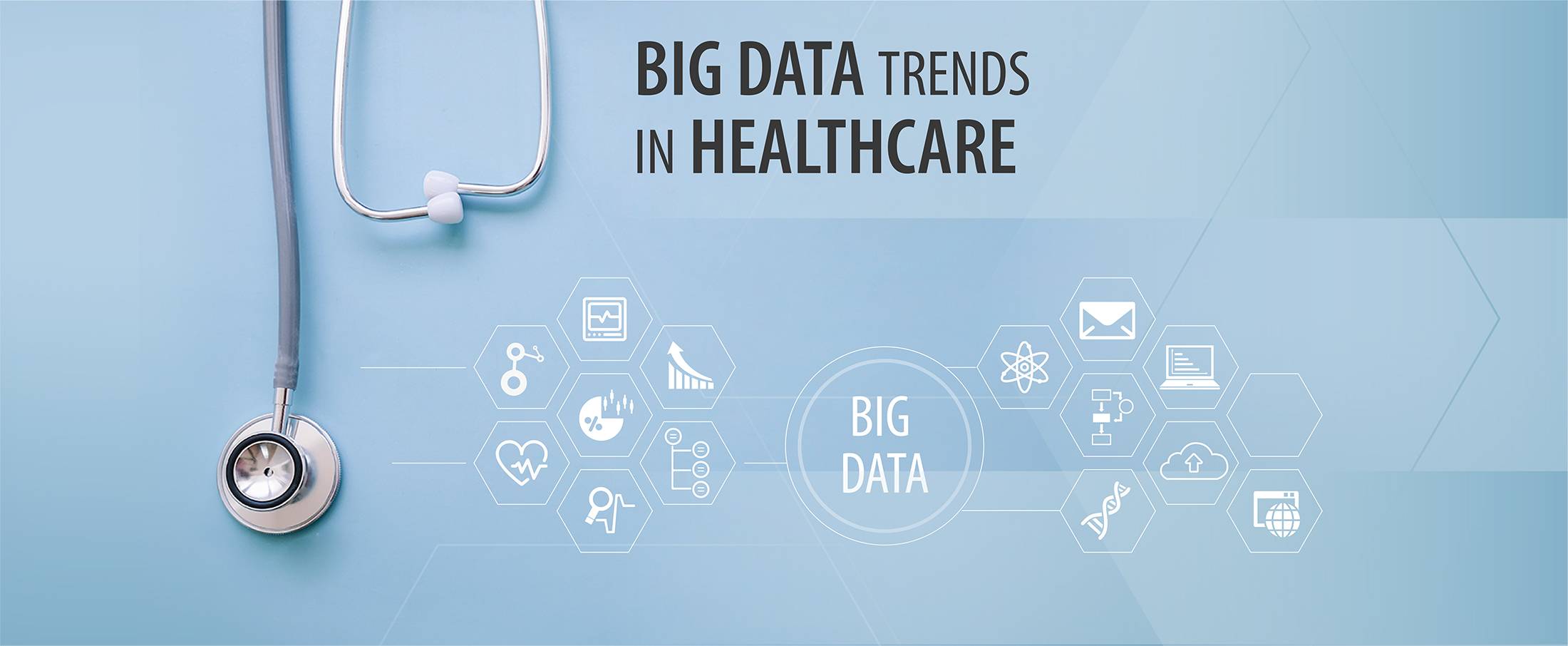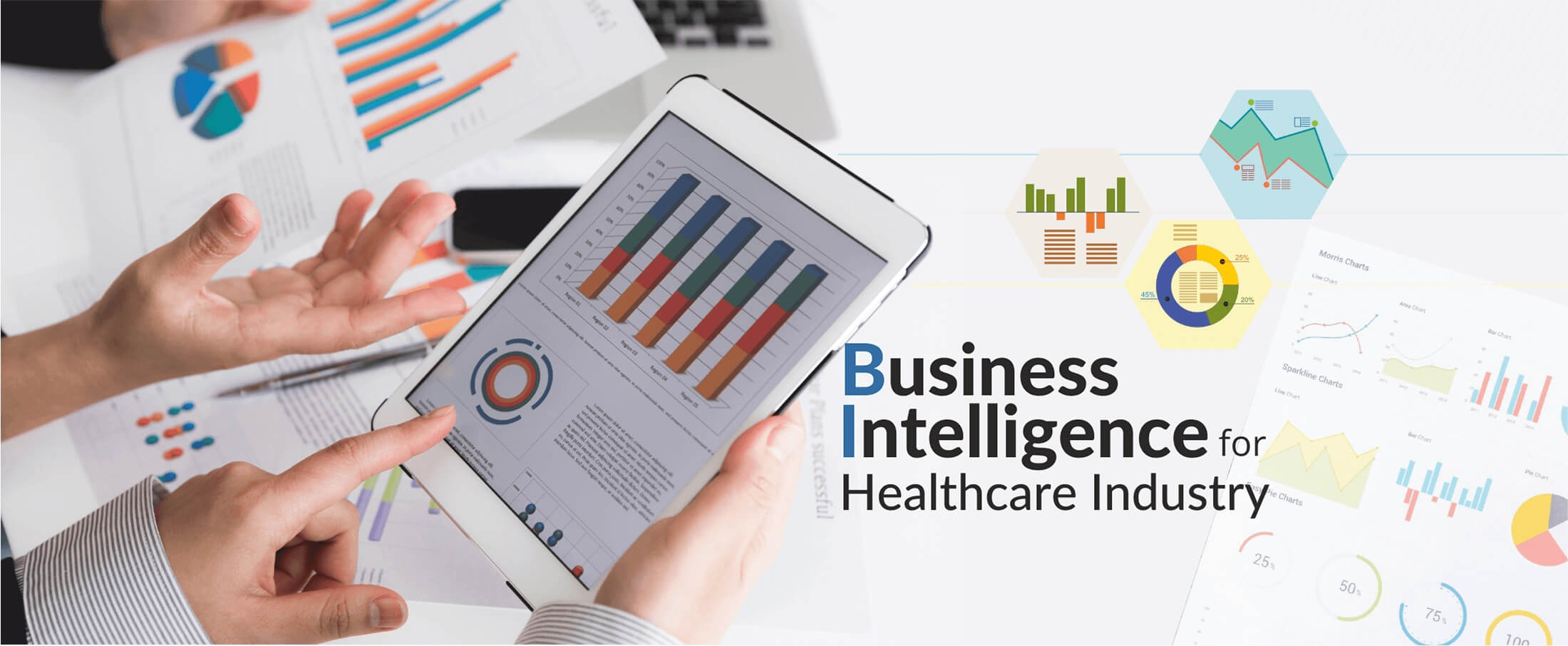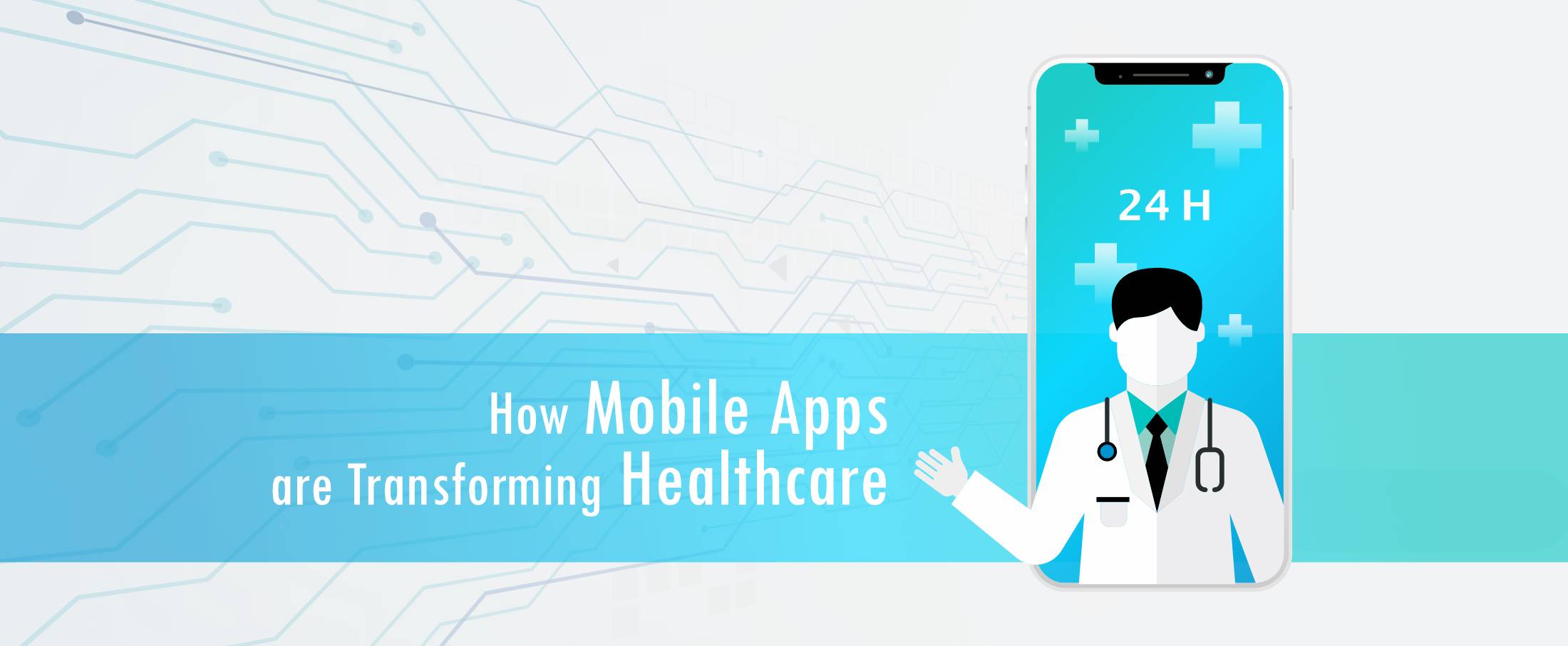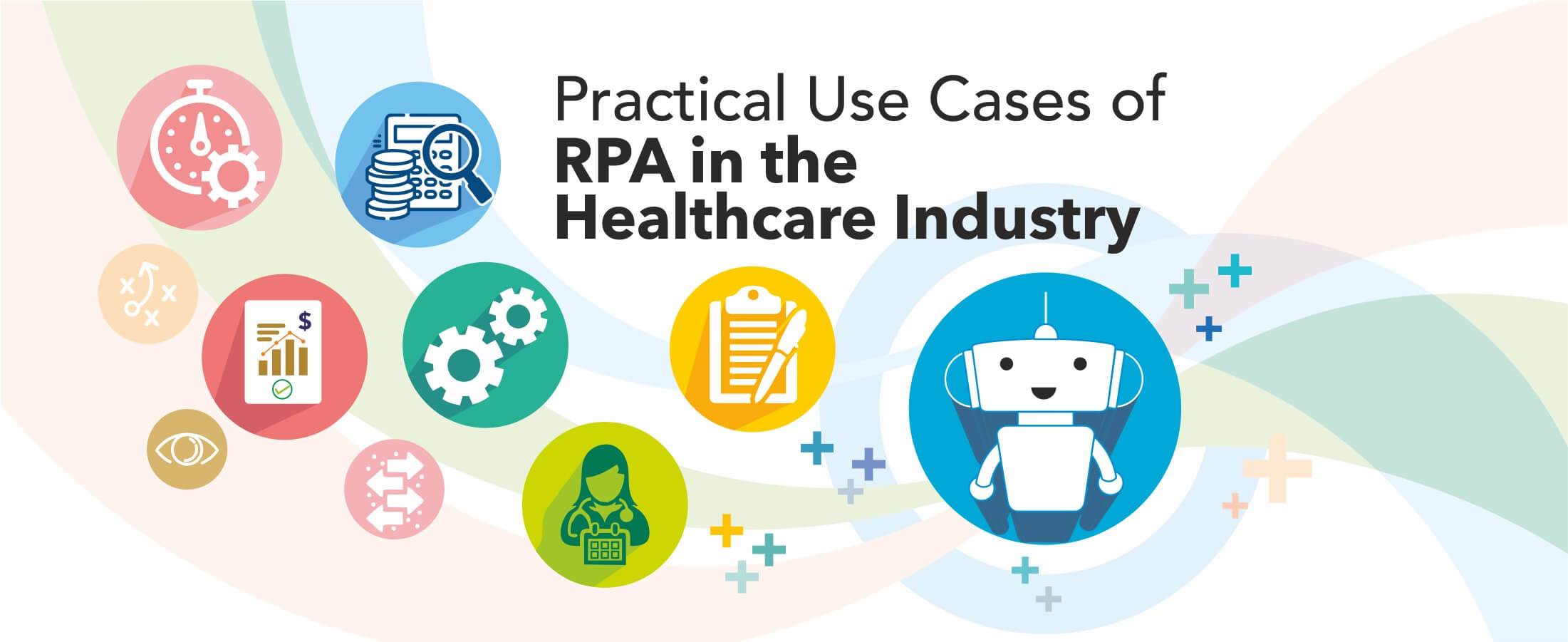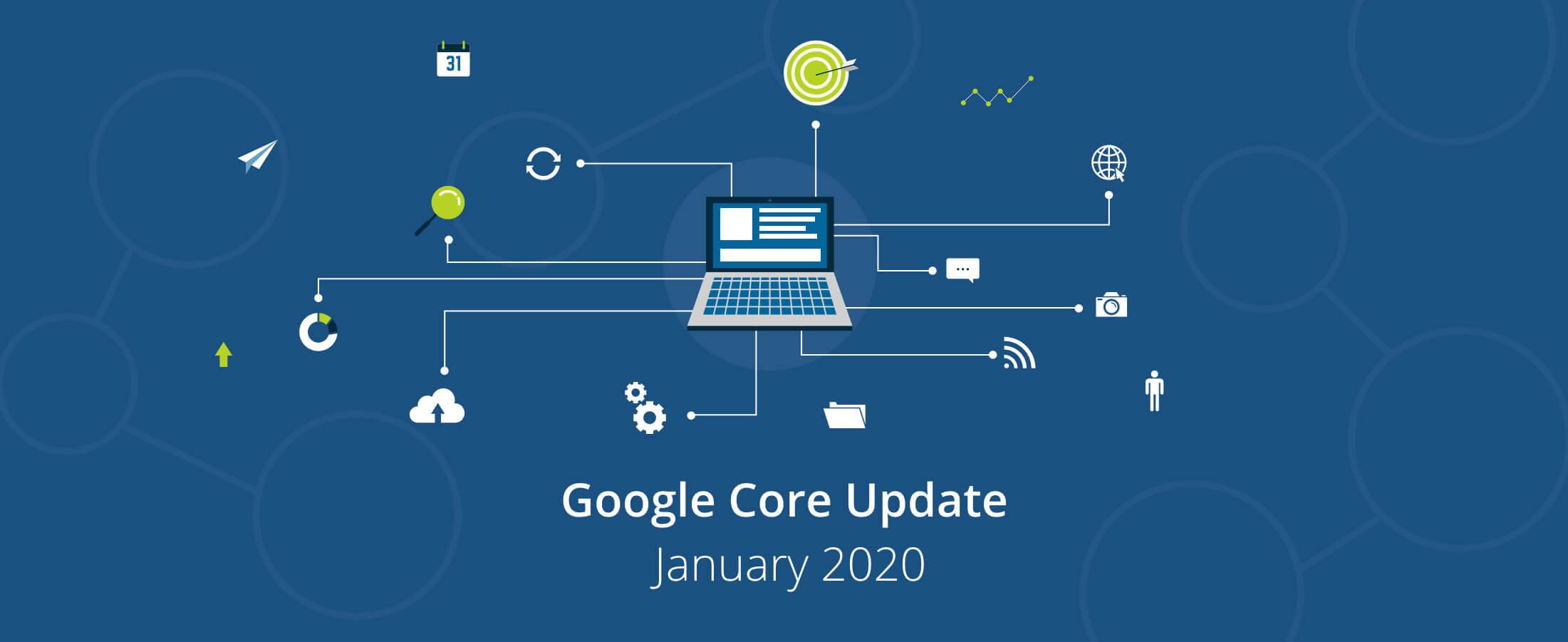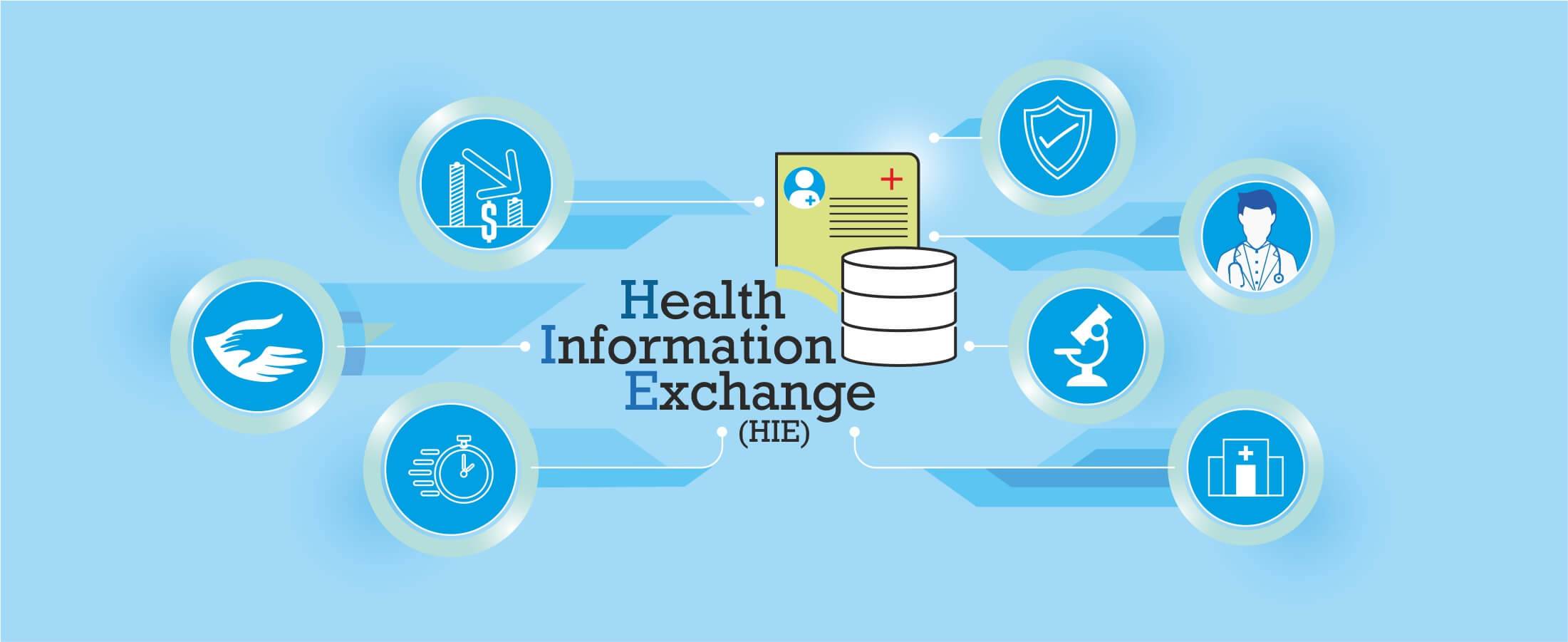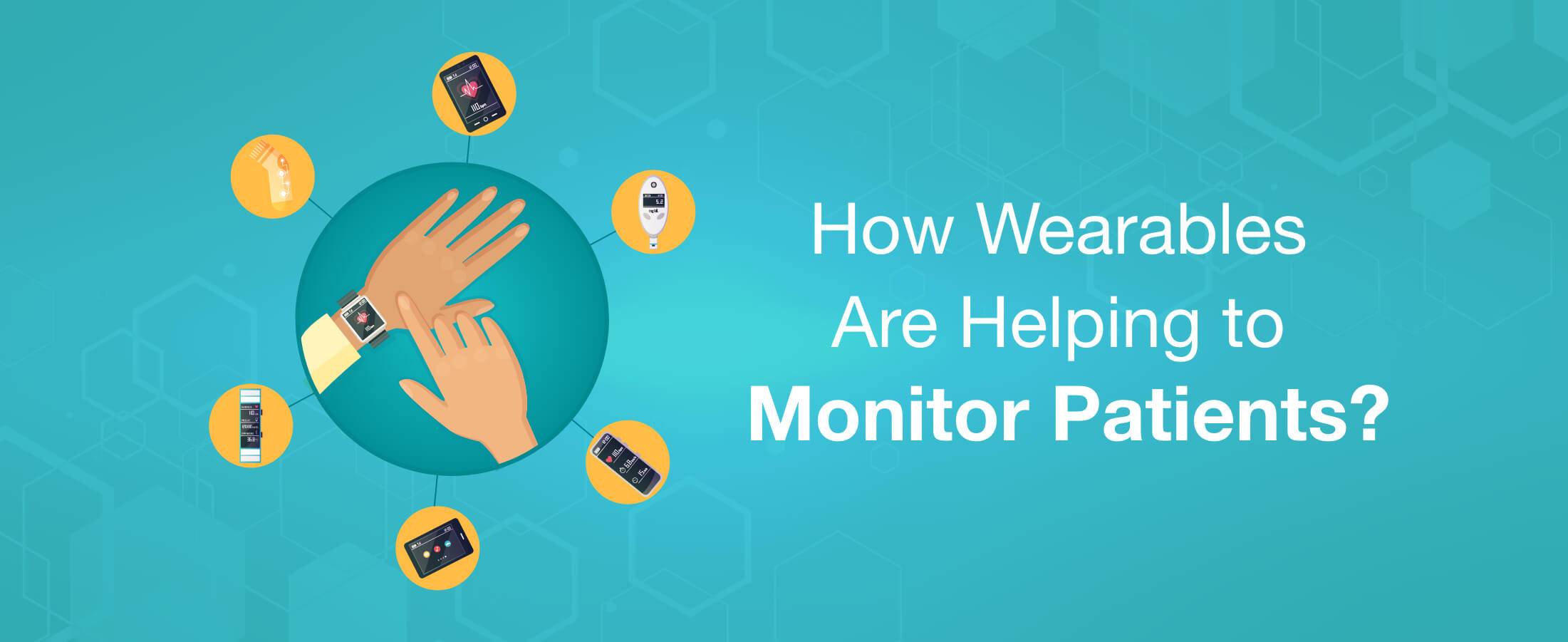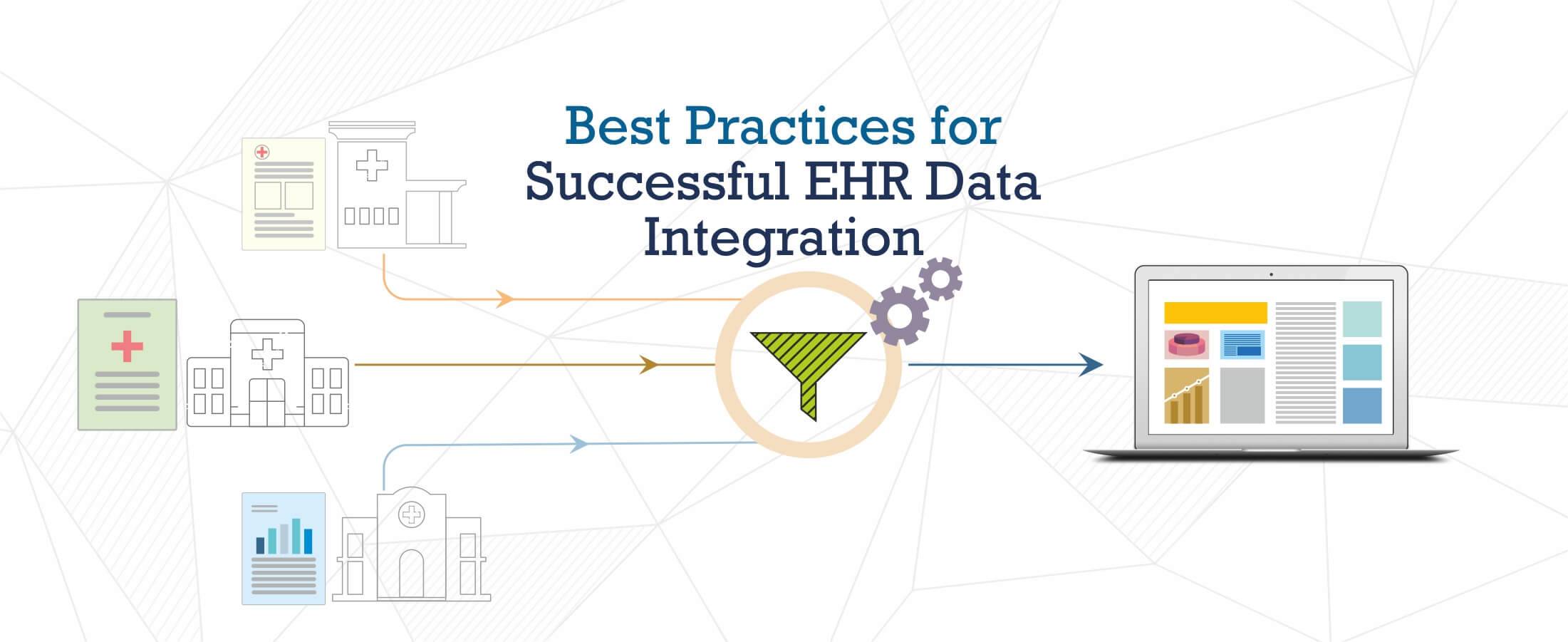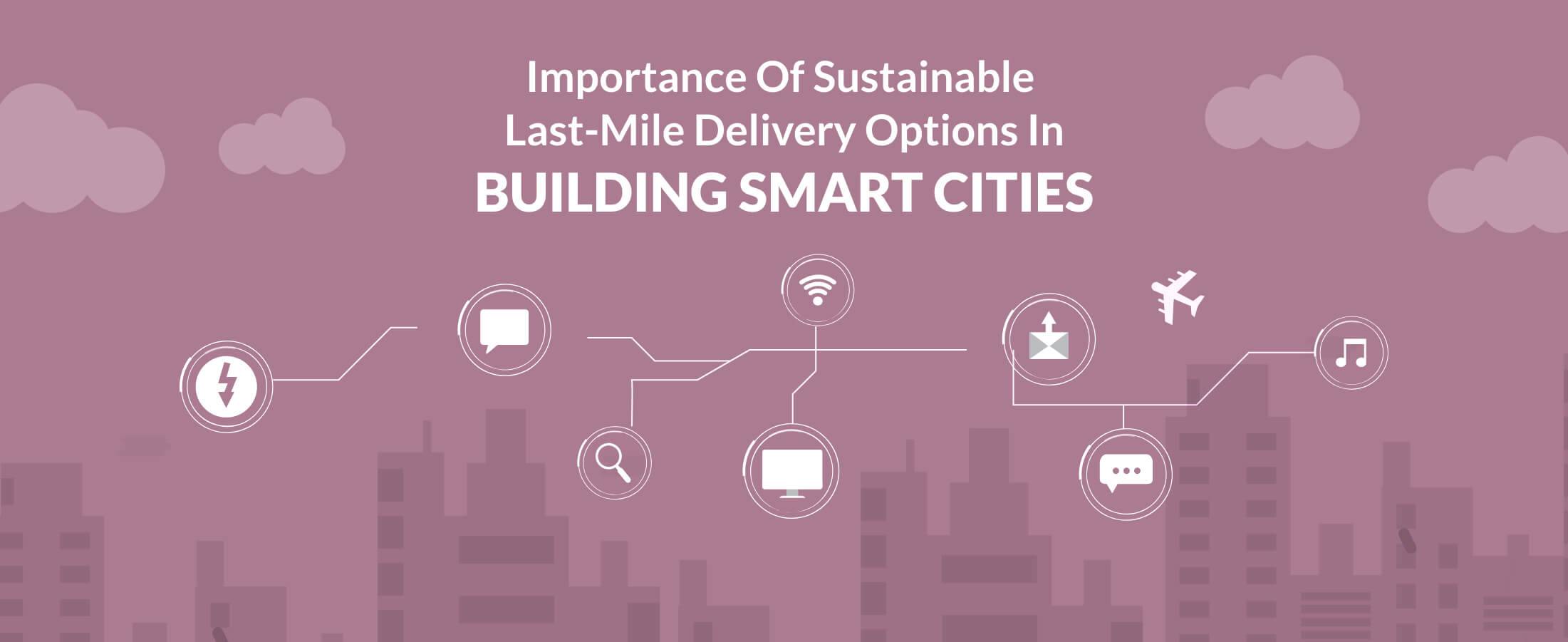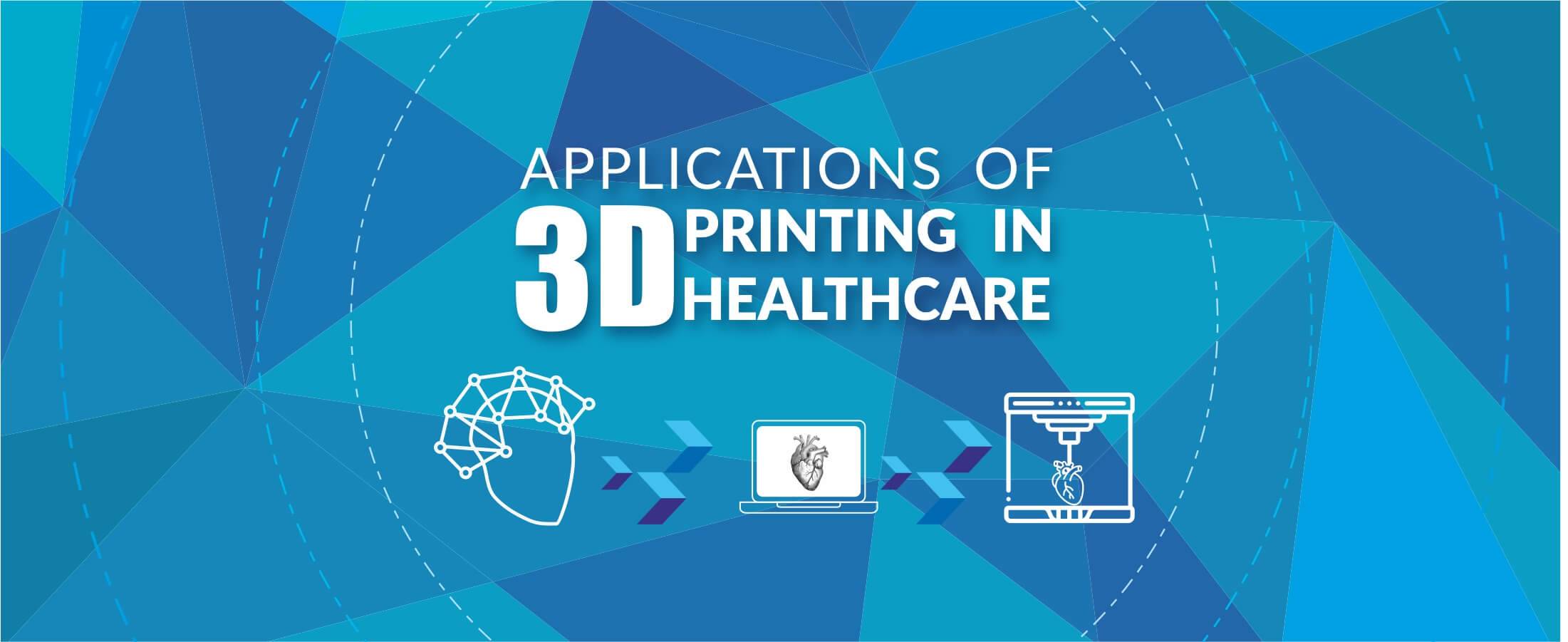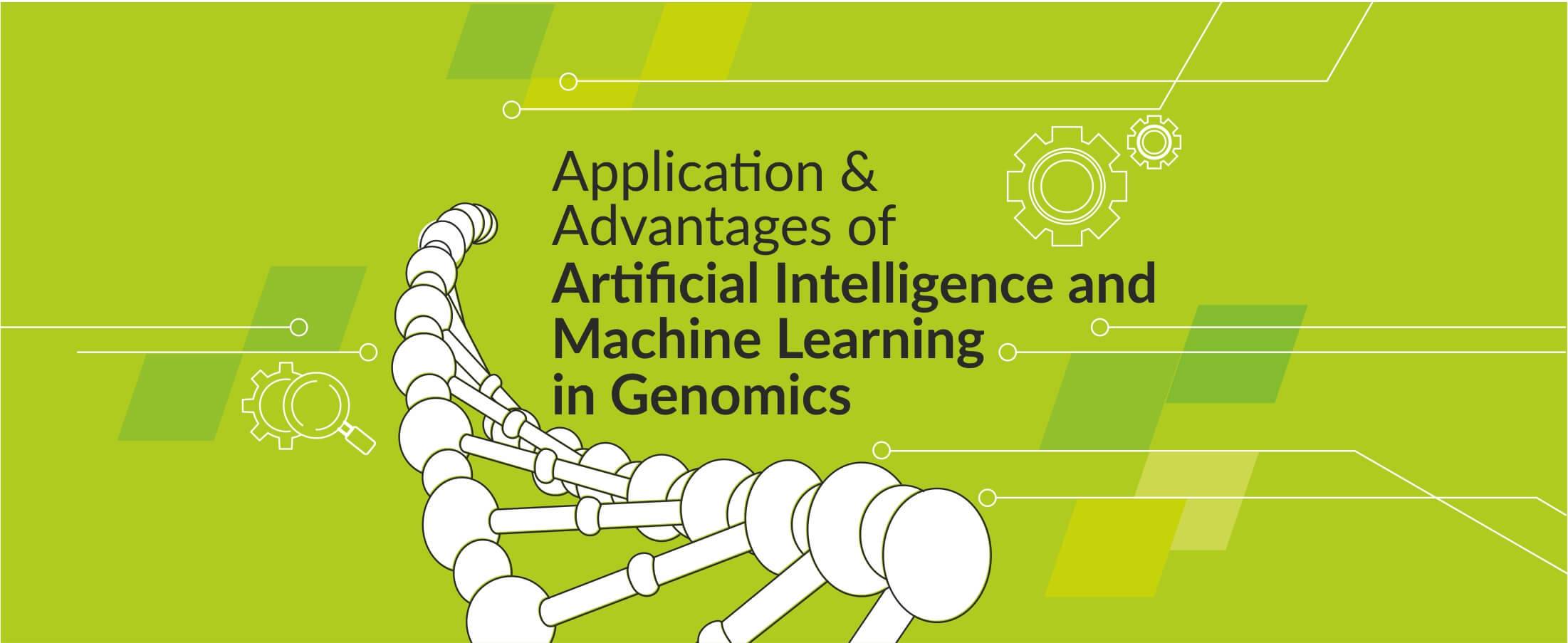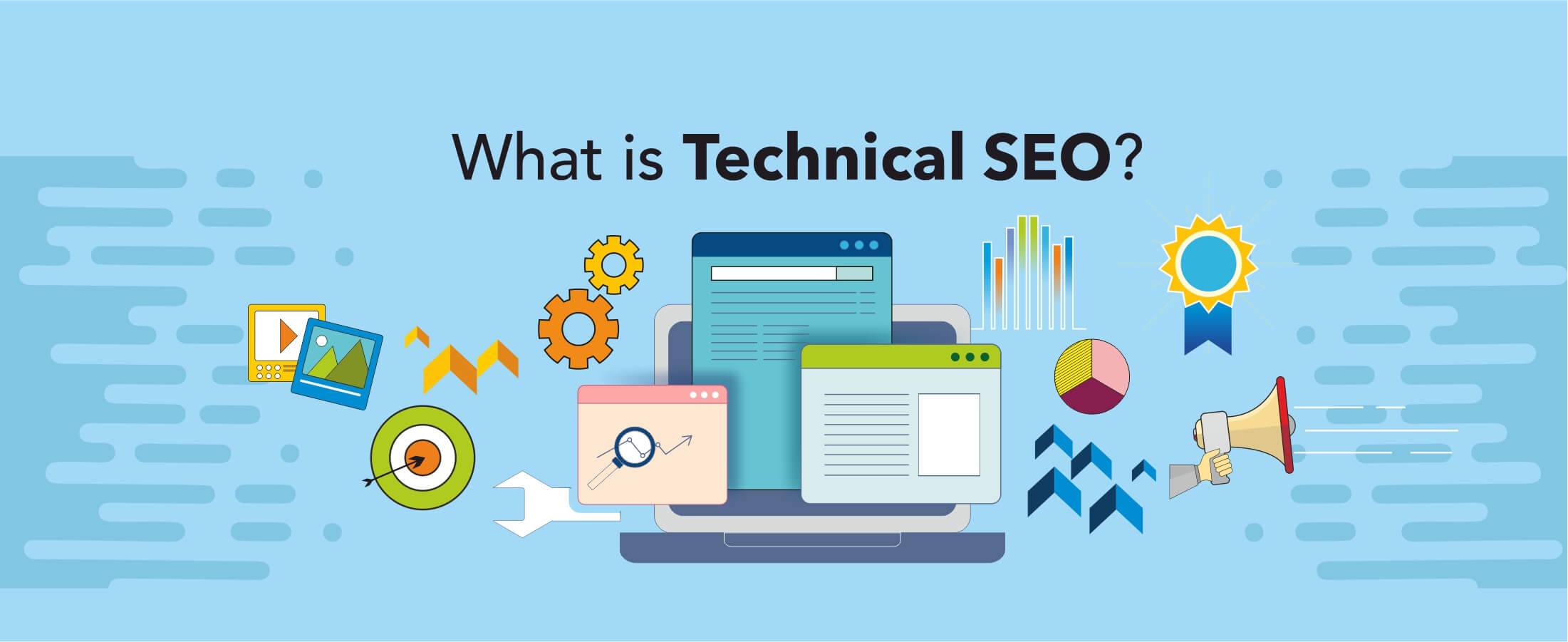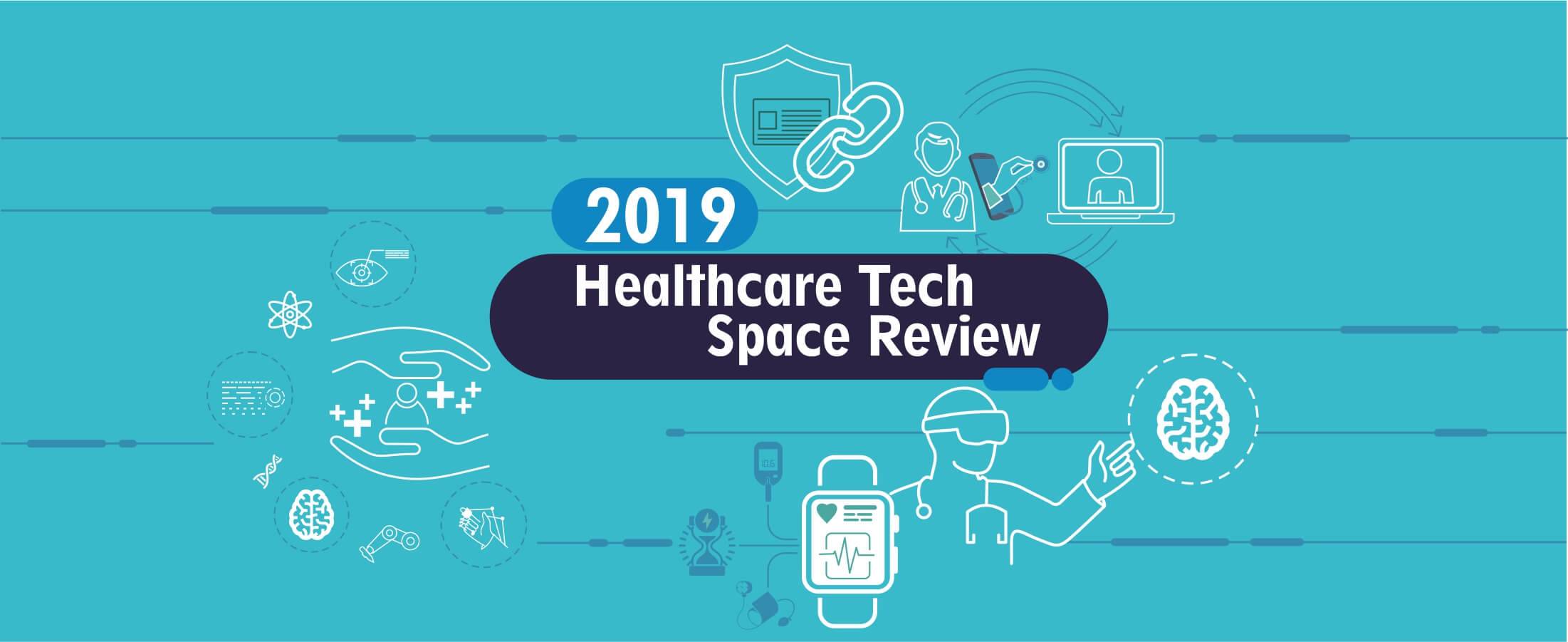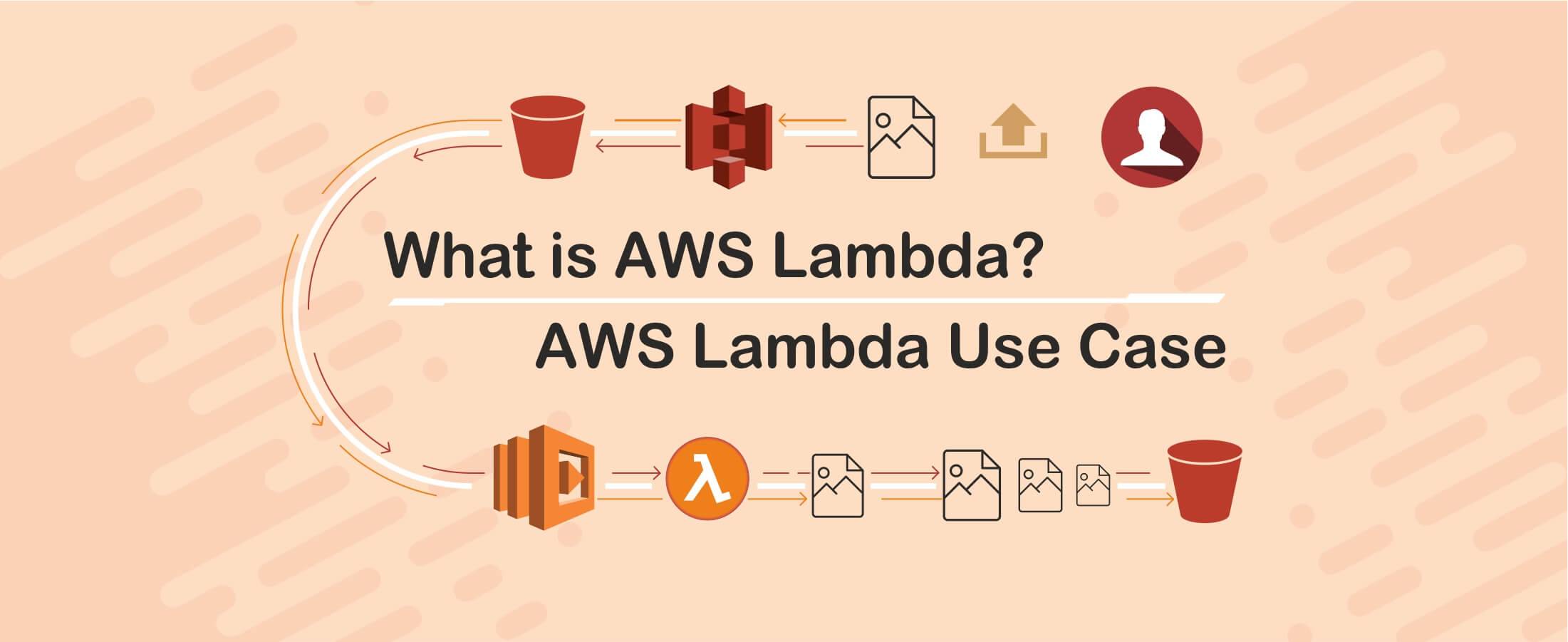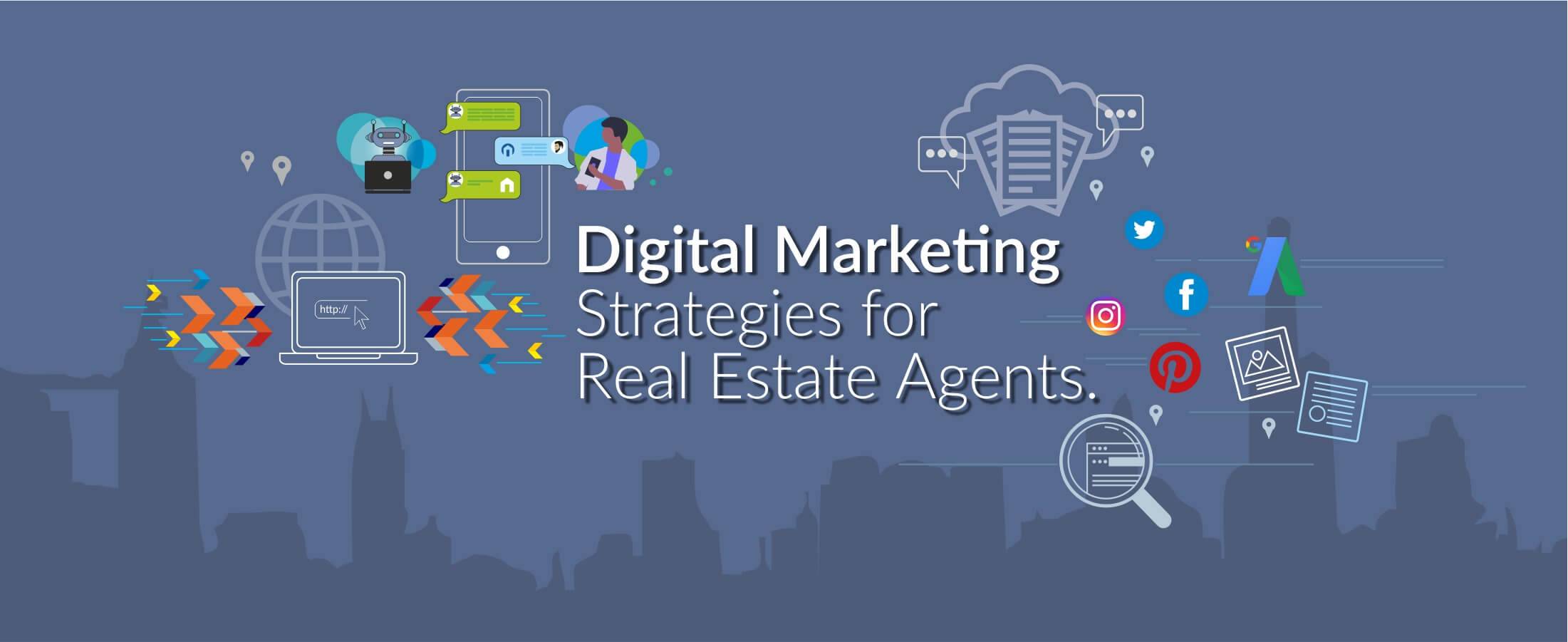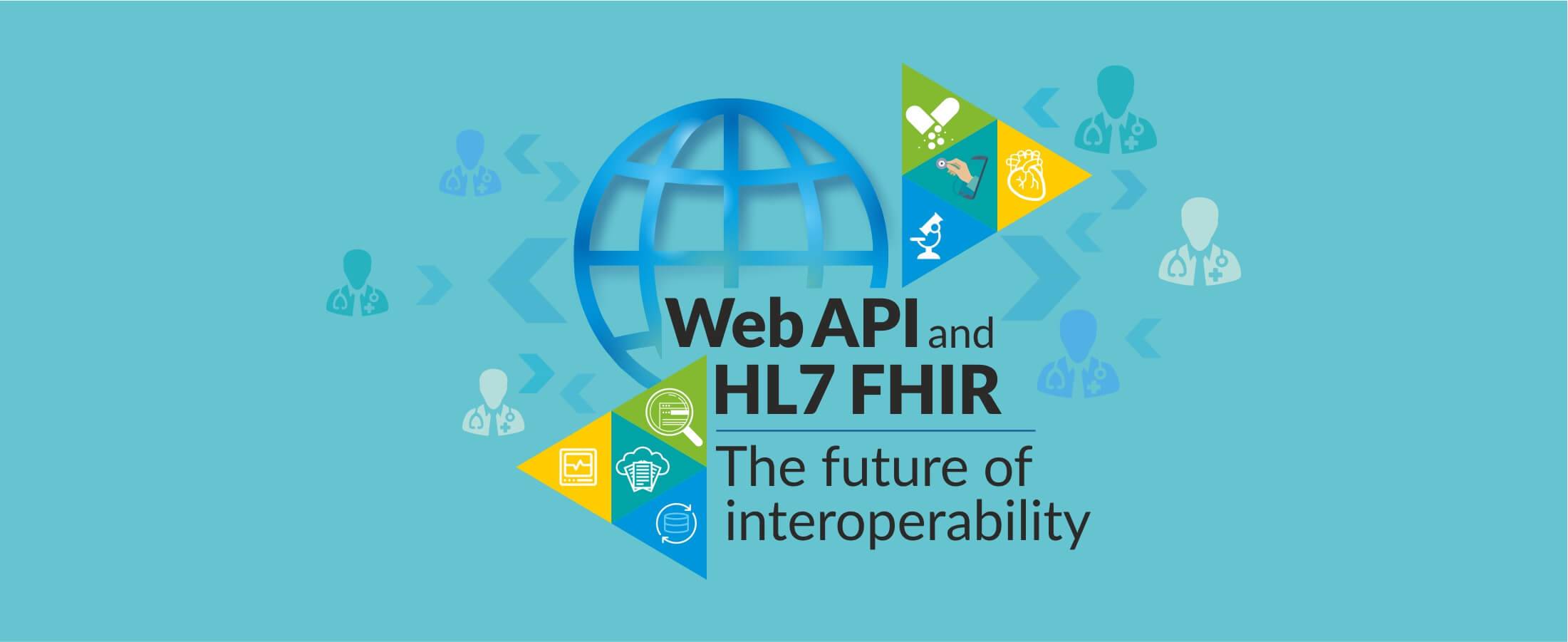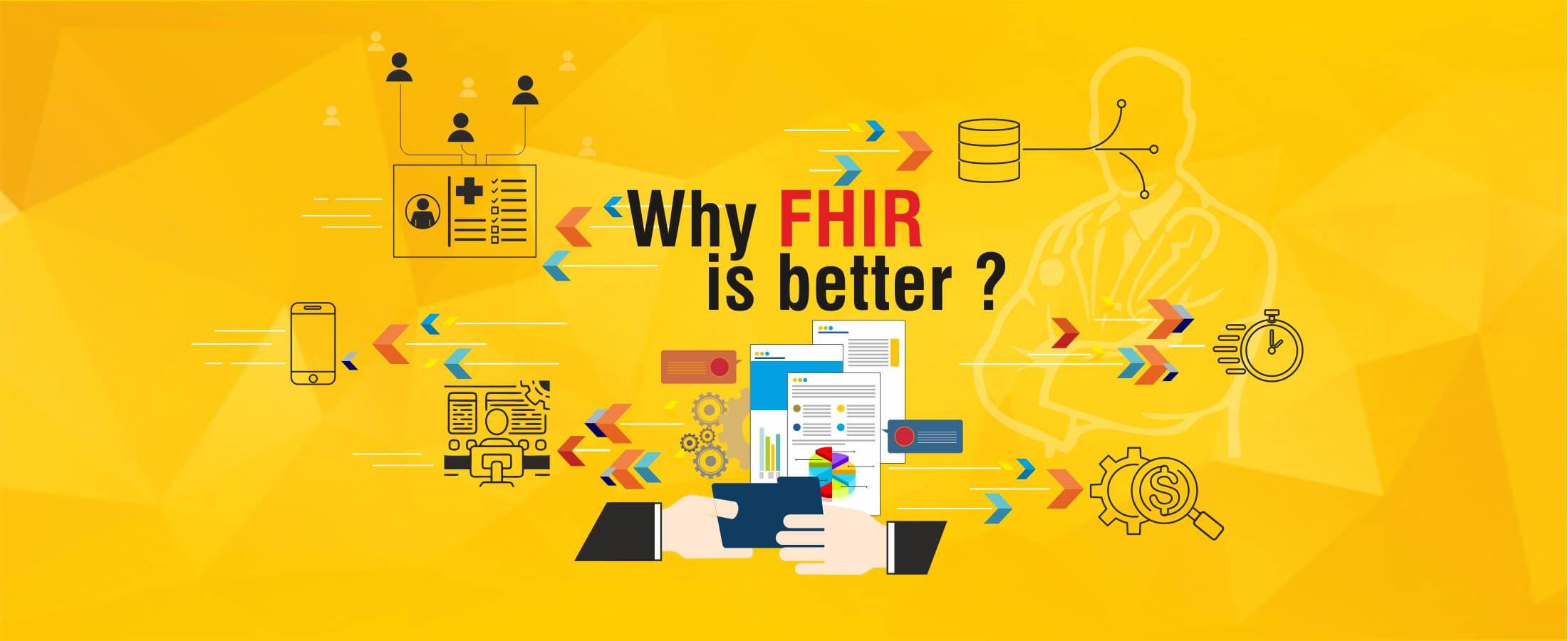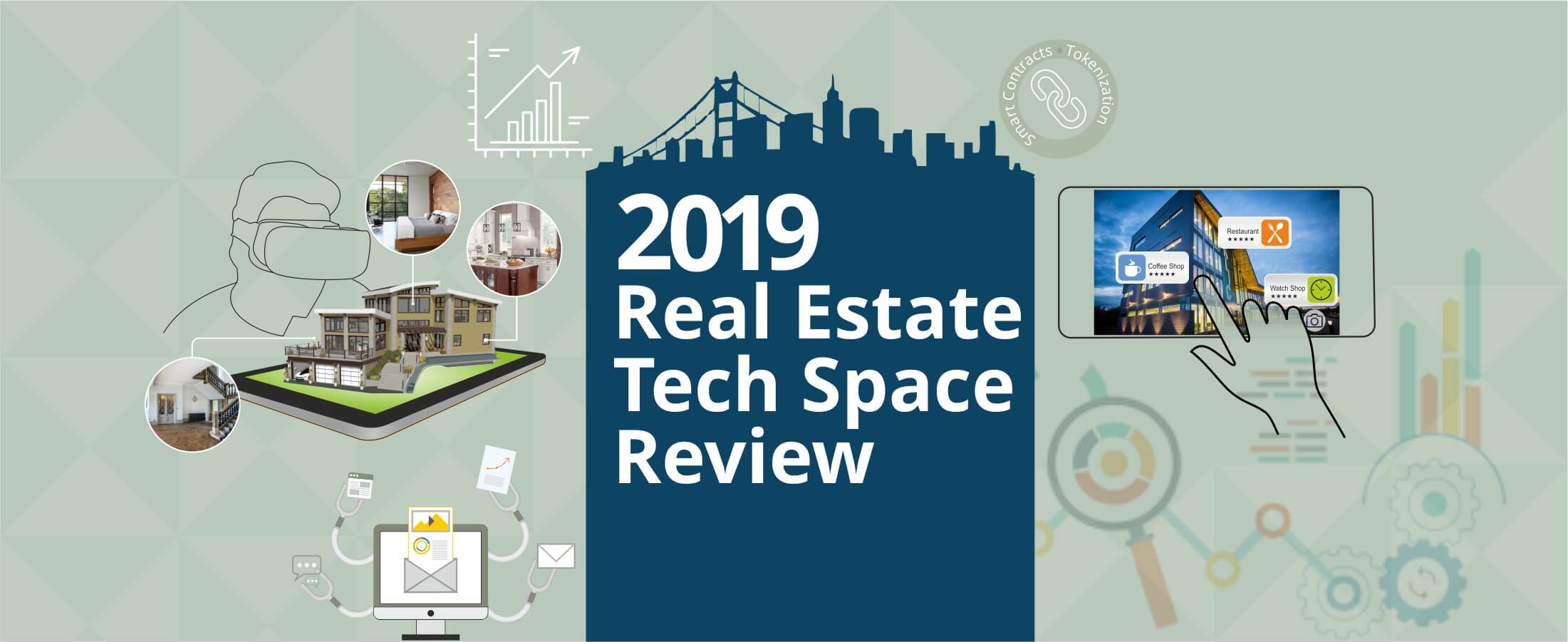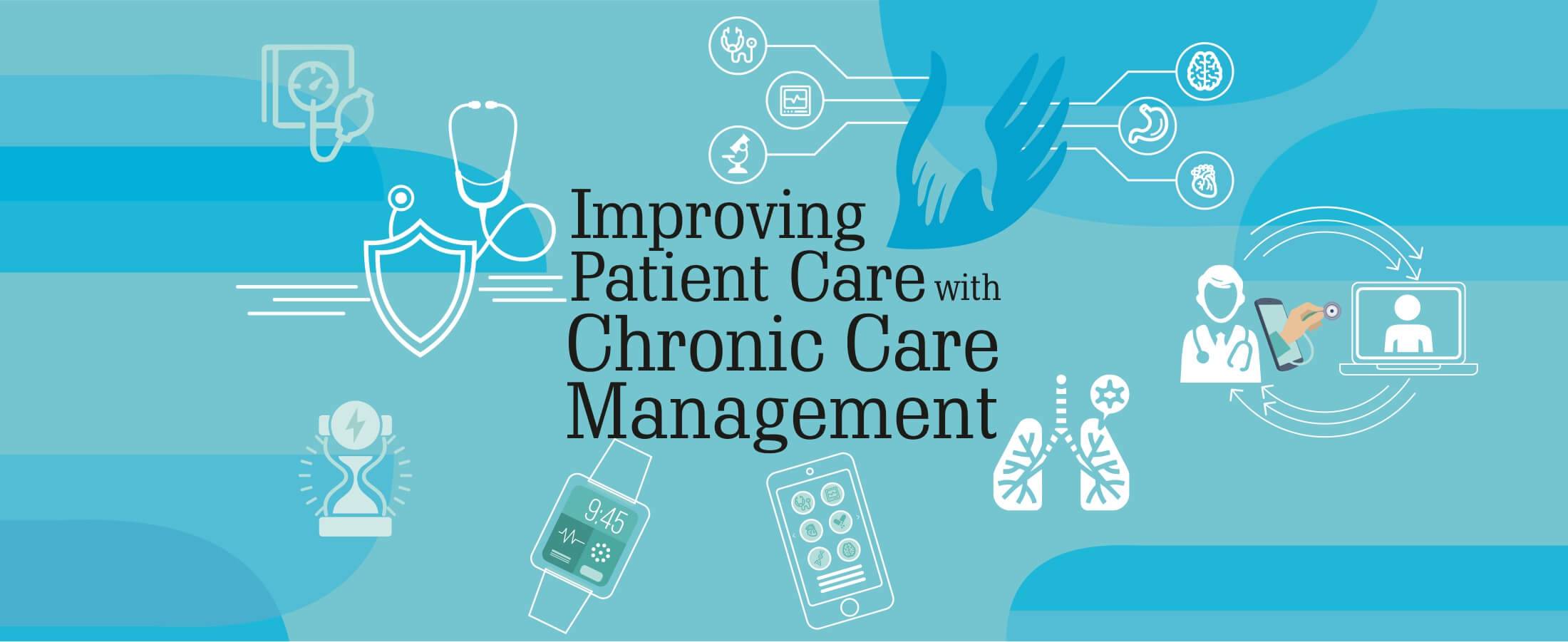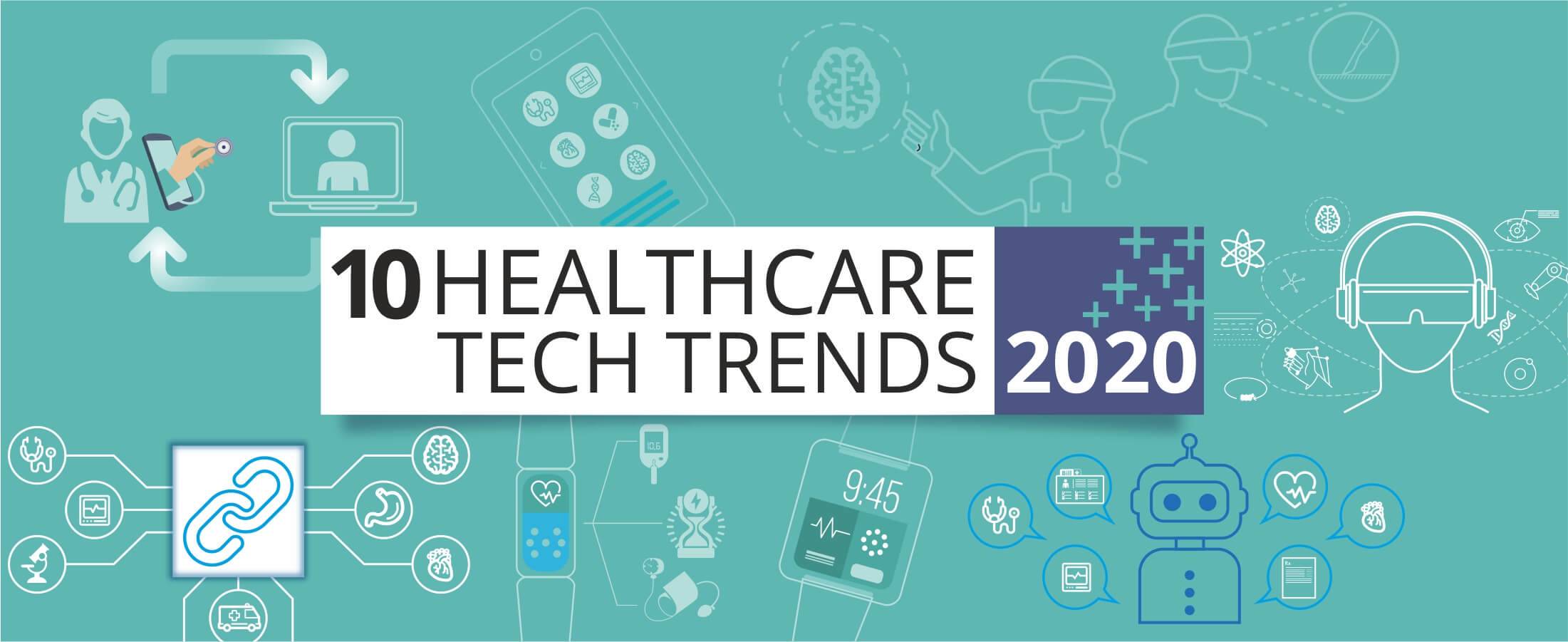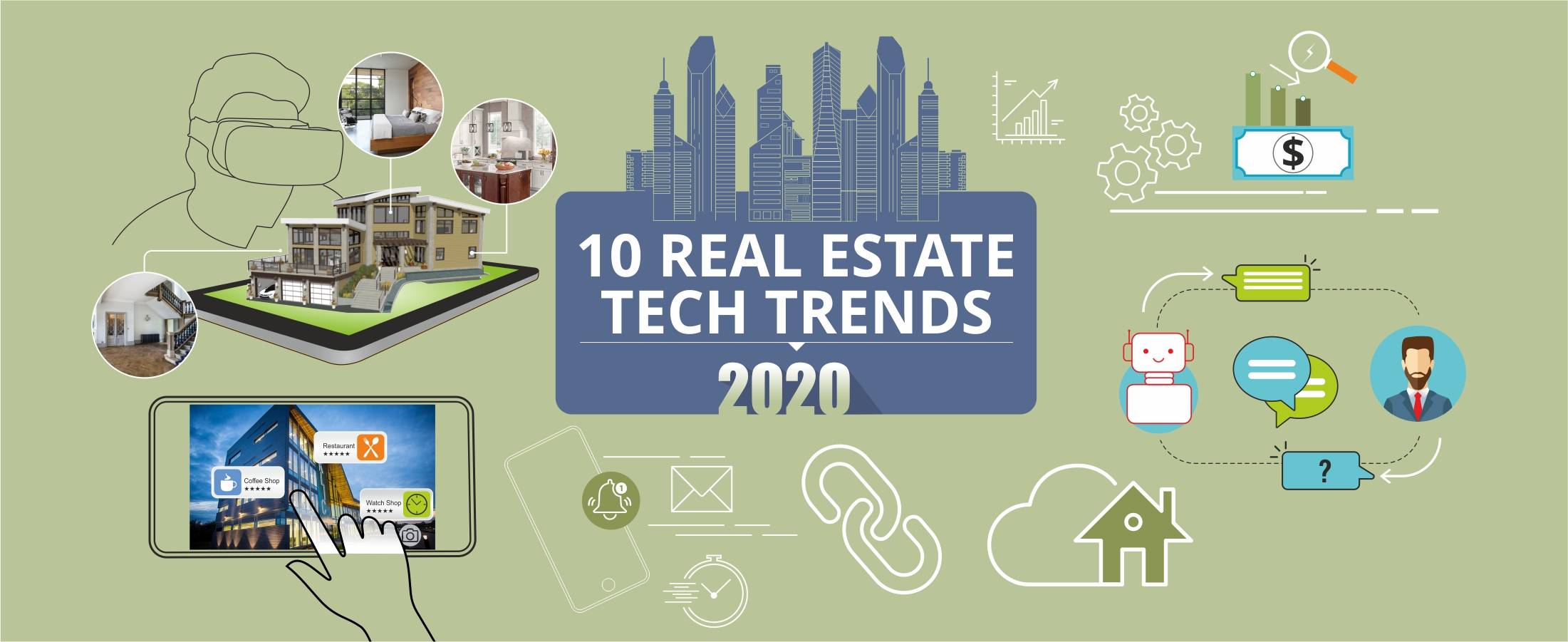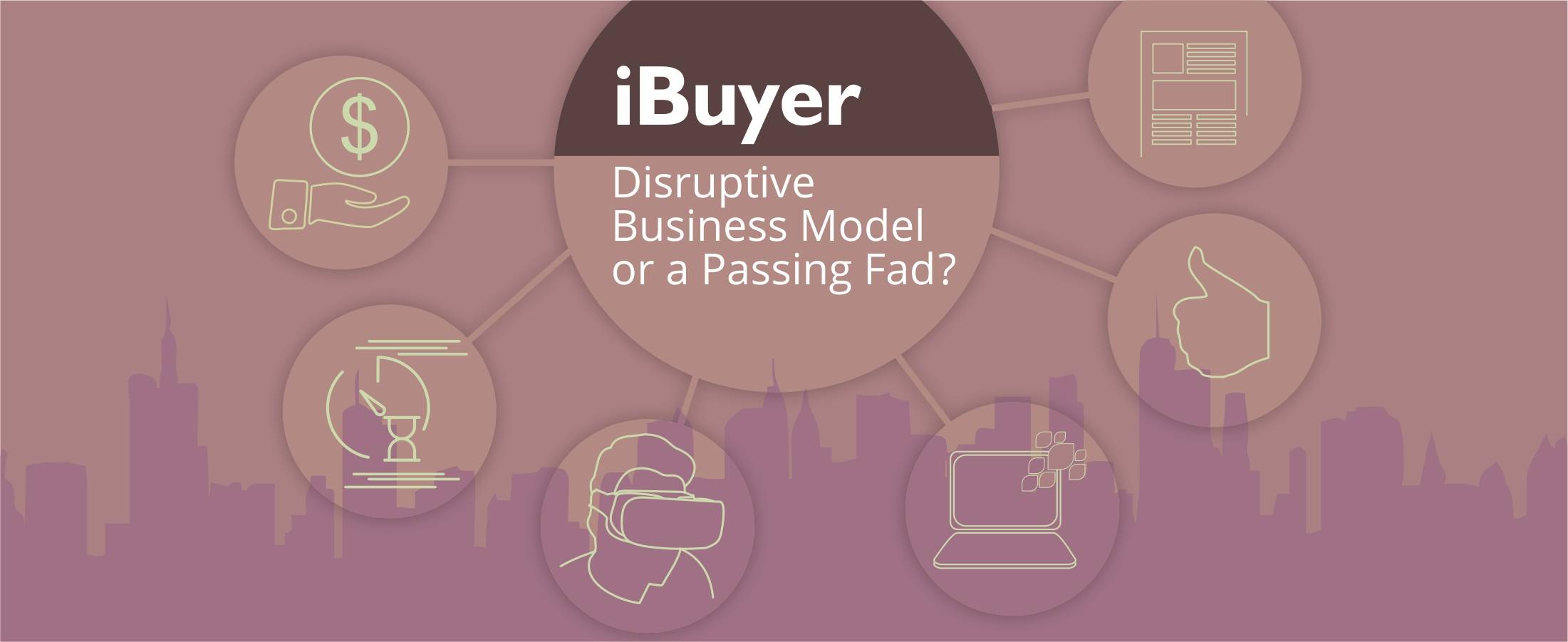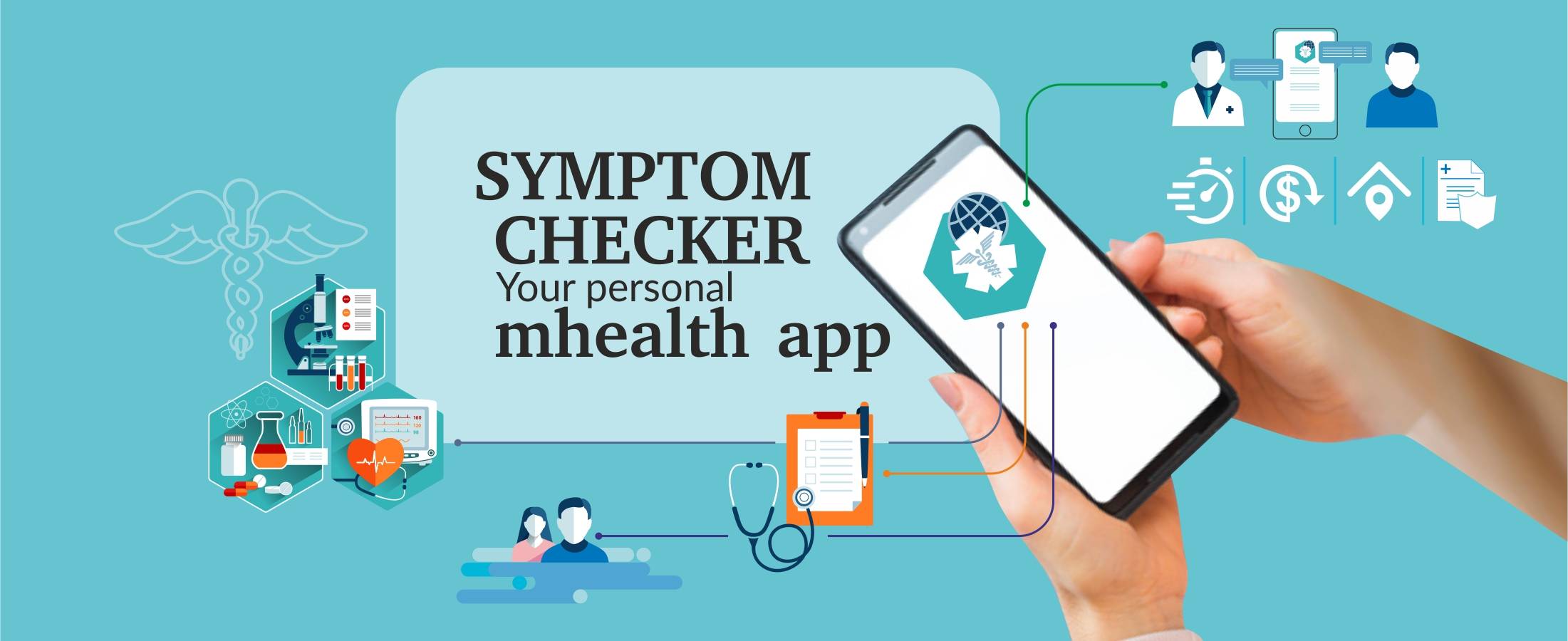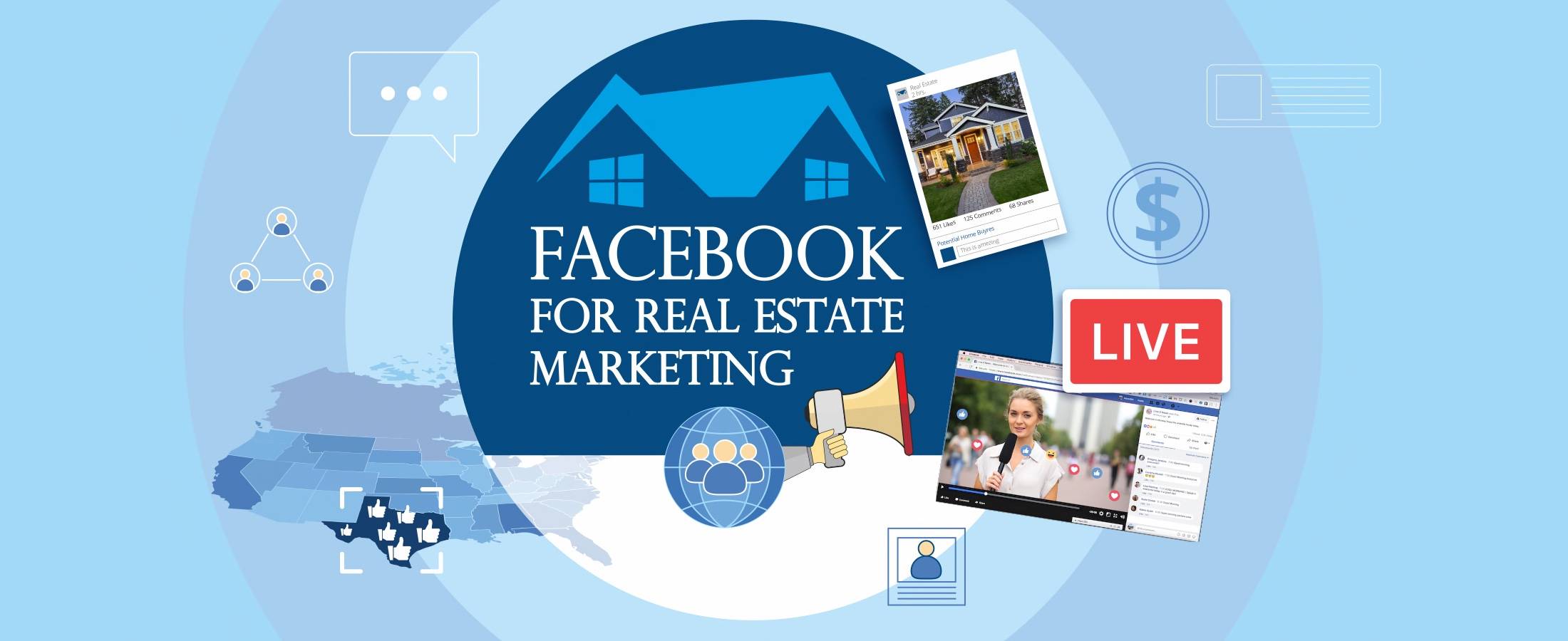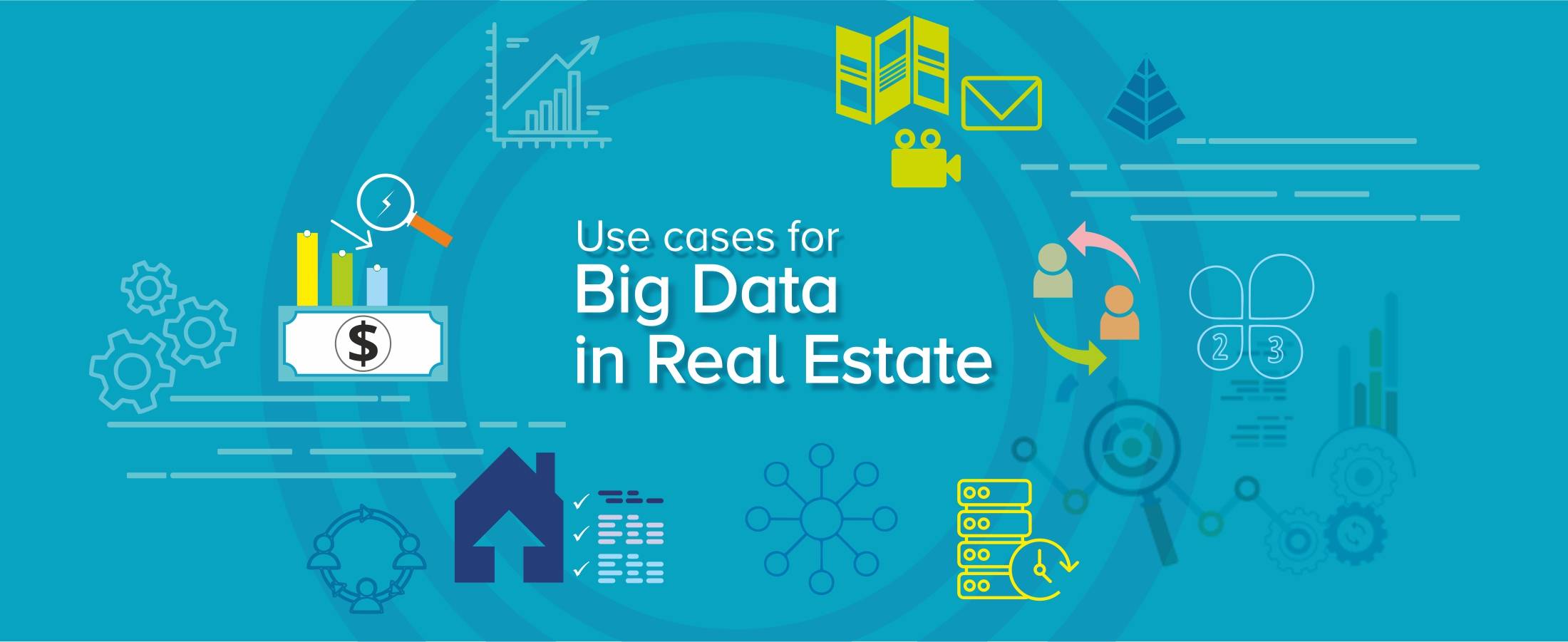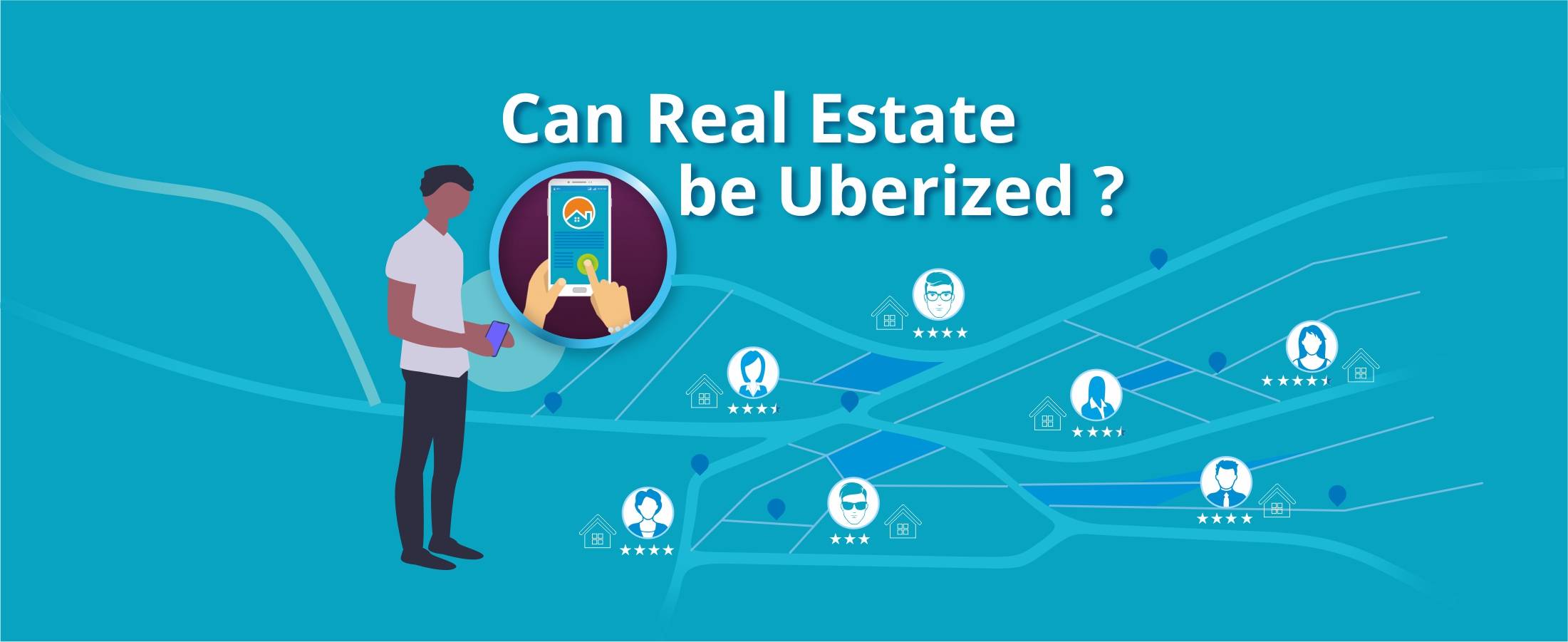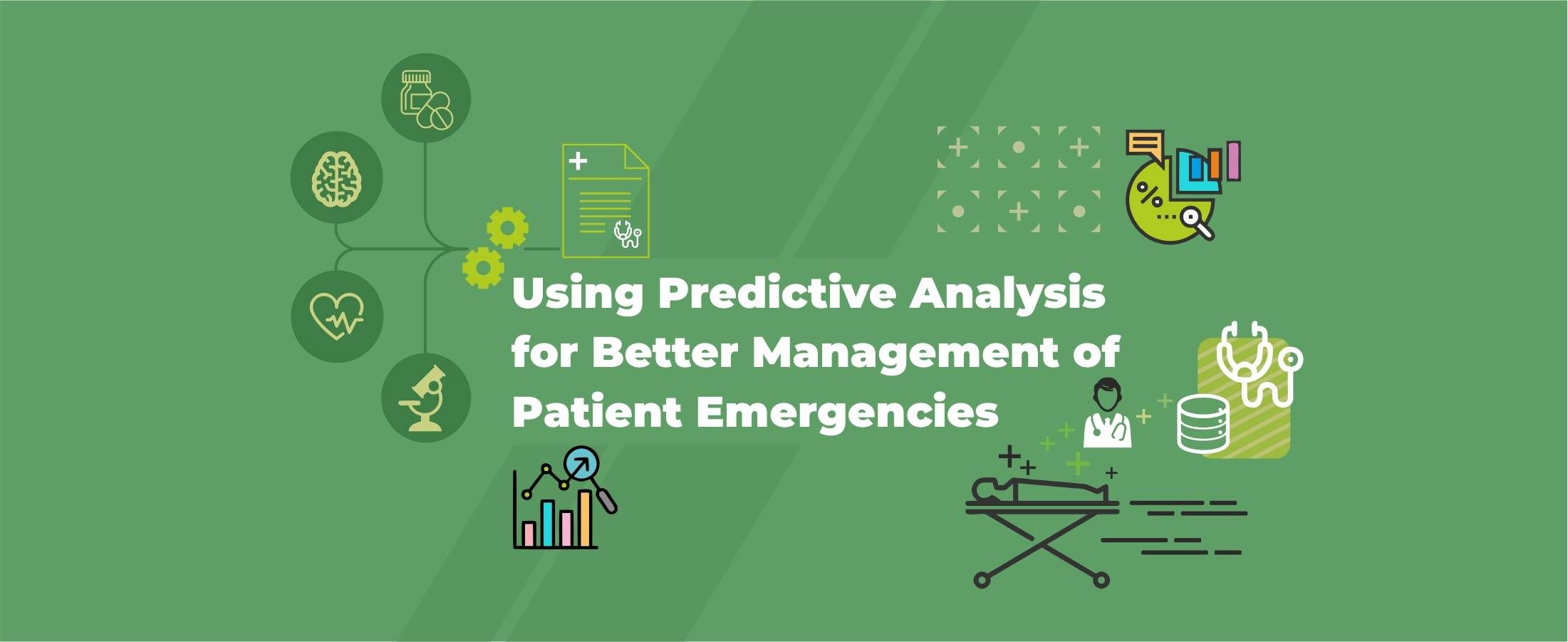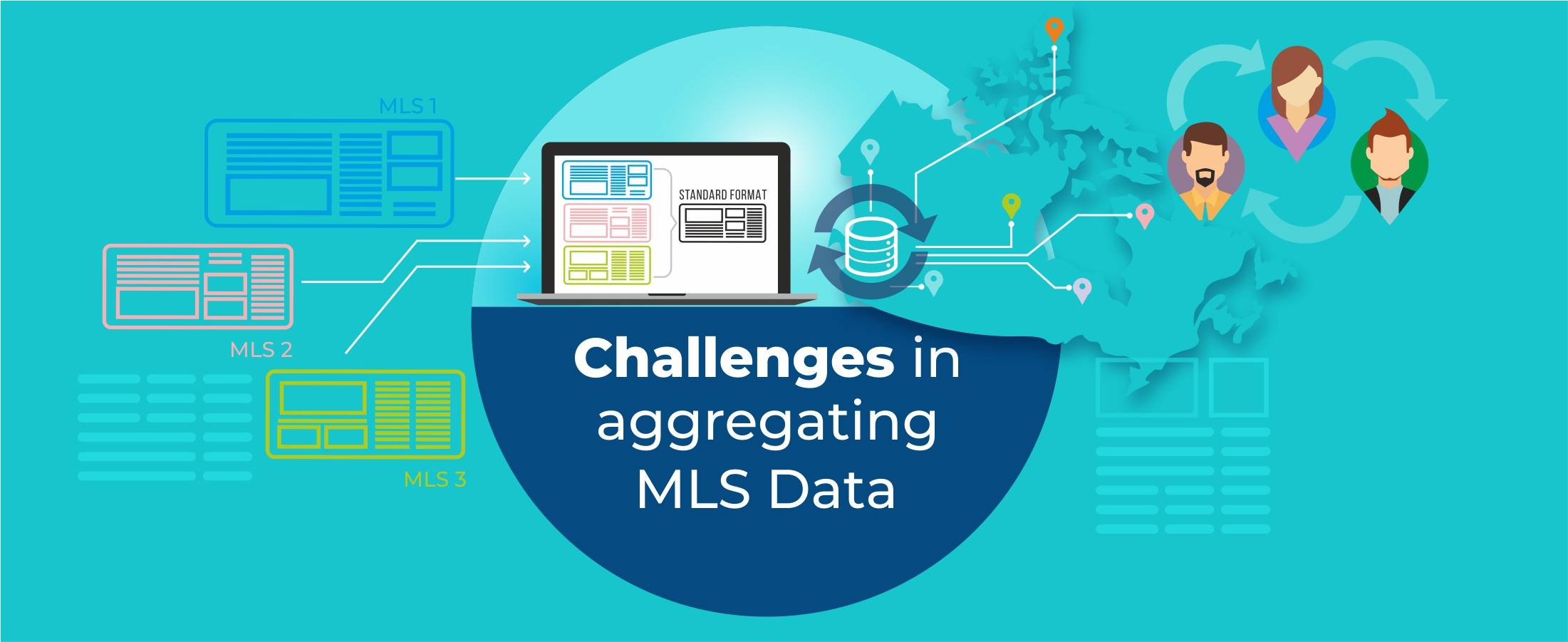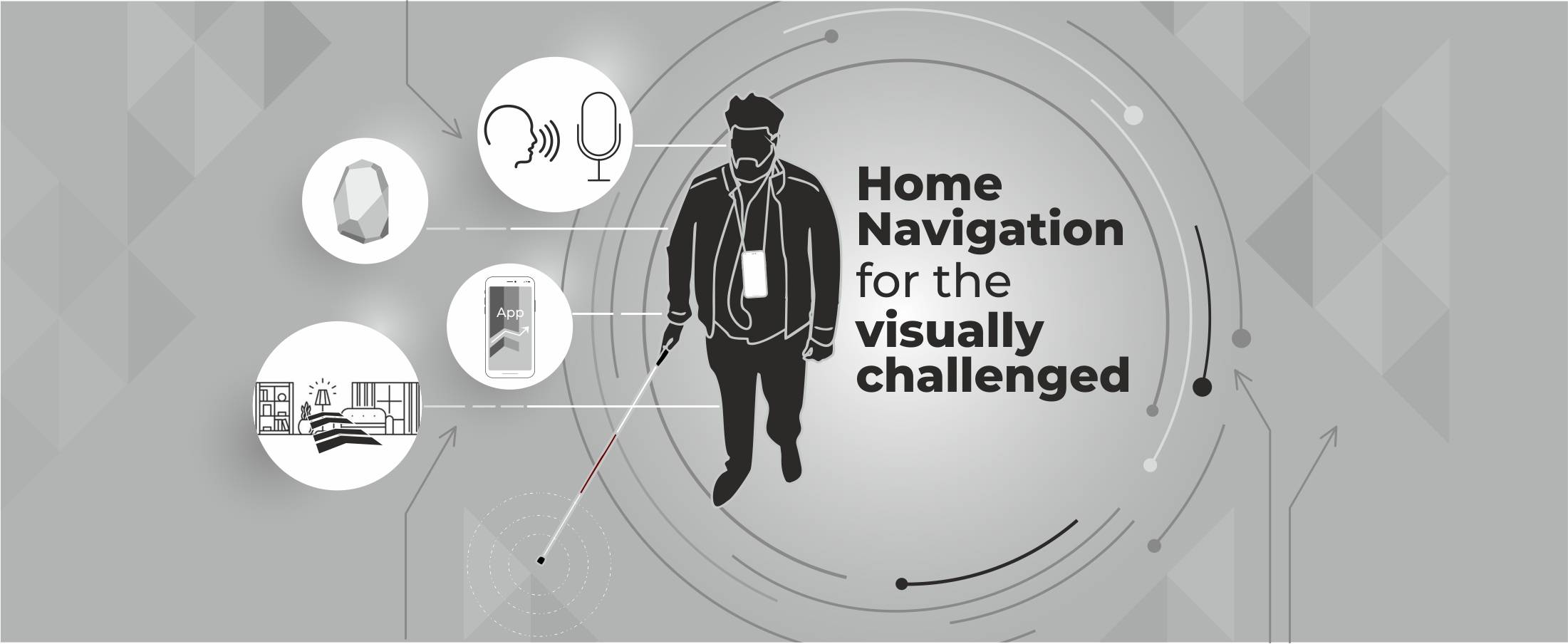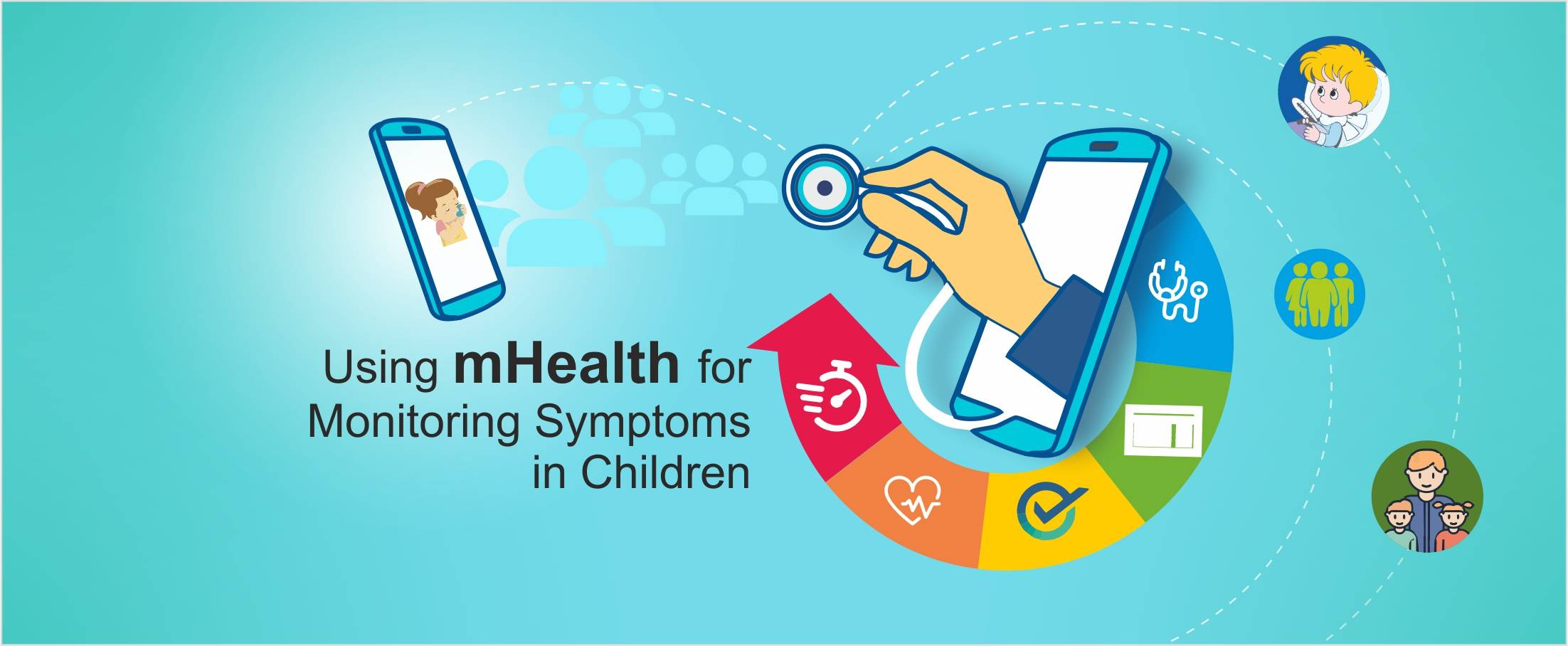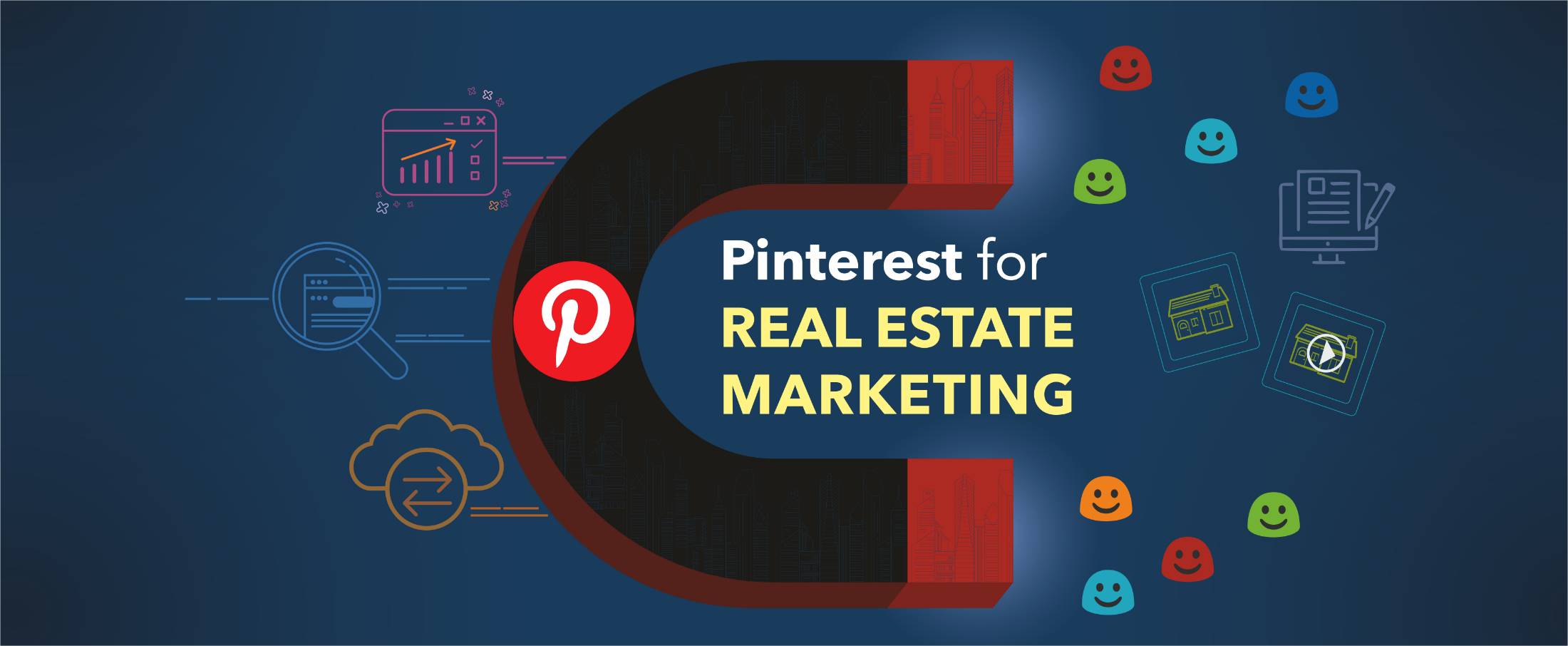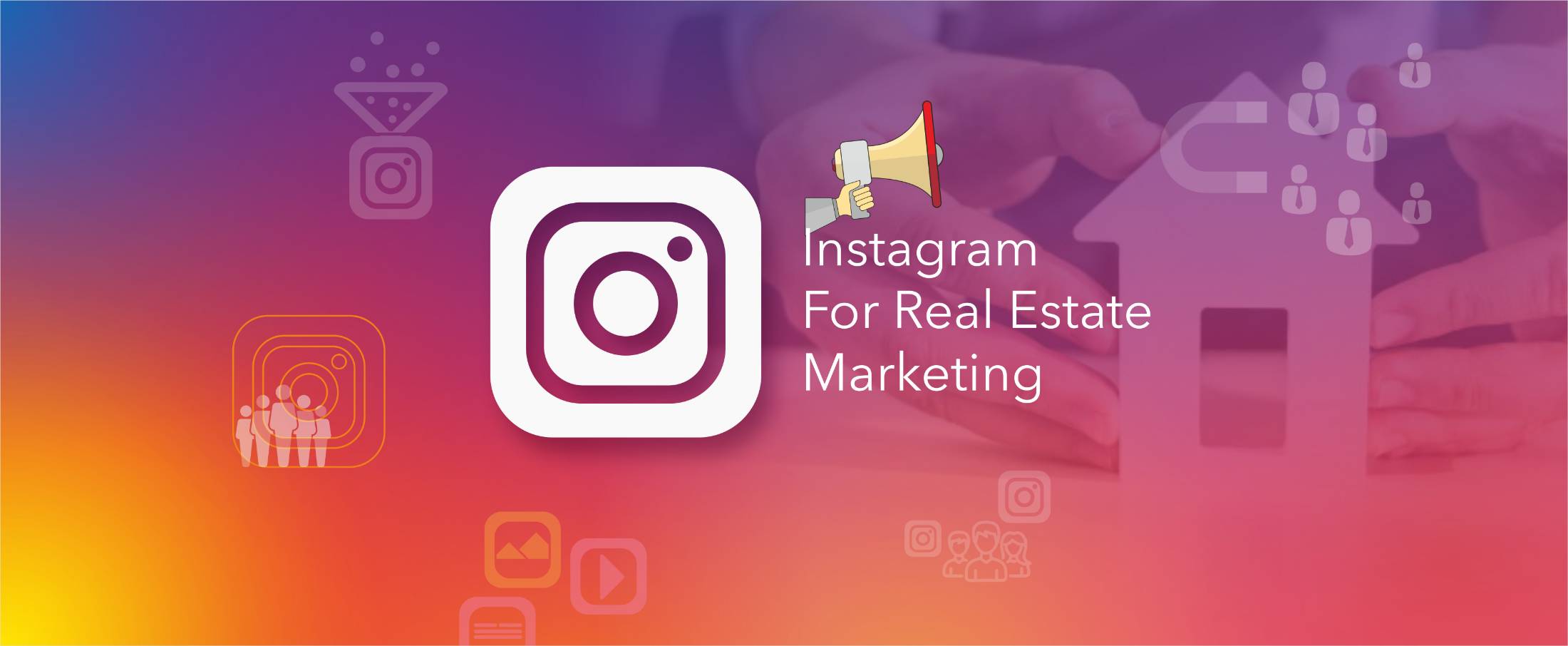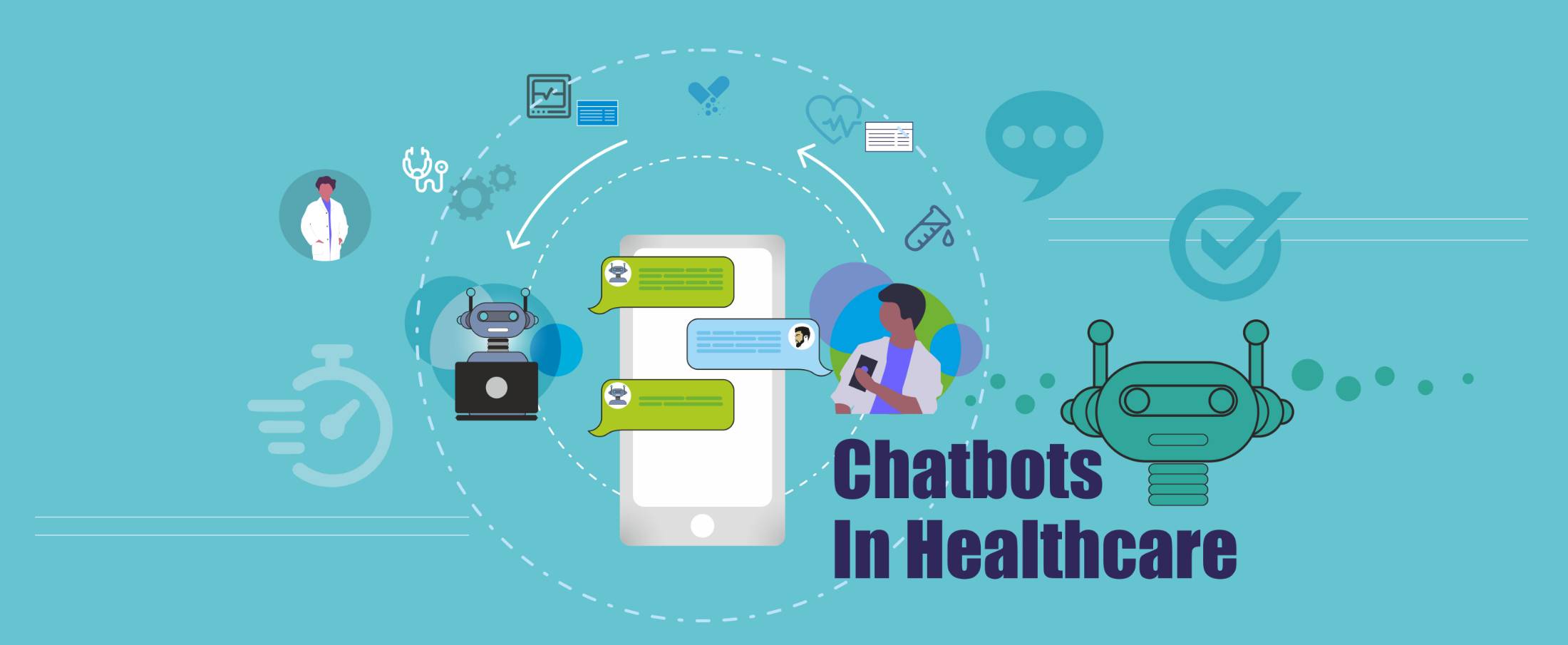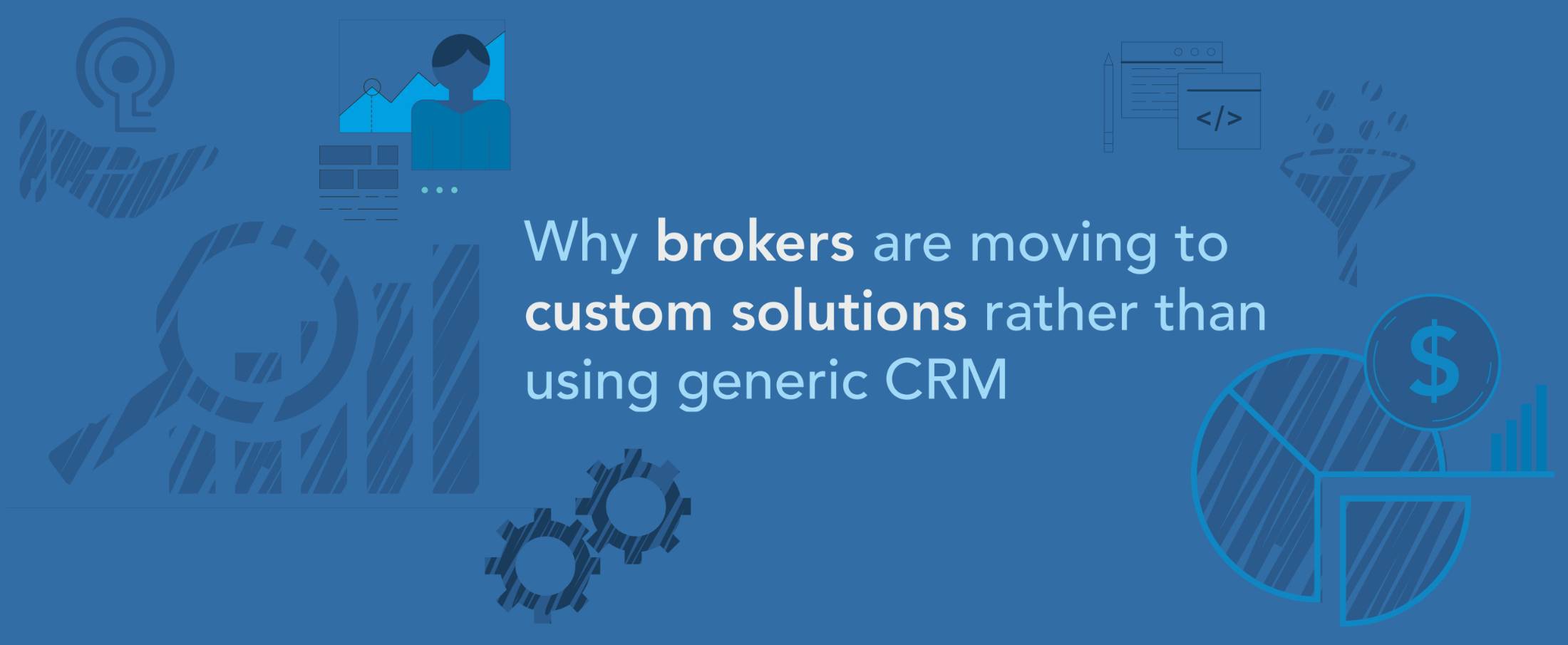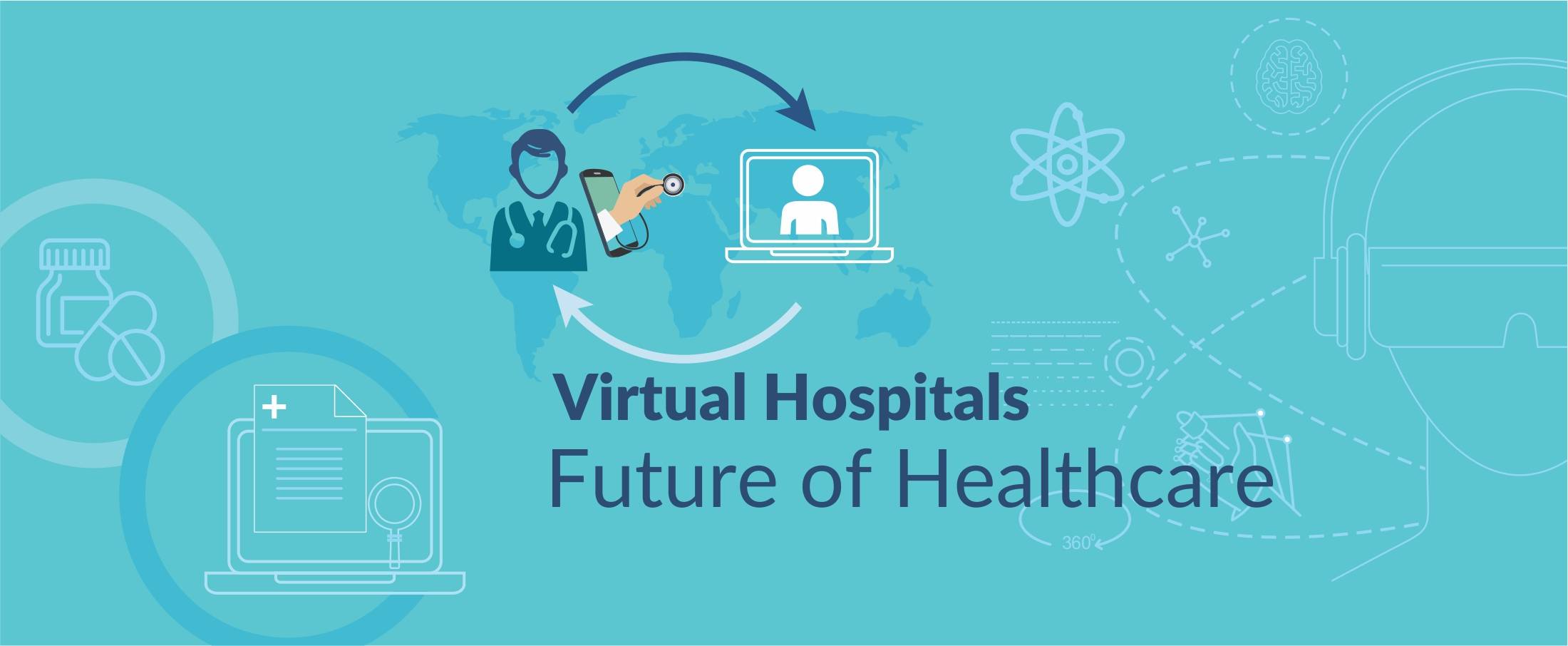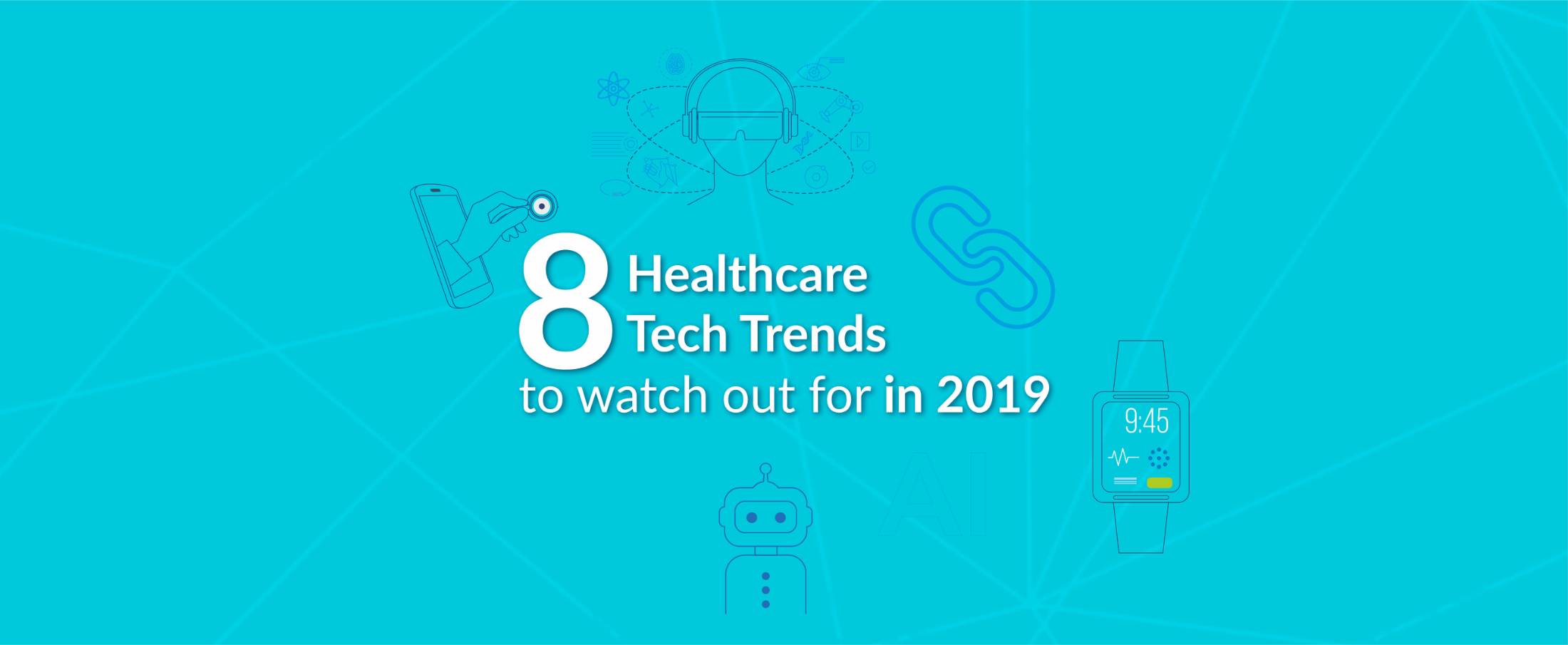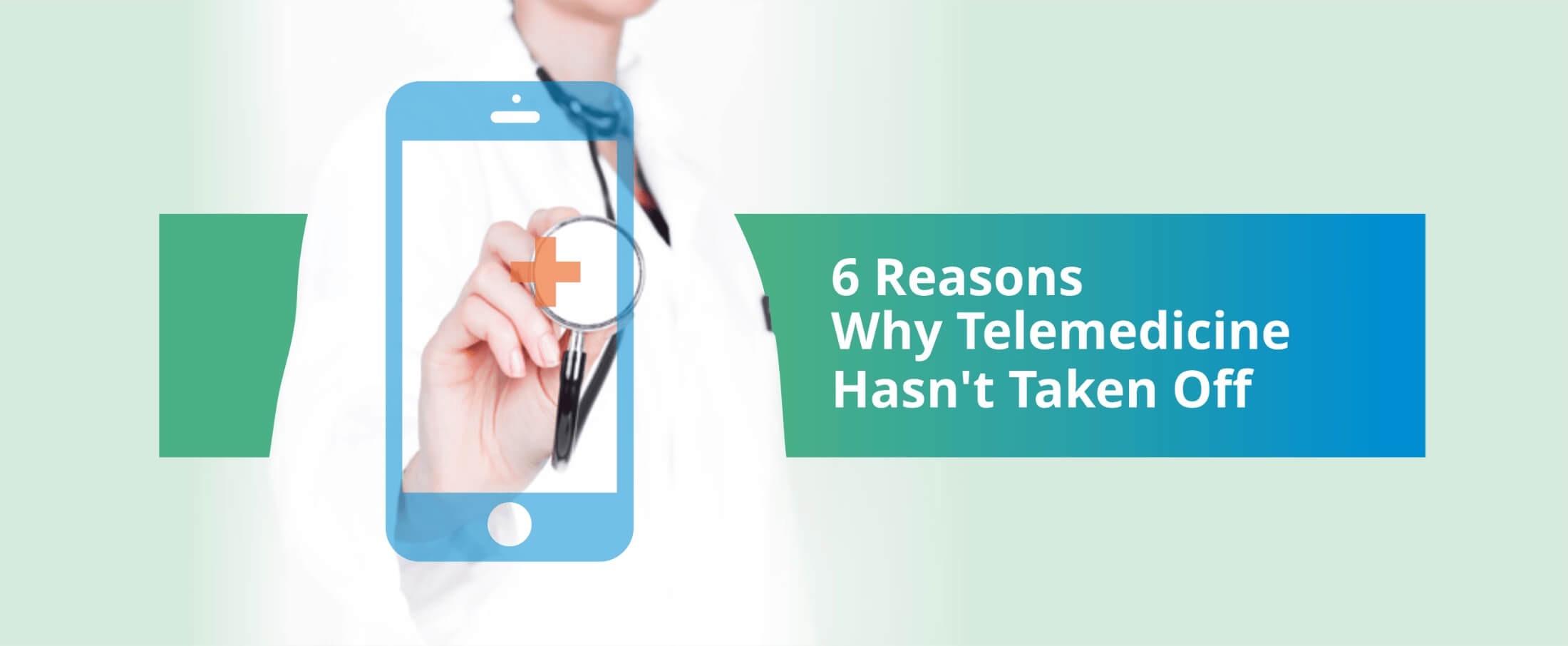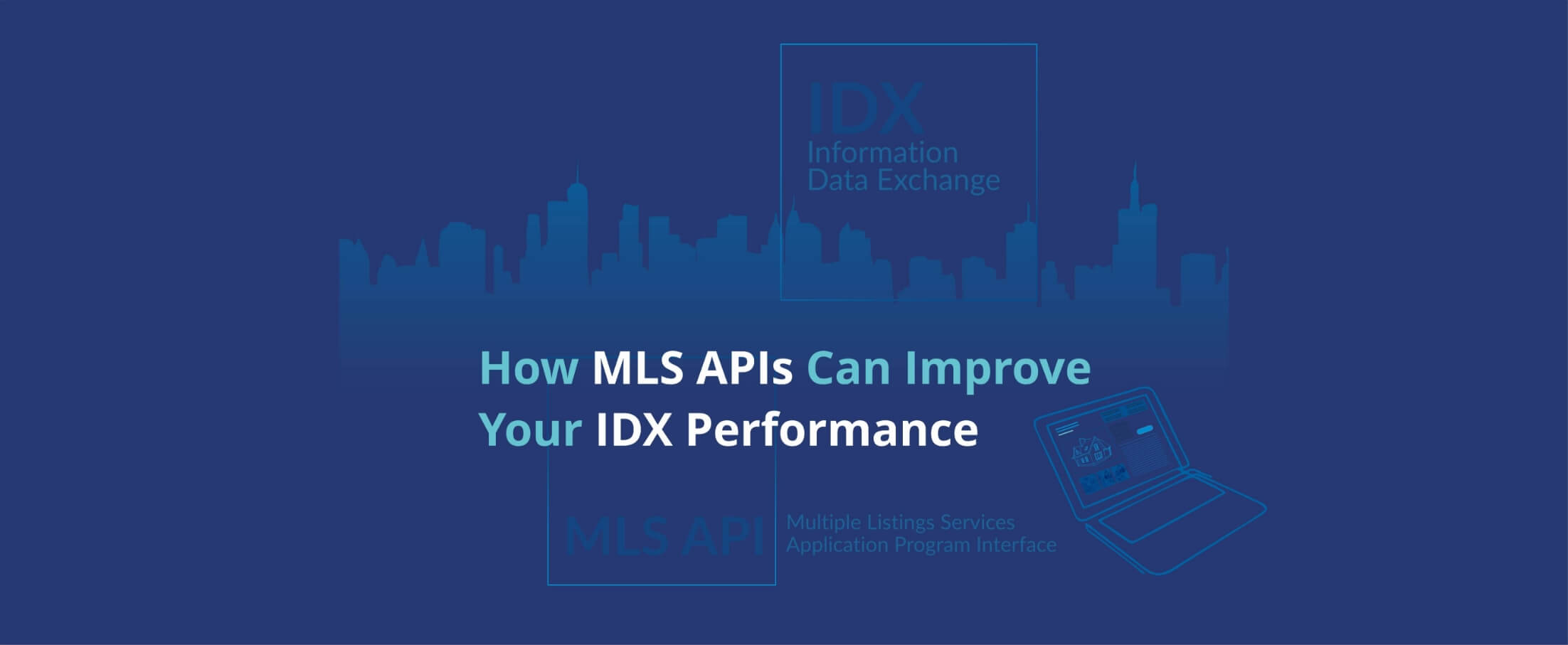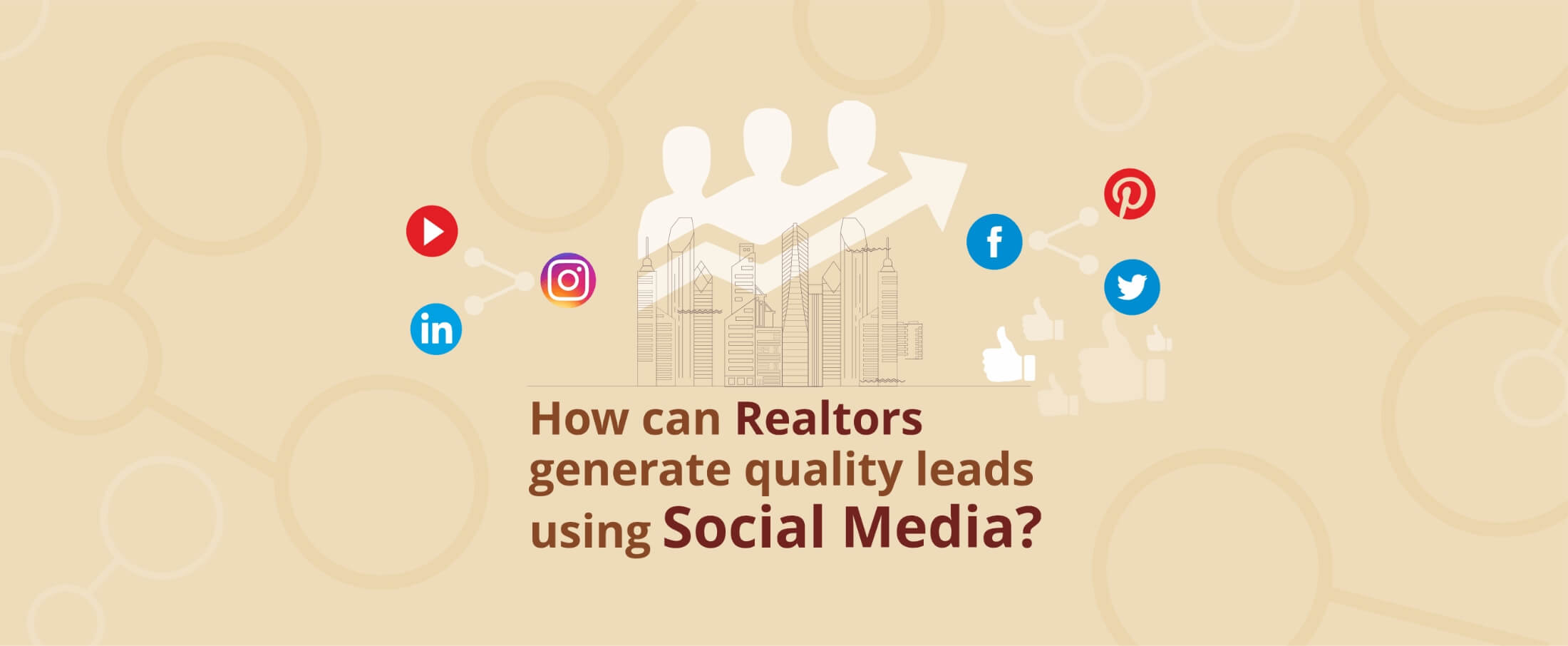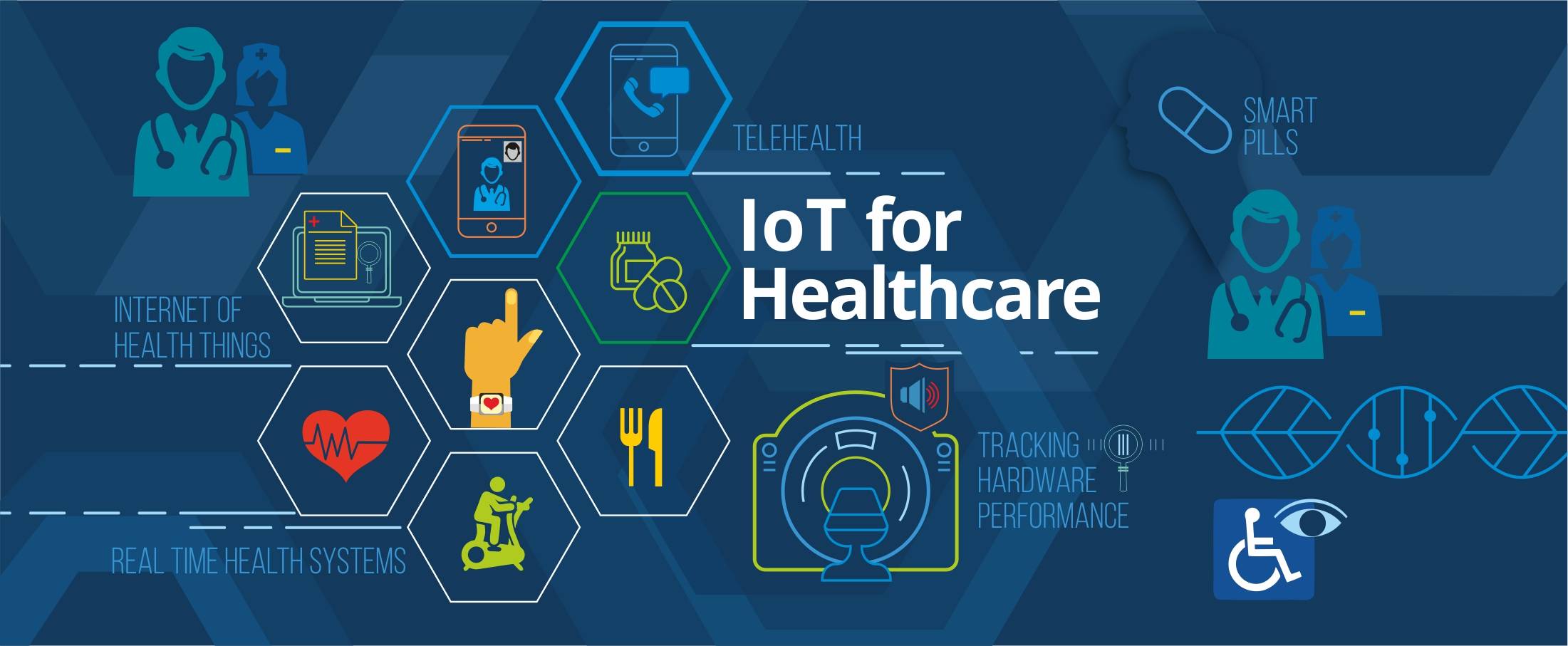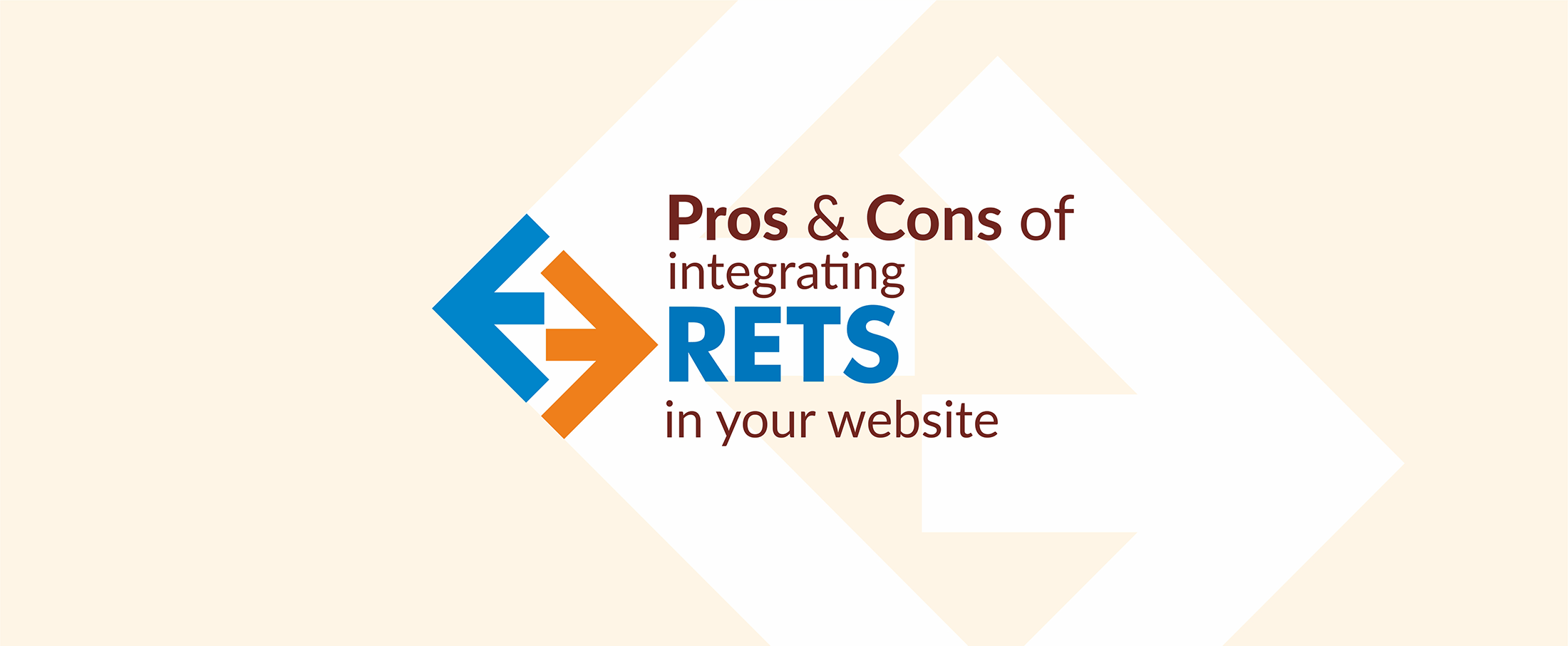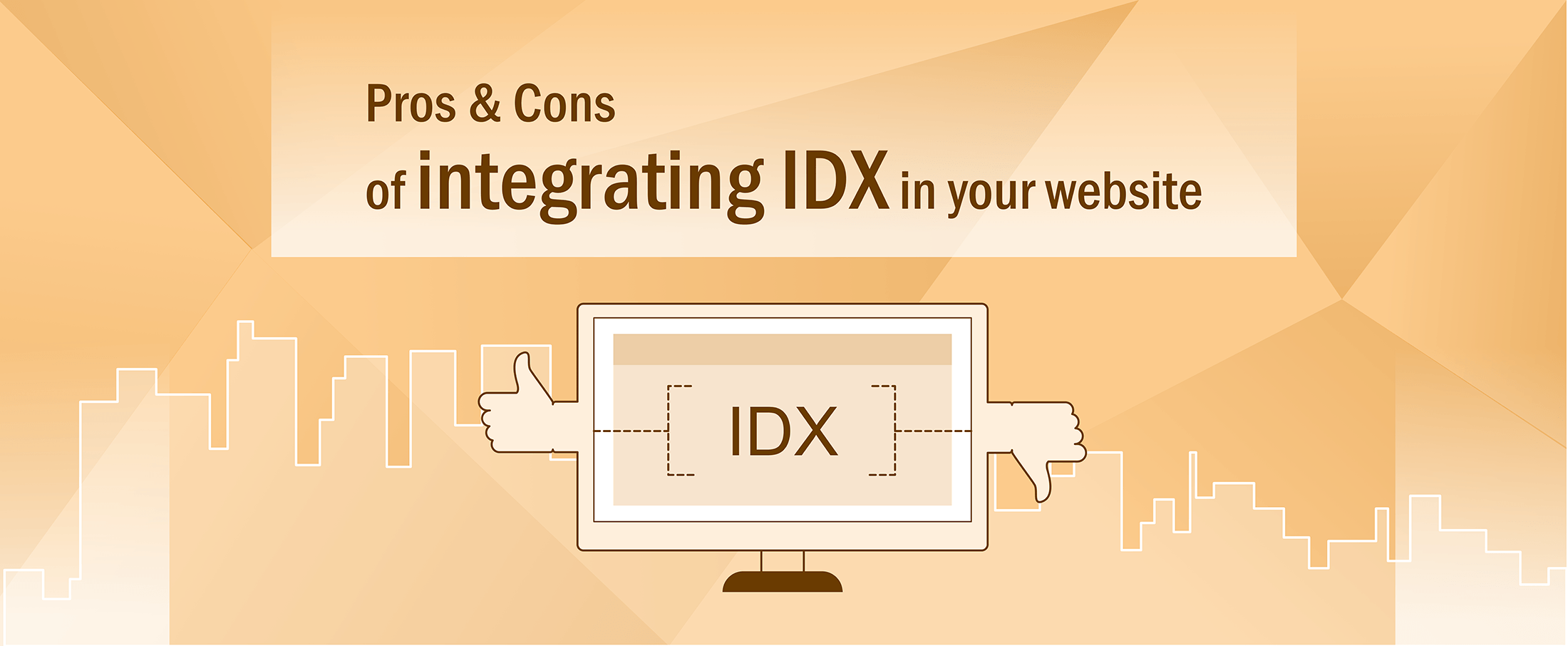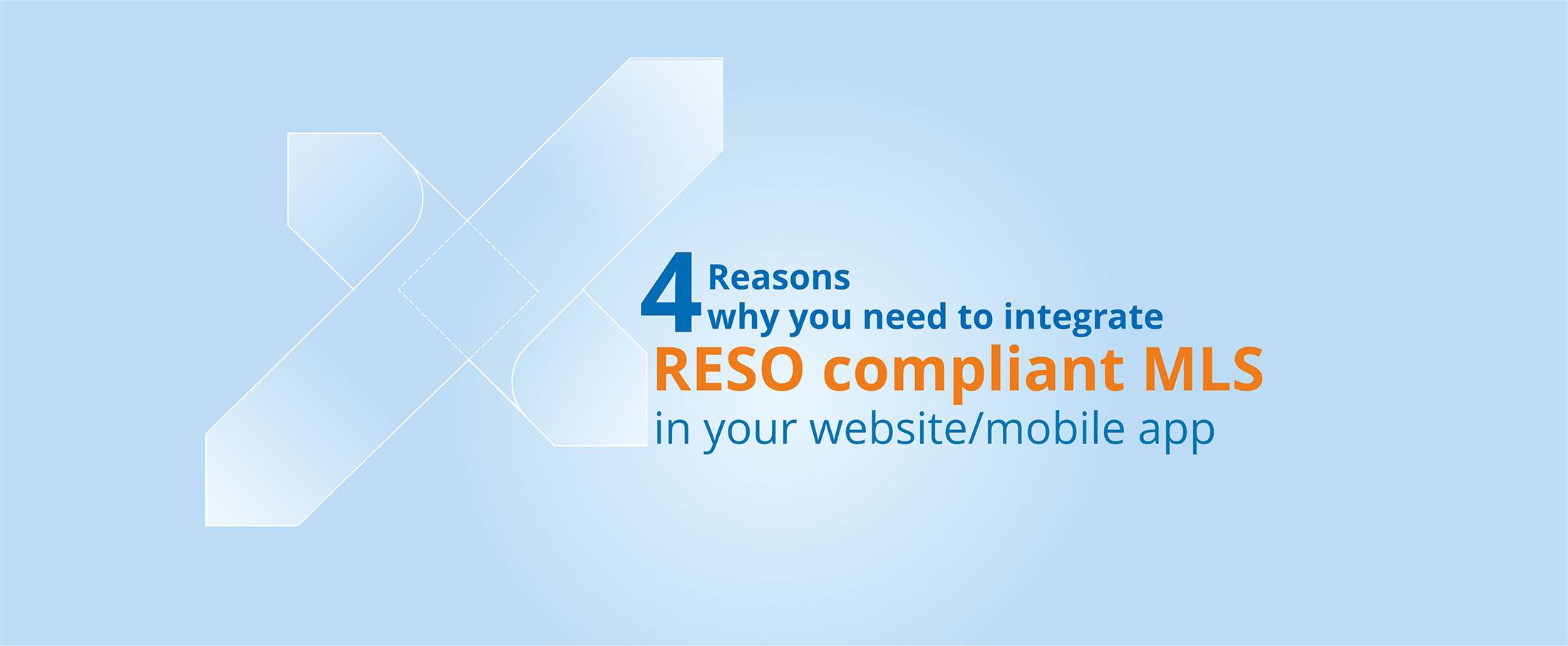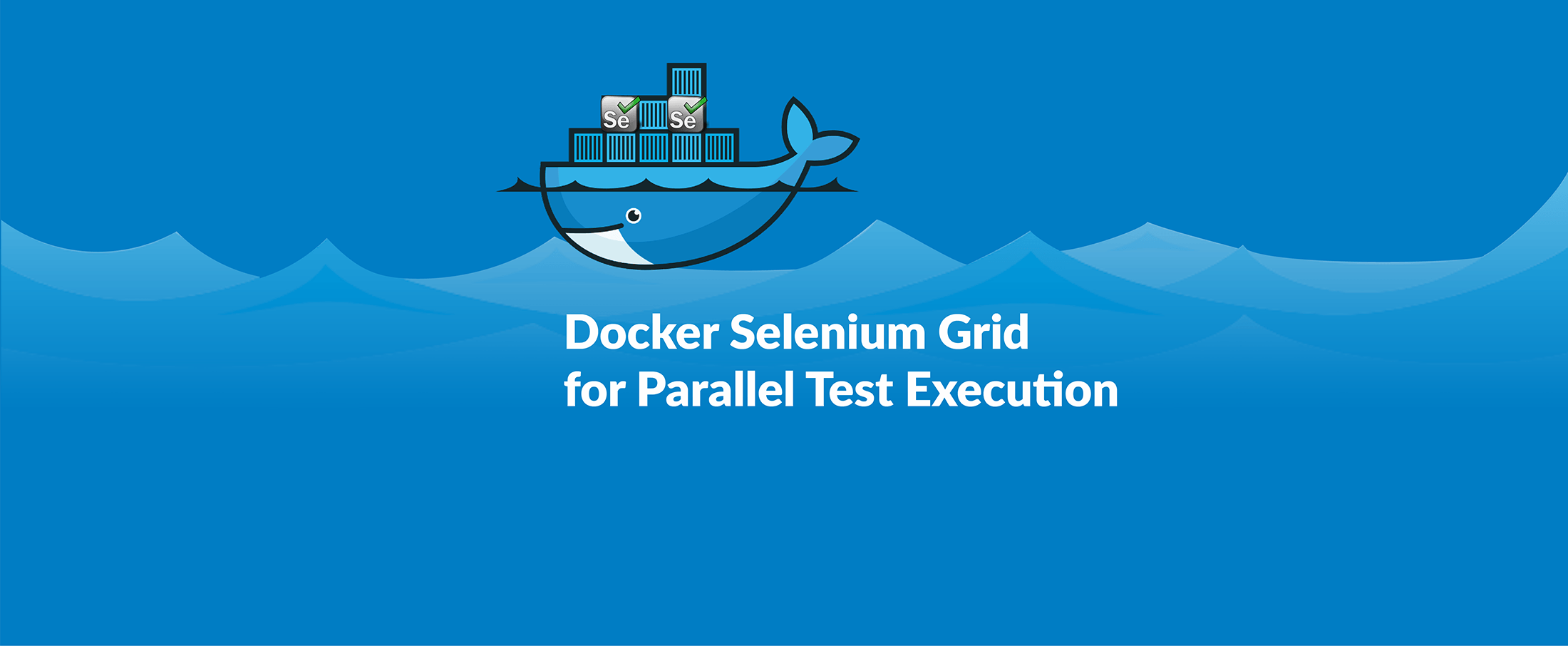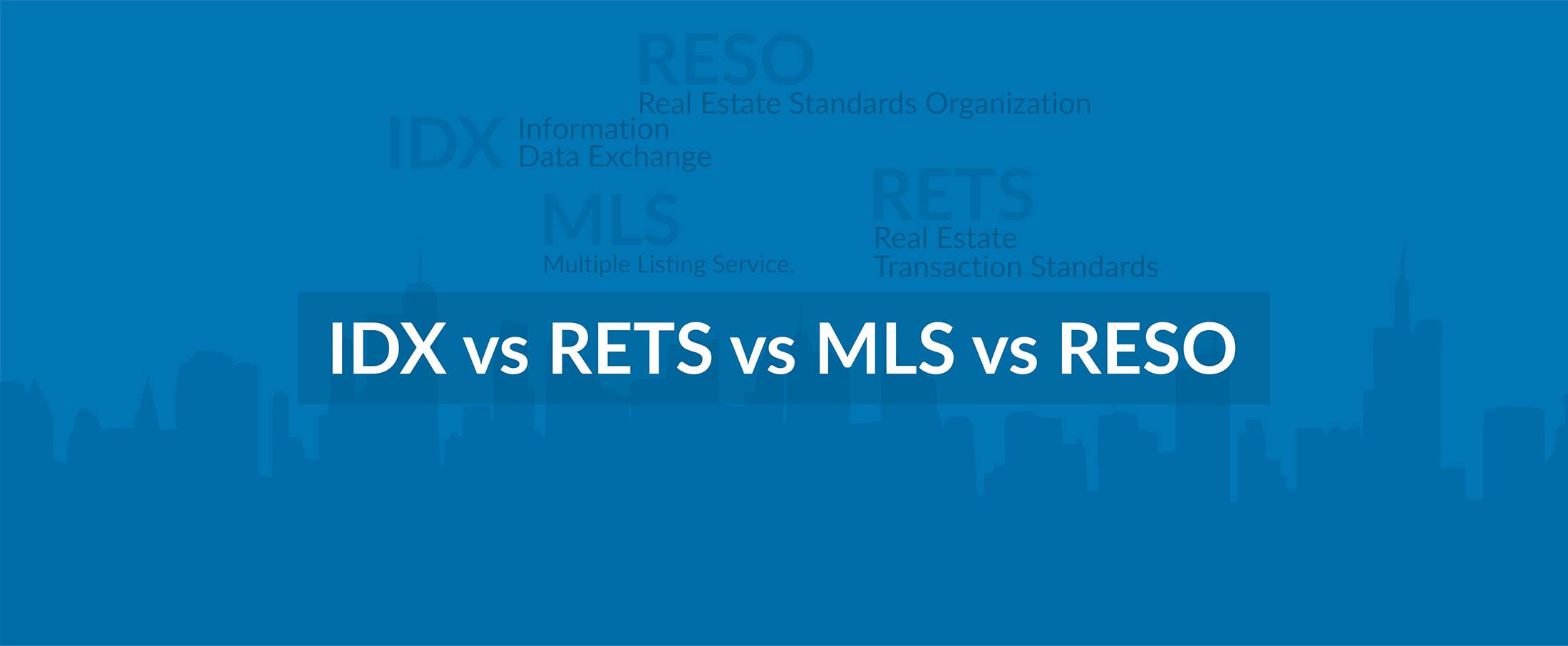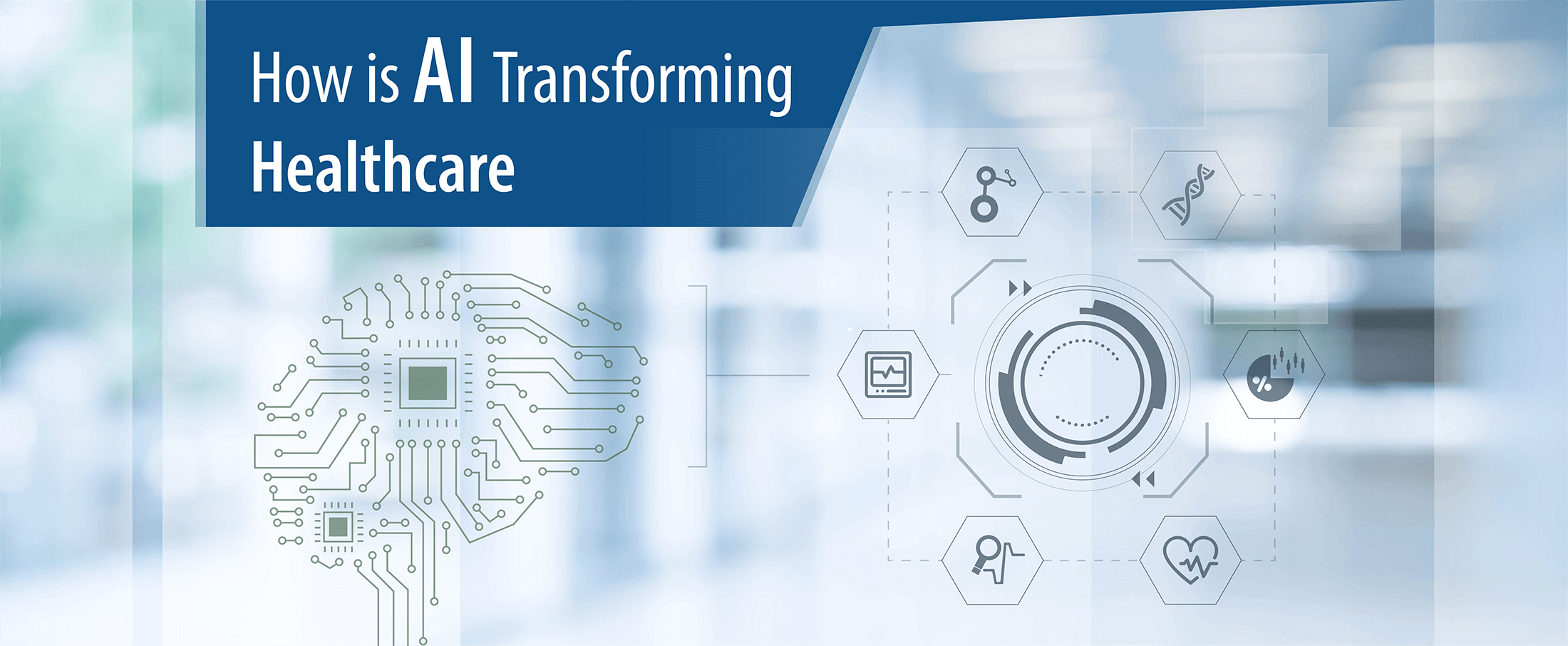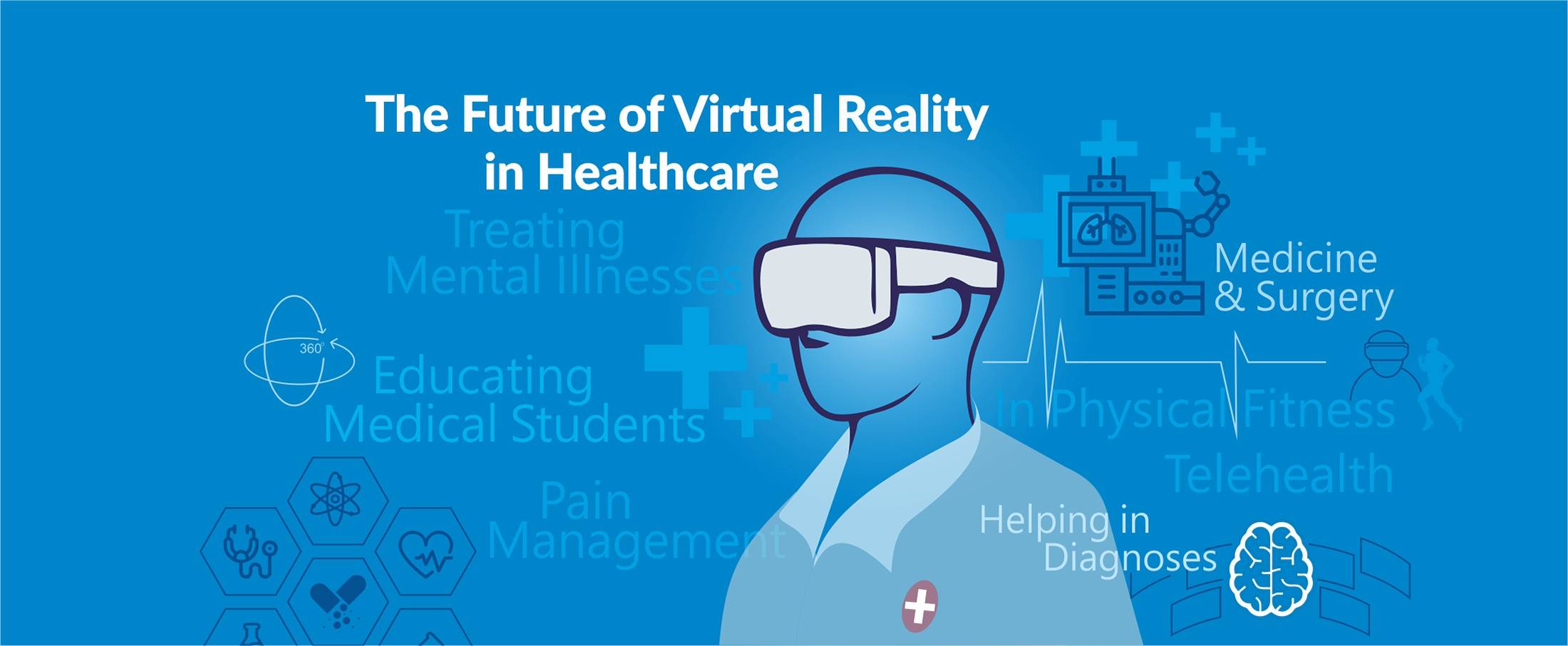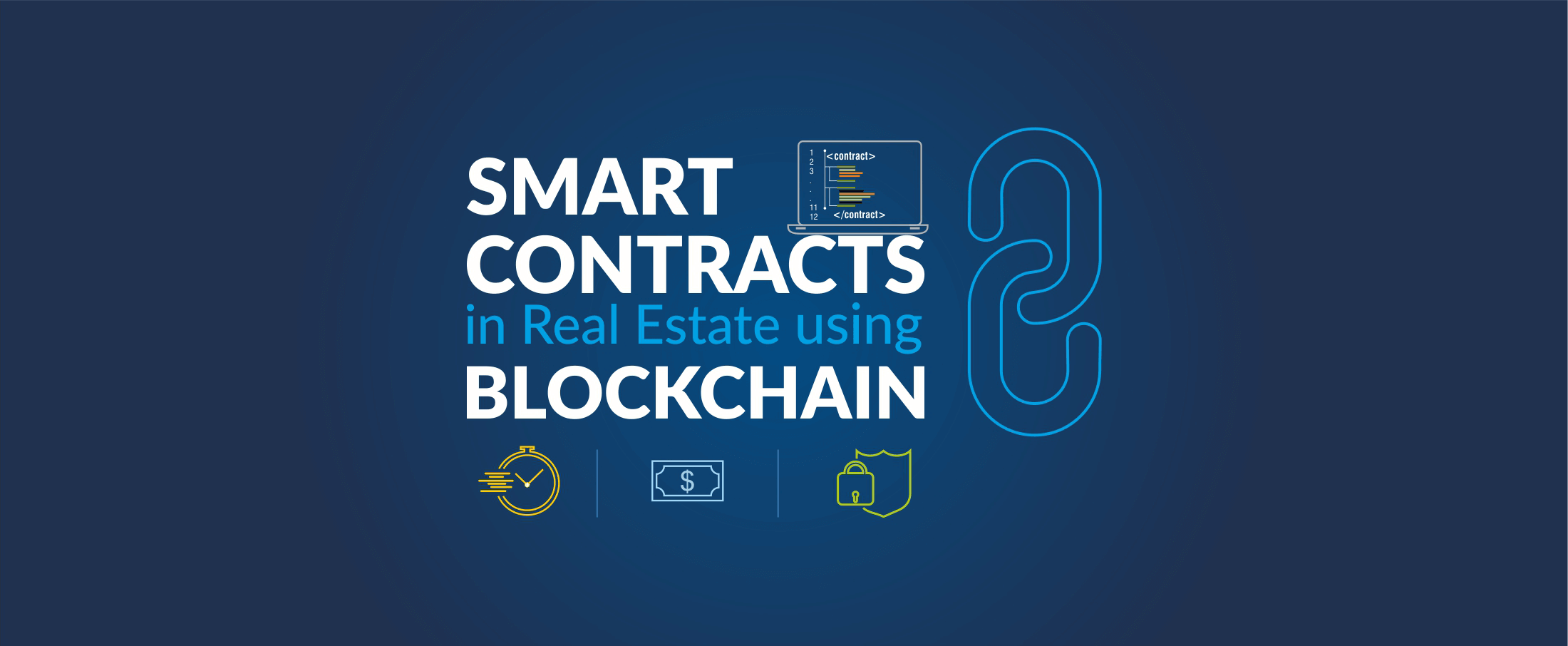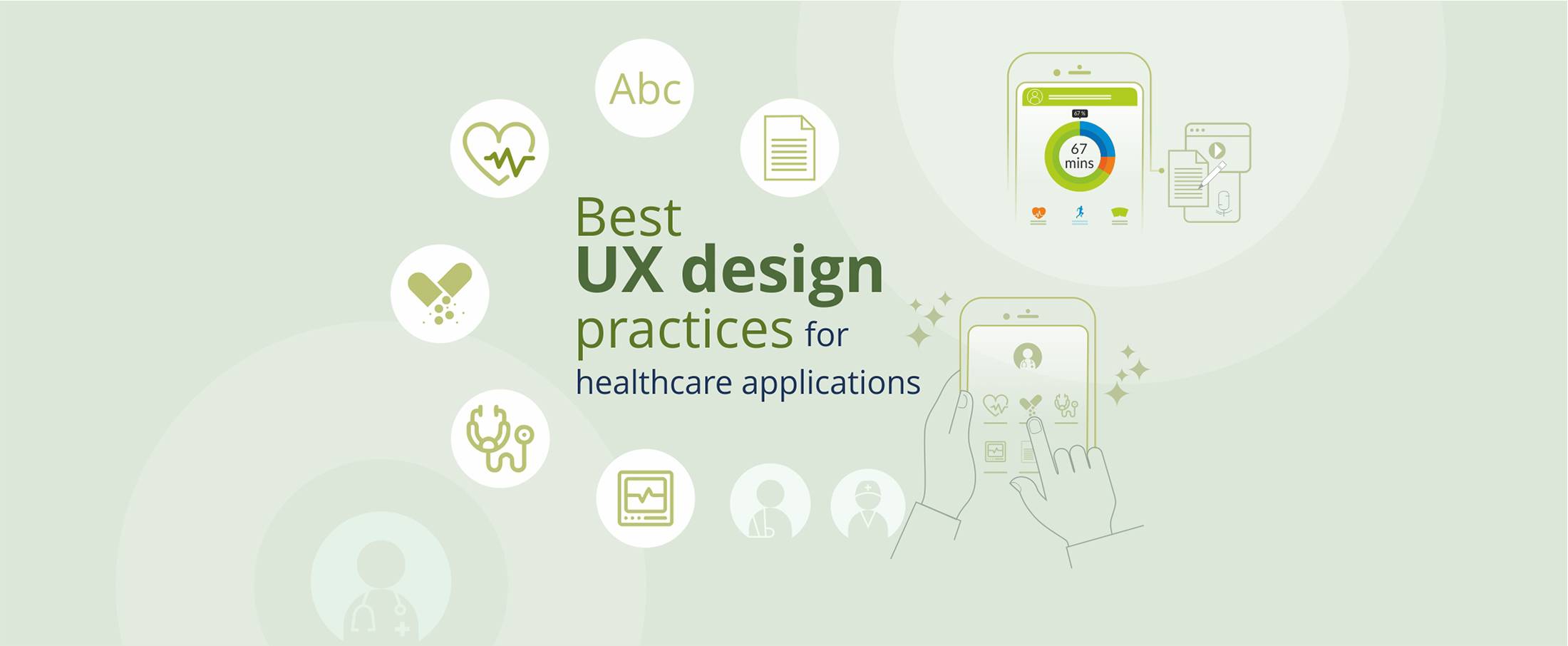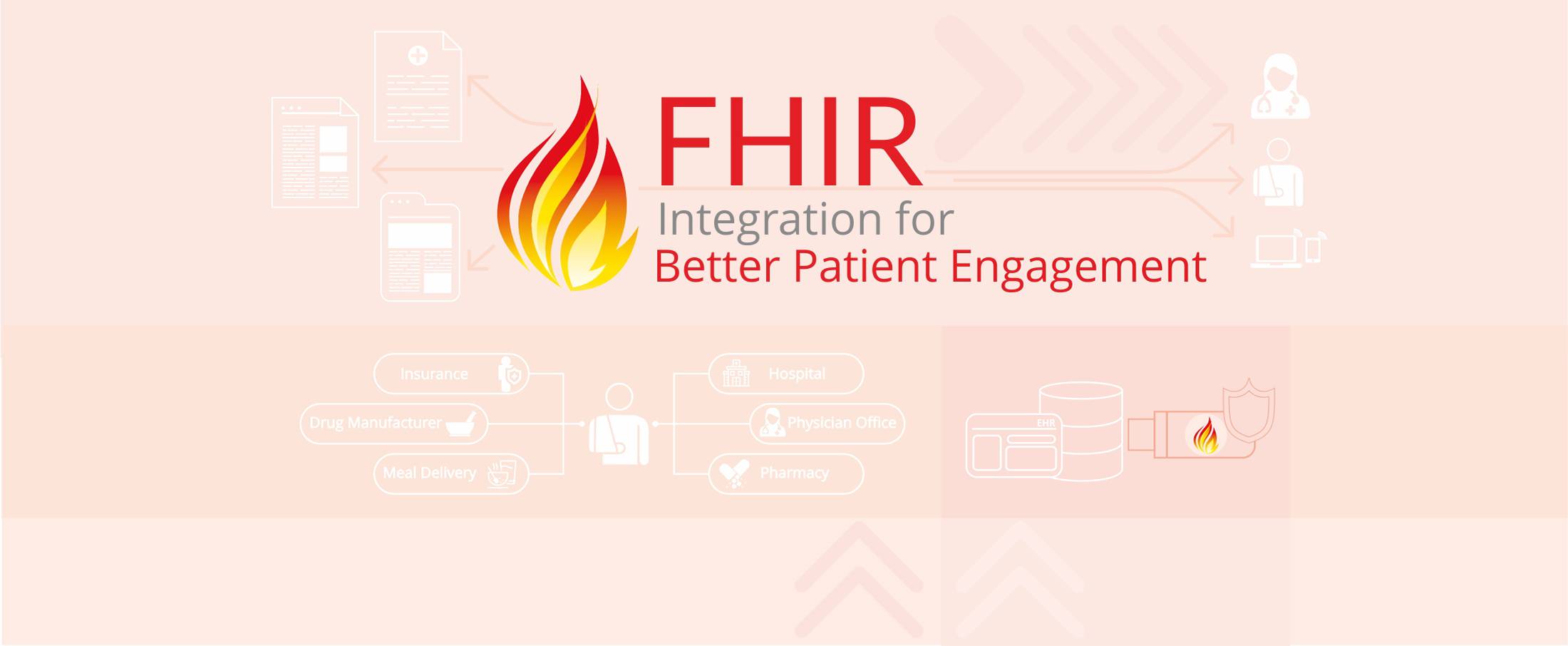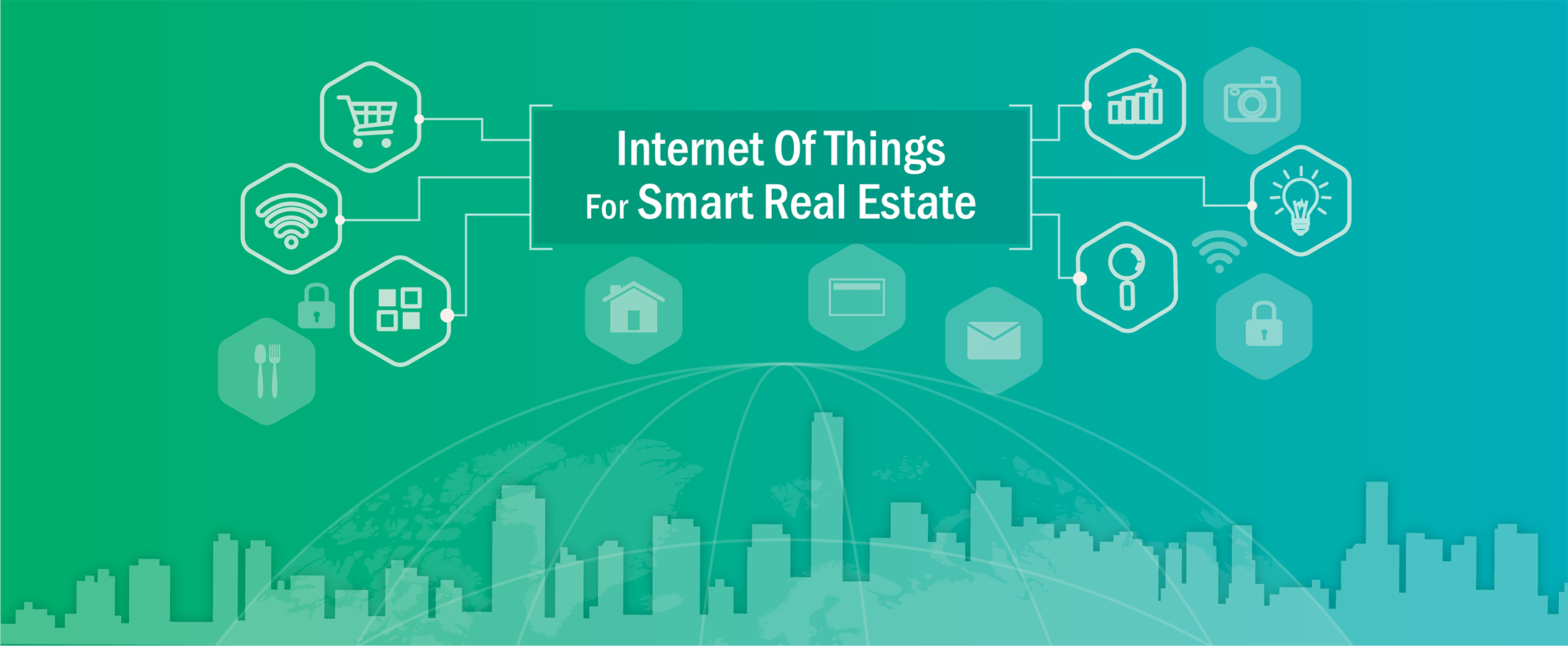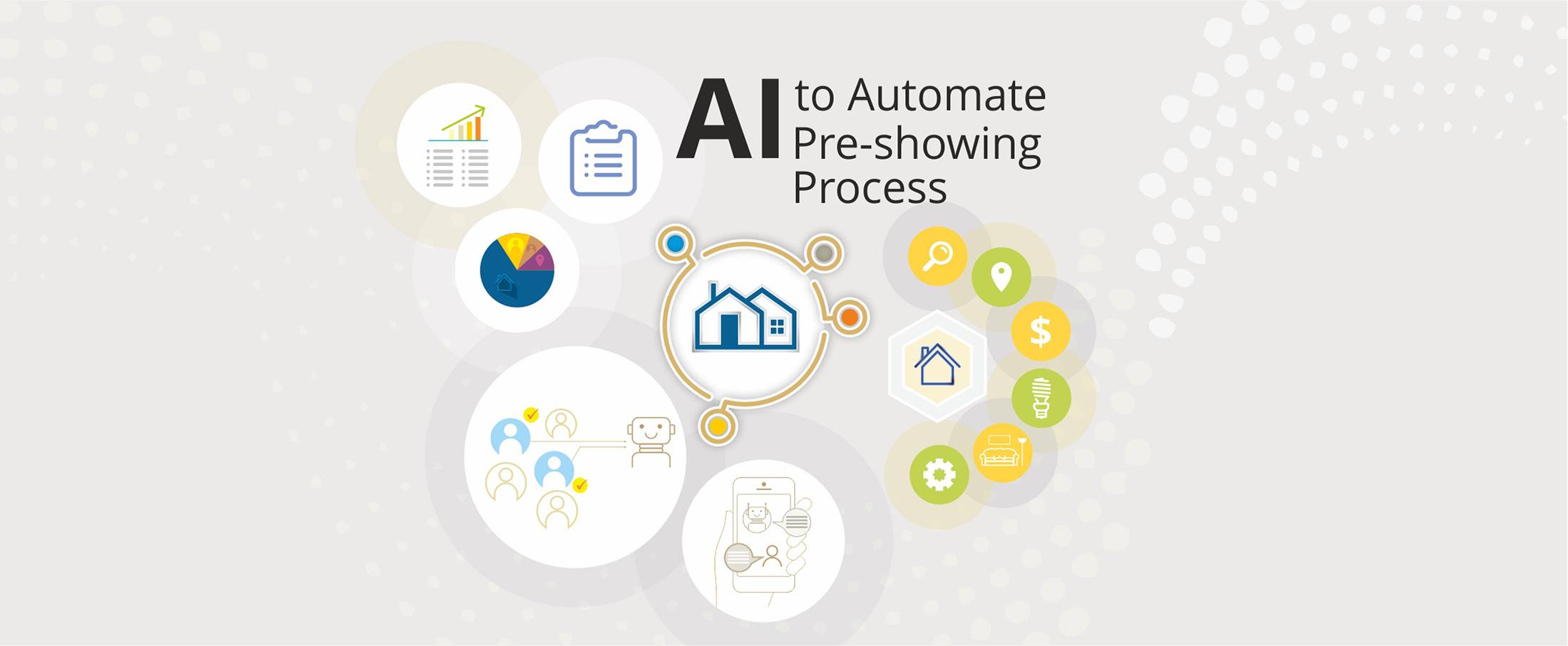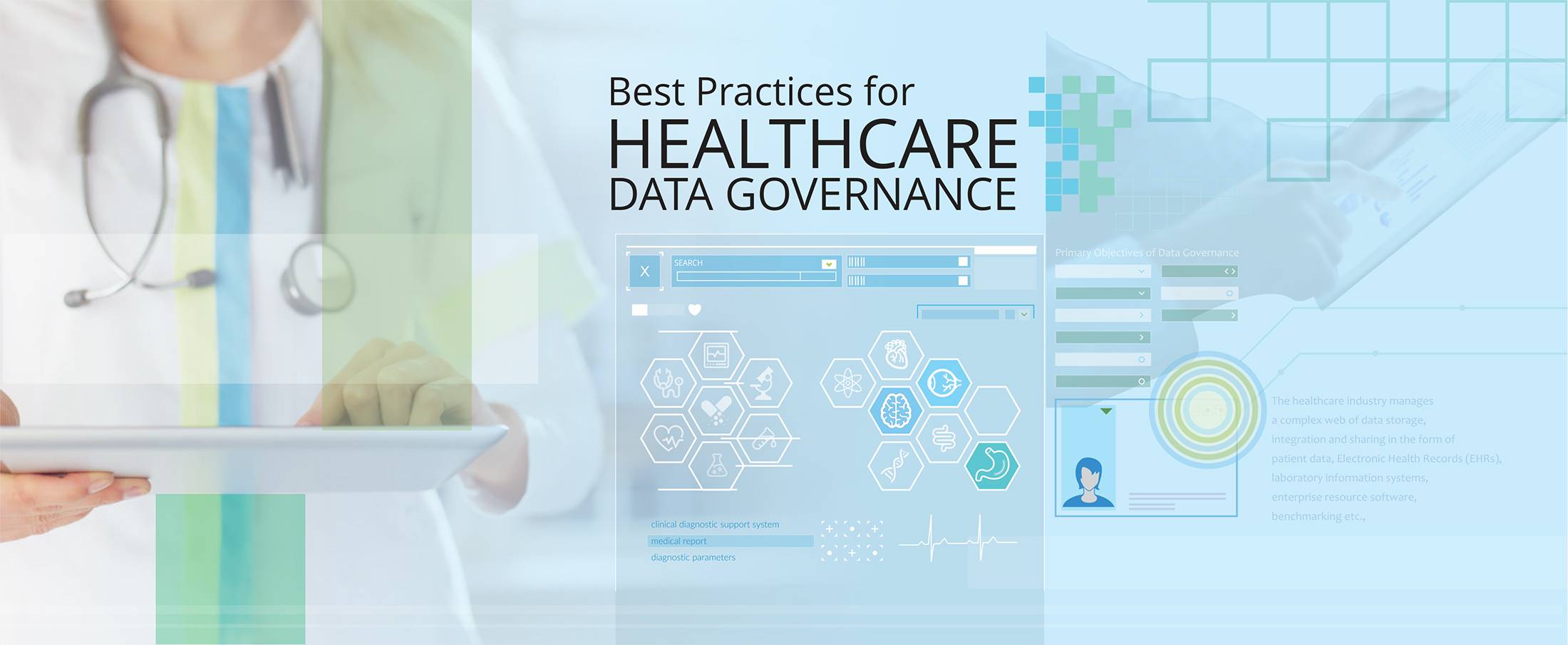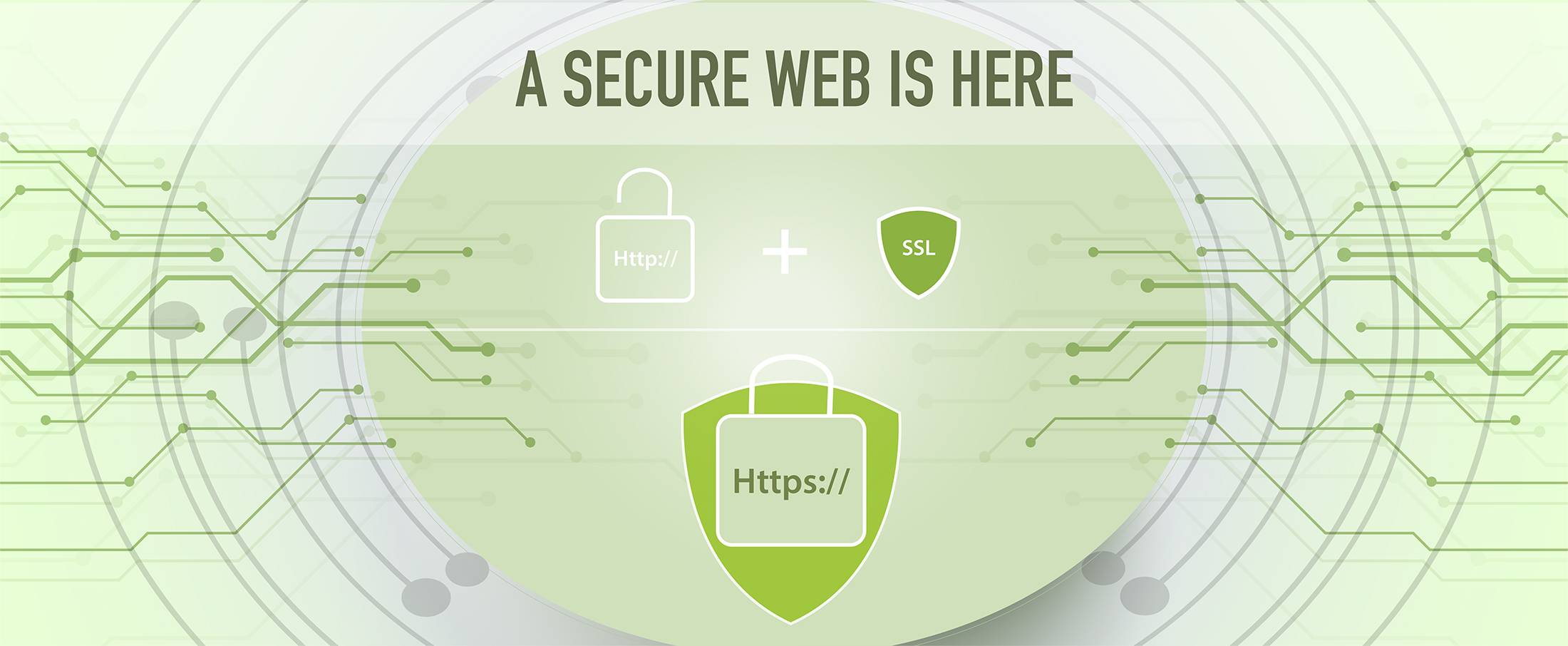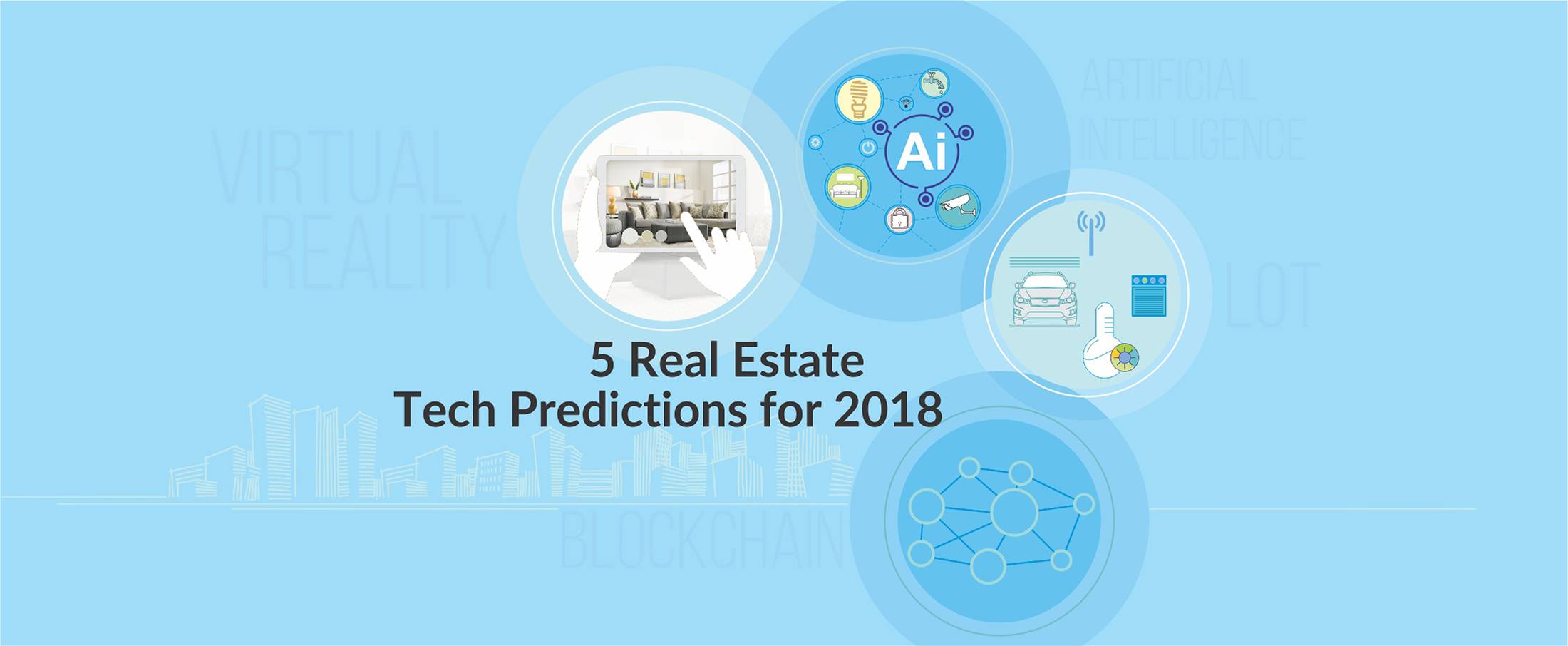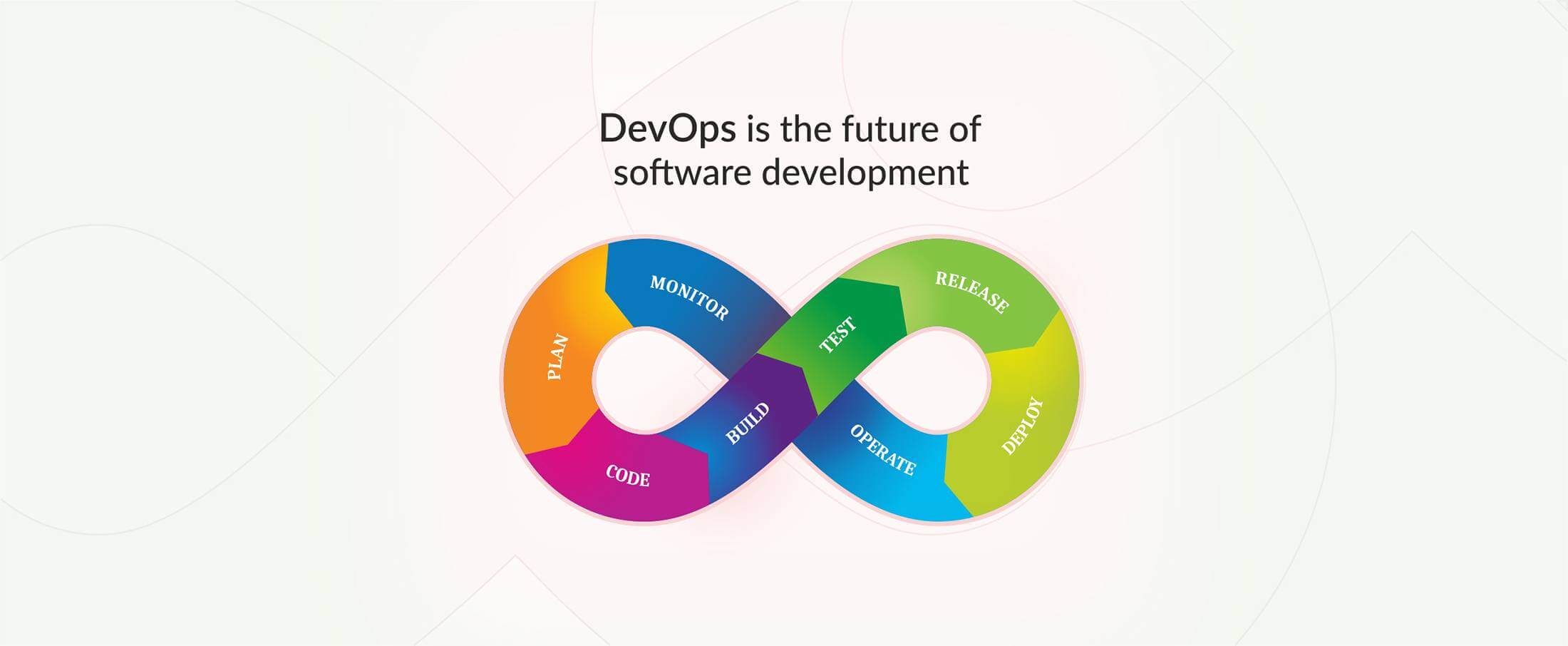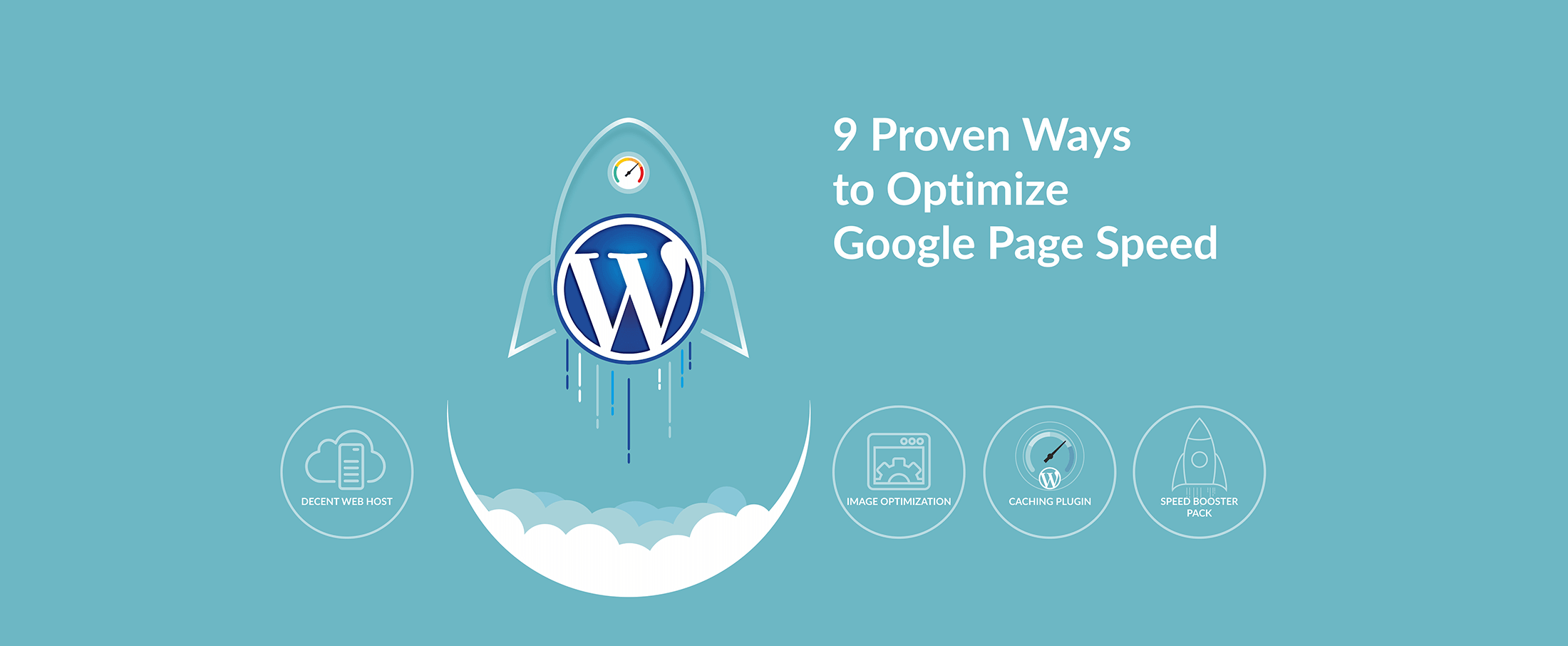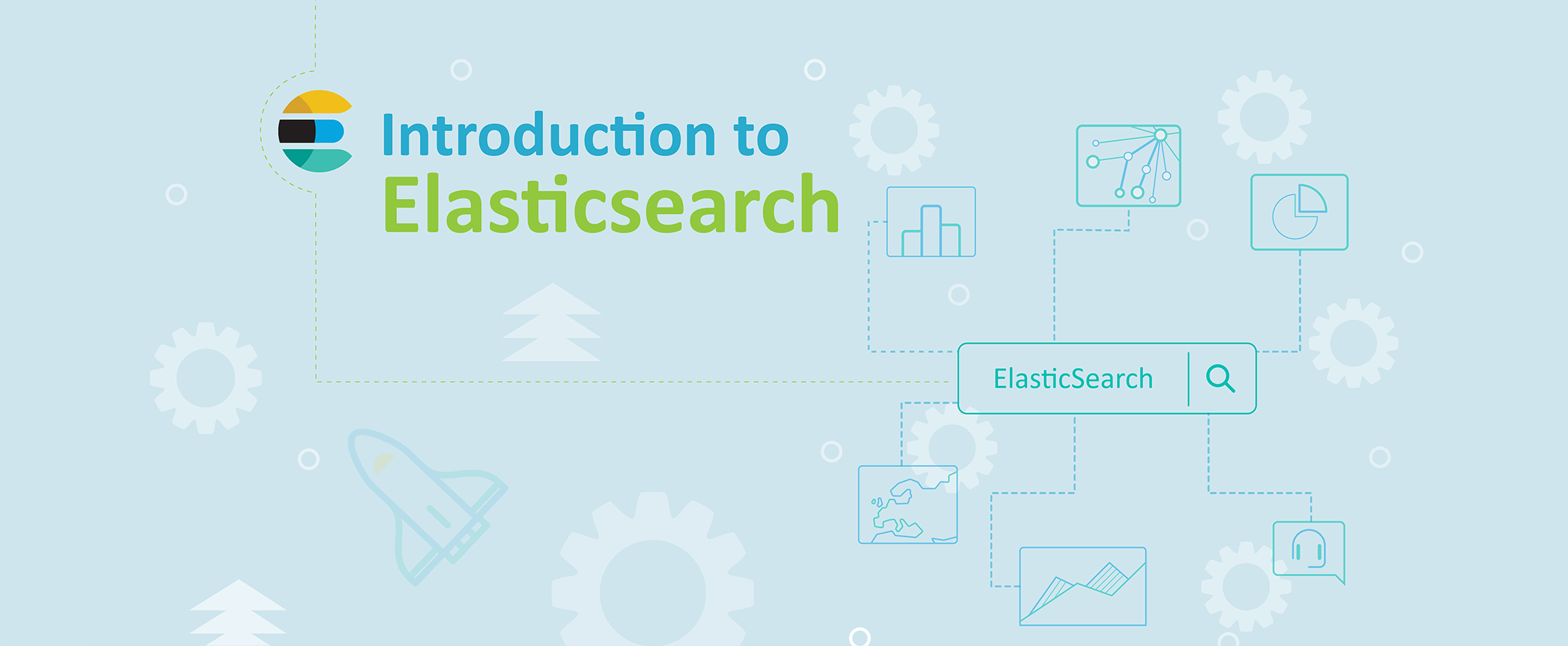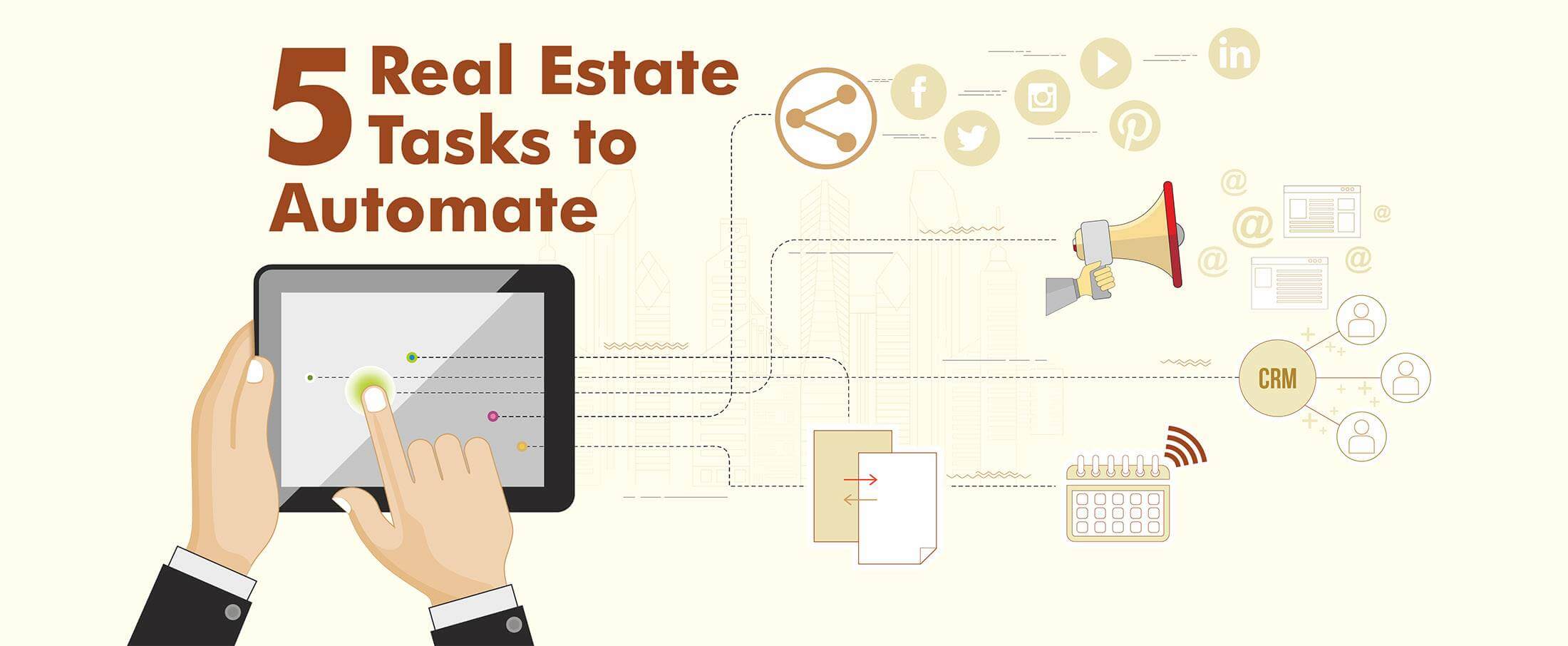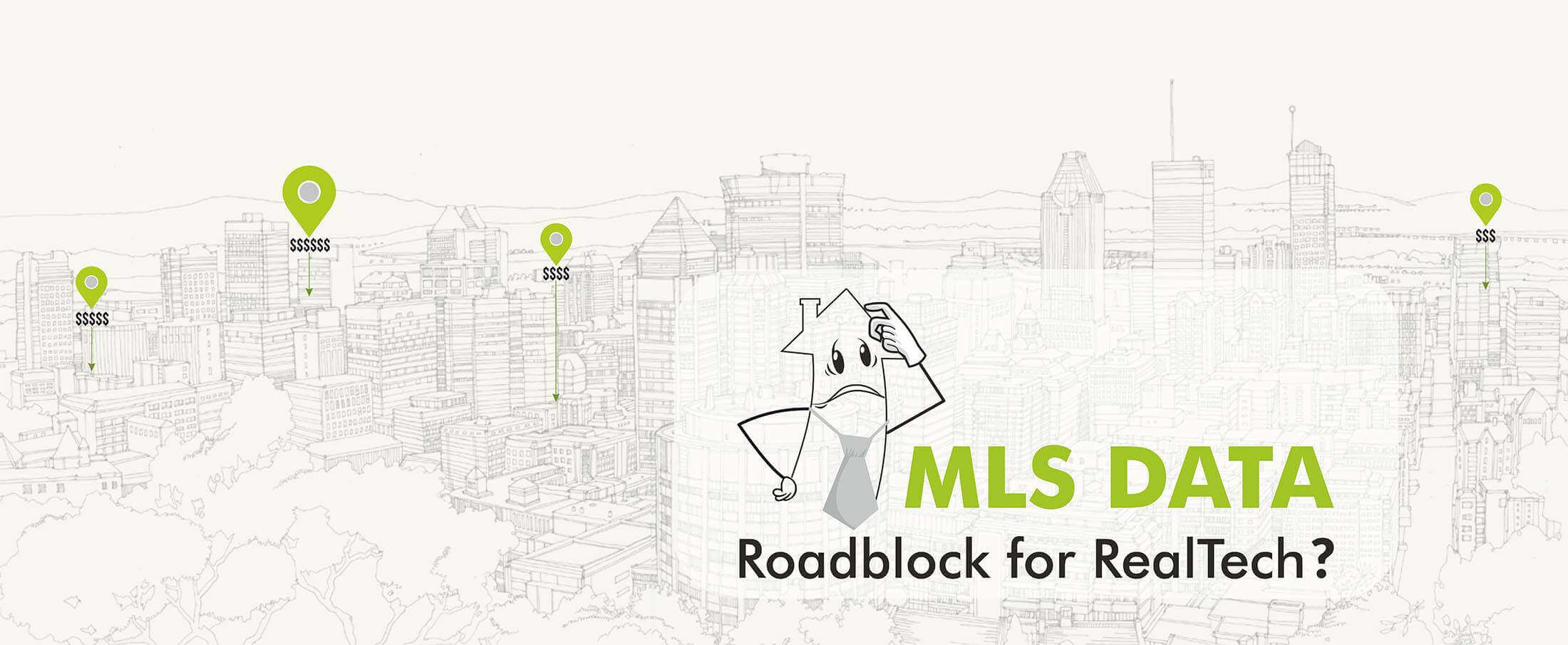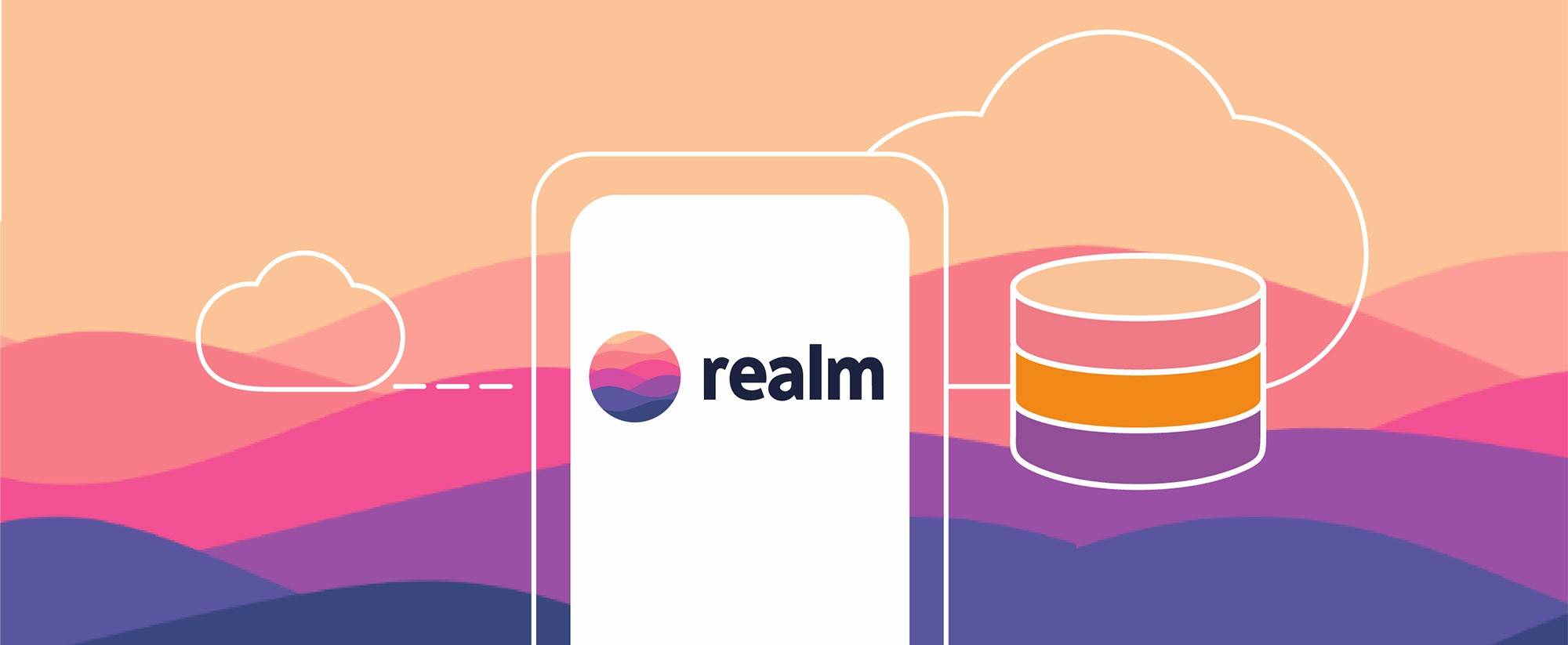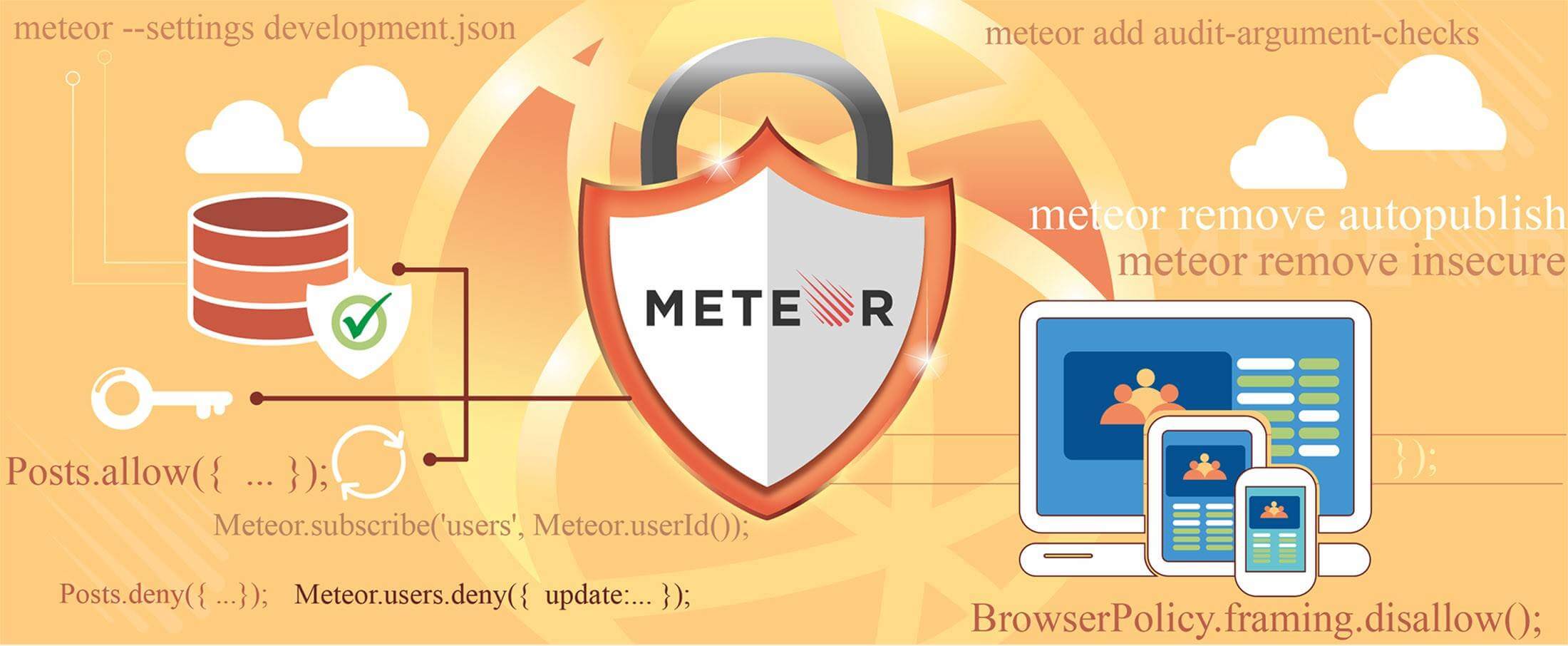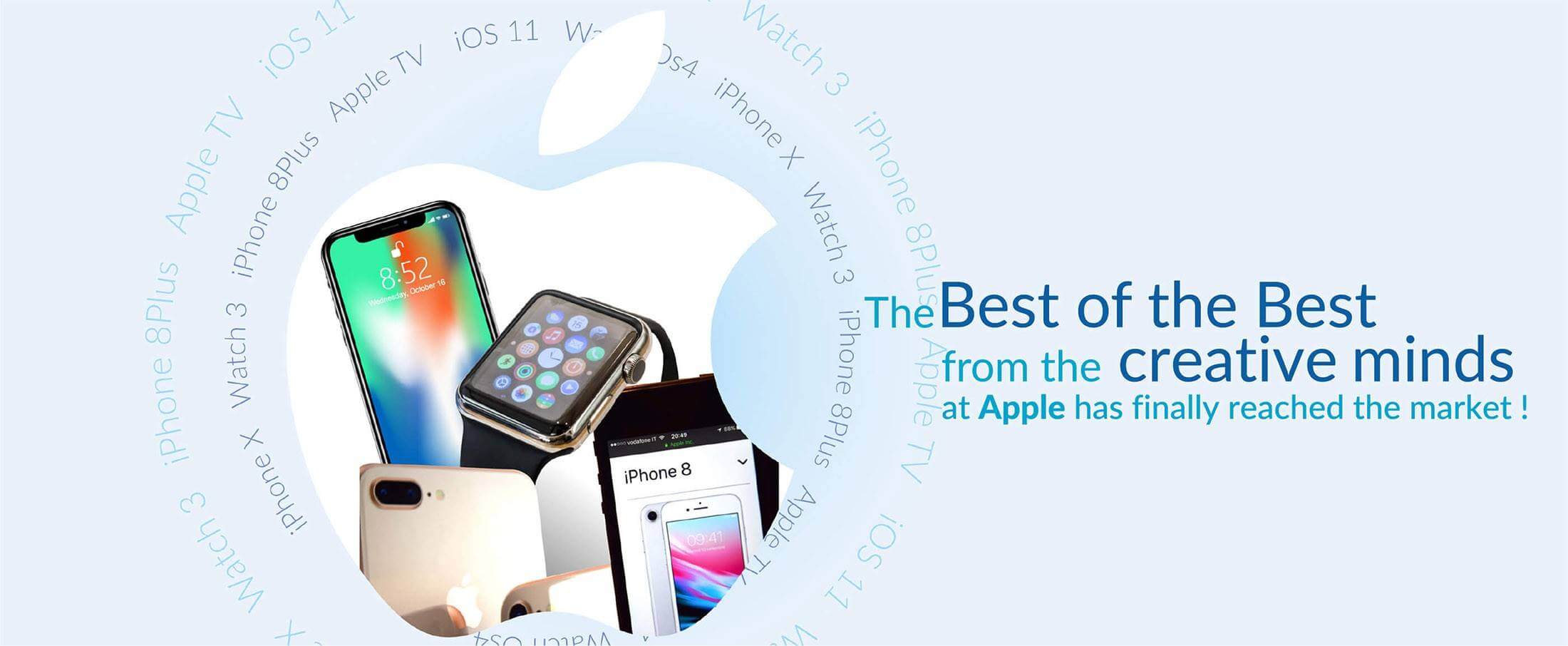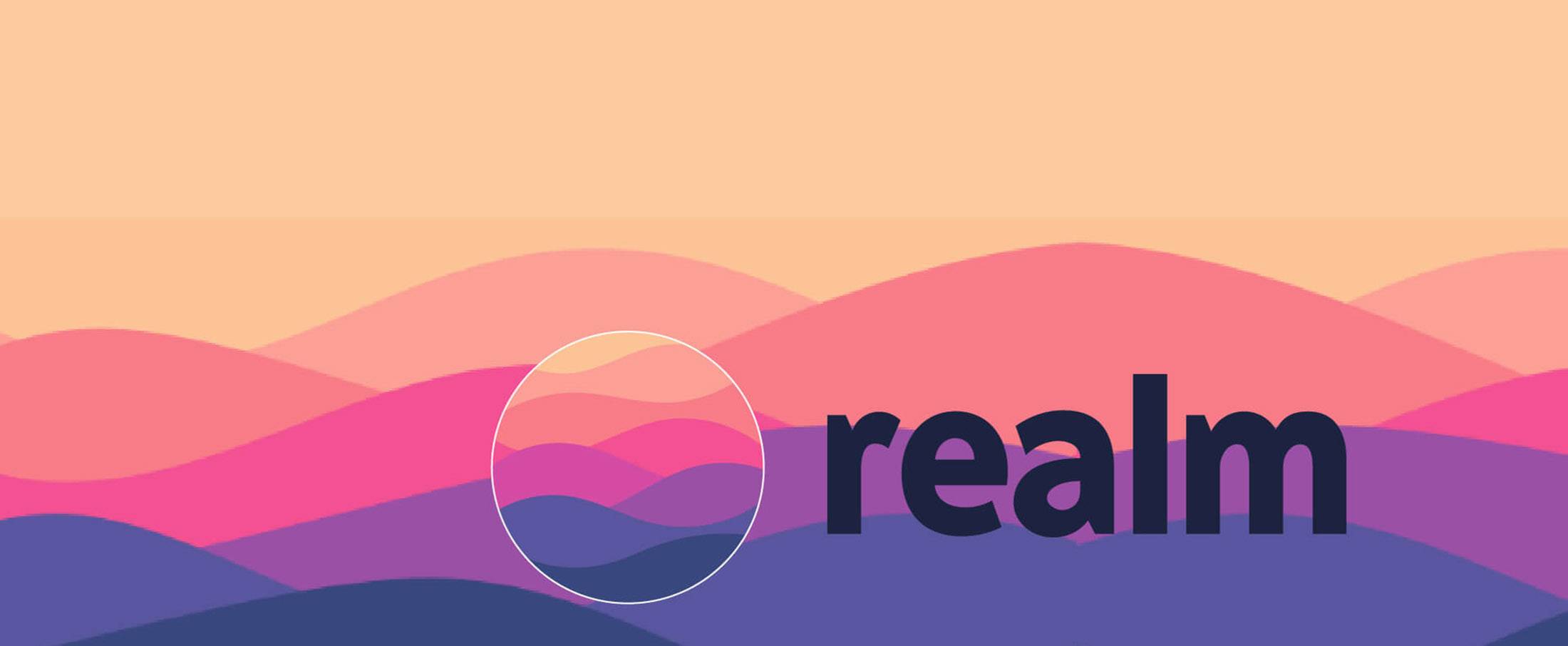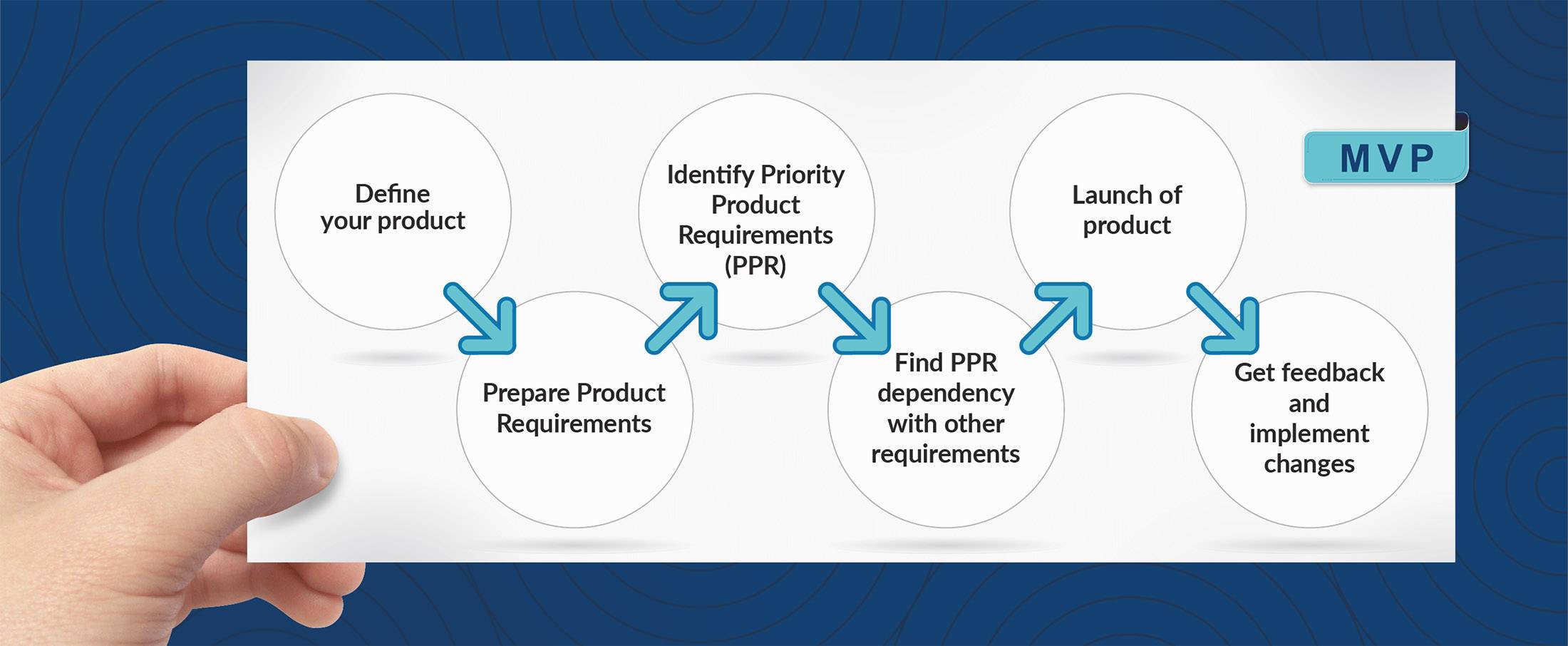Future of Cloud Computing in Healthcare
Future of Cloud Computing in Healthcare
Cloud computing has changed the way data is stored and accessed, making it possible for virtually anyone across the globe to utilize data posted by anyone else from another end of the planet. Making use of data posted by another machine, on any device, comes under the broad definition of cloud computing. If you access the internet to listen to songs or shop, that’s basically an example of the same.
Over the years, innovations in technology have meant that cloud computing has become immensely popular across industries. However, healthcare has been a bit on the slow track when it comes to making the switch from traditional methods. The main reason for this has been security concerns, privacy of patient data, and an aversion to make the switch (to some extent). However, cloud computing has a lot to offer the healthcare sector if introduced properly. Let’s take a look.
Benefits of Cloud Computing for Healthcare
Why cloud computing? Here are the reasons.
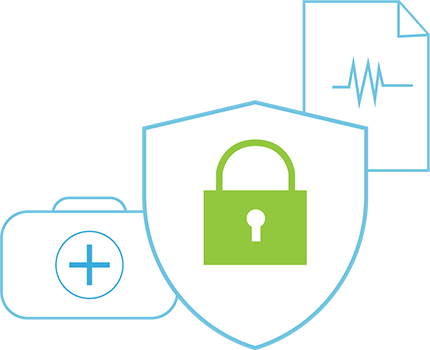
Security and privacy of patient data was one of the primary concerns of healthcare service providers for making the switch from traditional methods to cloud computing. The scenario has changed over time, as a lot of security measures are being invented and implemented for protecting patient data. The same goes for concerns towards HIPAA compliances. A lot of efforts are also being channeled towards establishing better clarity on regulations. Techniques such as data encryption, backups, recovery, permission-based data availability are being worked on.
Data is a never ending thing; the amount of data churned out on a daily basis is huge. So it can be safely said that this number is only set to increase. This is where healthcare organizations are facing an issue – how to deal with ever growing data. Storing infinite records and other information becoming a hindrance is an eventuality. Cloud computing seems to be the only viable and practical option for dealing with ‘Big Data’ problems at the moment. The reason being, technology like blockchain is slowly being introduced in healthcare. Add characteristics like data security and recovery to it, and you have a great solution!
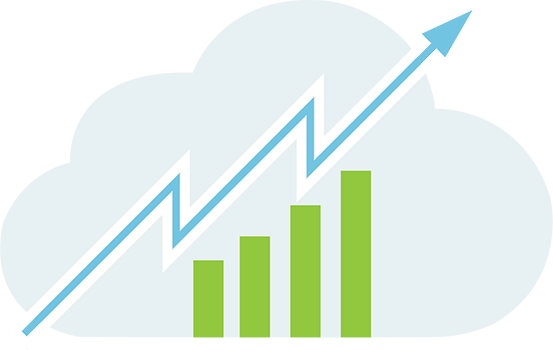

Data integration and easy access of EHRs or EMRs to various healthcare service providers is one of the primary aims of the healthcare tech industry at the moment. If a person faces a medical emergency outside his/her geographical area of residence and away from the designated healthcare unit, then making his/her data available to the medical personnel attending to the patient is crucial in terms of saving time, resources, and money. Integration of patient data across common platforms eases the process for all healthcare service providers involved.
Storing and uploading data to the cloud is any day a more reasonable affair as compared to traditional methods. It minimizes a great deal of resources spent, allowing healthcare institutions to channel that money into more lucrative and necessary activities. Not to mention it’s a great time saver, and also reduces the risk of errors and mismanagement greatly.
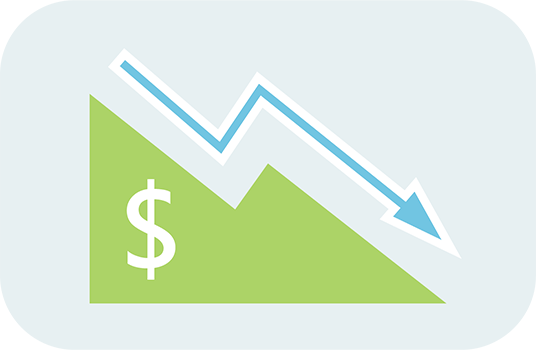
The Future of Cloud Computing in Healthcare
-In 2004, healthcare providers spent $2.4 million globally on cloud computing; this number was estimated to rise by 20% annually until 2020, when it would hit $12.6 billion. To further strengthen these numbers, a 2014 analytics cloud survey by HIMSS found that 83% IT professionals in healthcare institutions were using cloud computing methods for hosting data, health information exchange, backups and data recovery, interoperability, etc. It also found that applications which were SaaS based were the most popular, at 66.9%. As of 2015, 26% of US hospitals were already using all these methods.
-The growth of tech devices in healthcare, like BP monitors, wearable devices, health trackers, pacemakers, etc. is setting the trend. These devices integrate with applications and infrastructure to send data to healthcare professionals over the world. The scope for this is immense, with healthcare professionals now able to gather and track data from thousands of patients for better understanding and research.
-And let’s not forget the cloud computing innovations and offerings that are taking the market by storm. It can be said for certain that cloud computing in the healthcare sector is gradually taking a strong foothold.
- Cloud Computing
- EHR
- EMR
- Healthcare
- HIPAA
- Security
Mobifilia
5 March 2018
